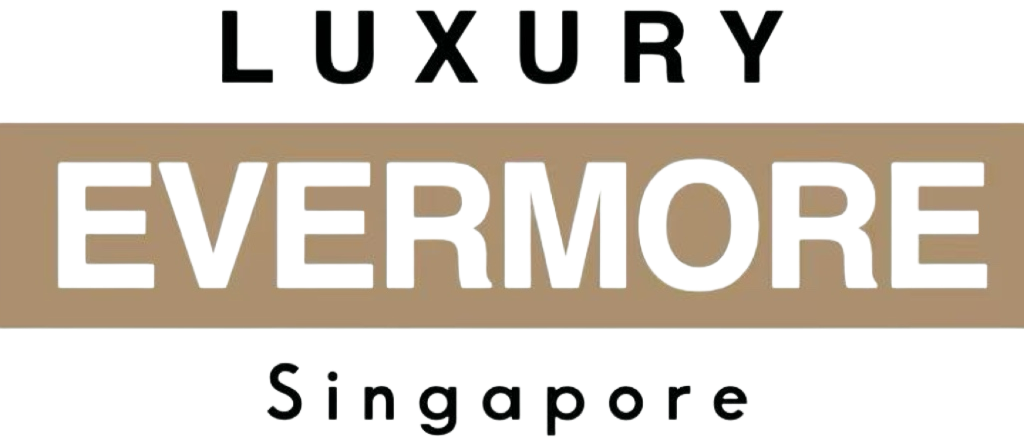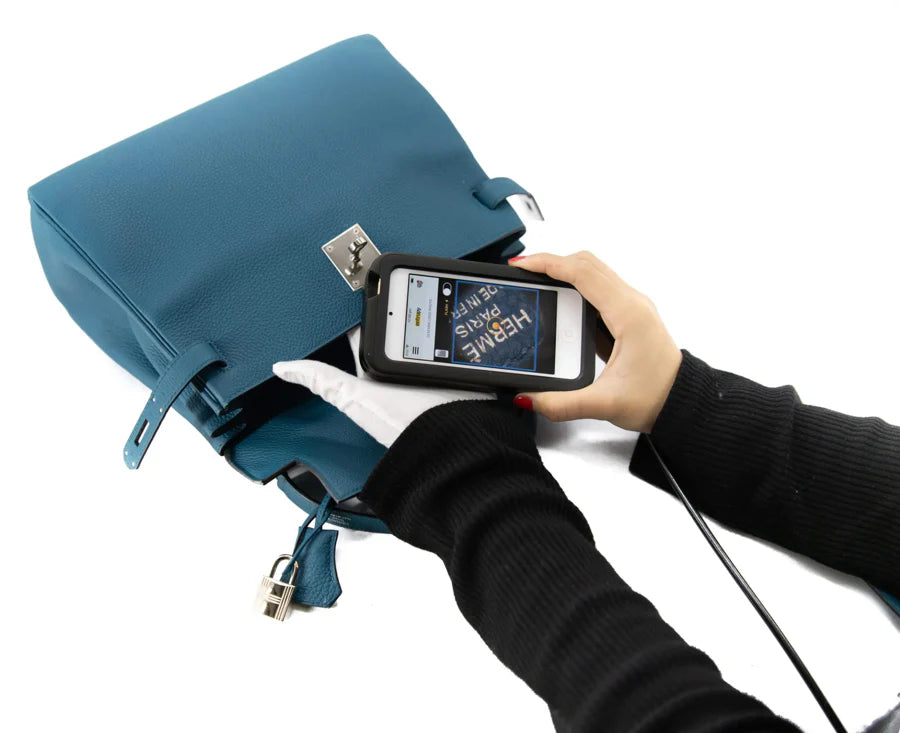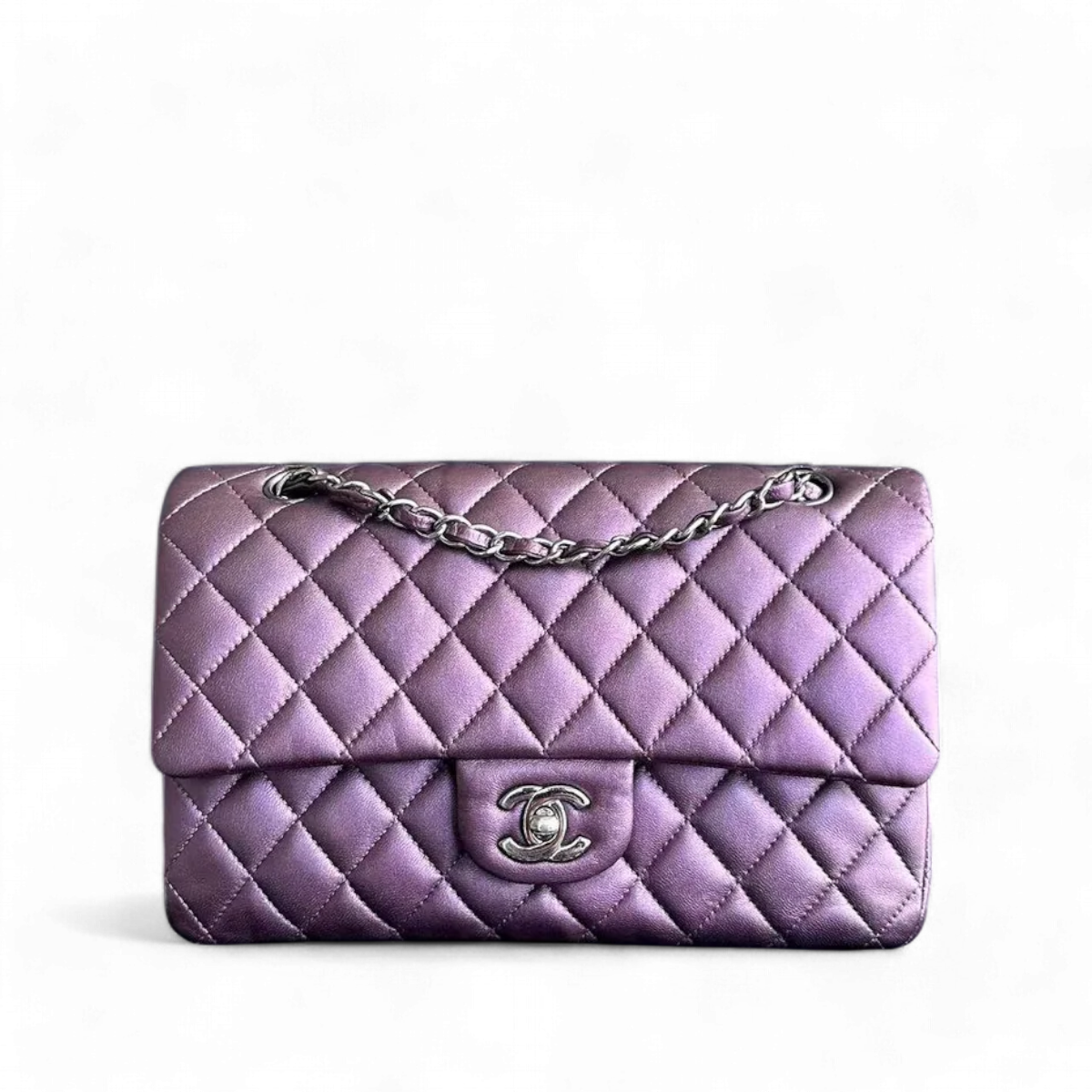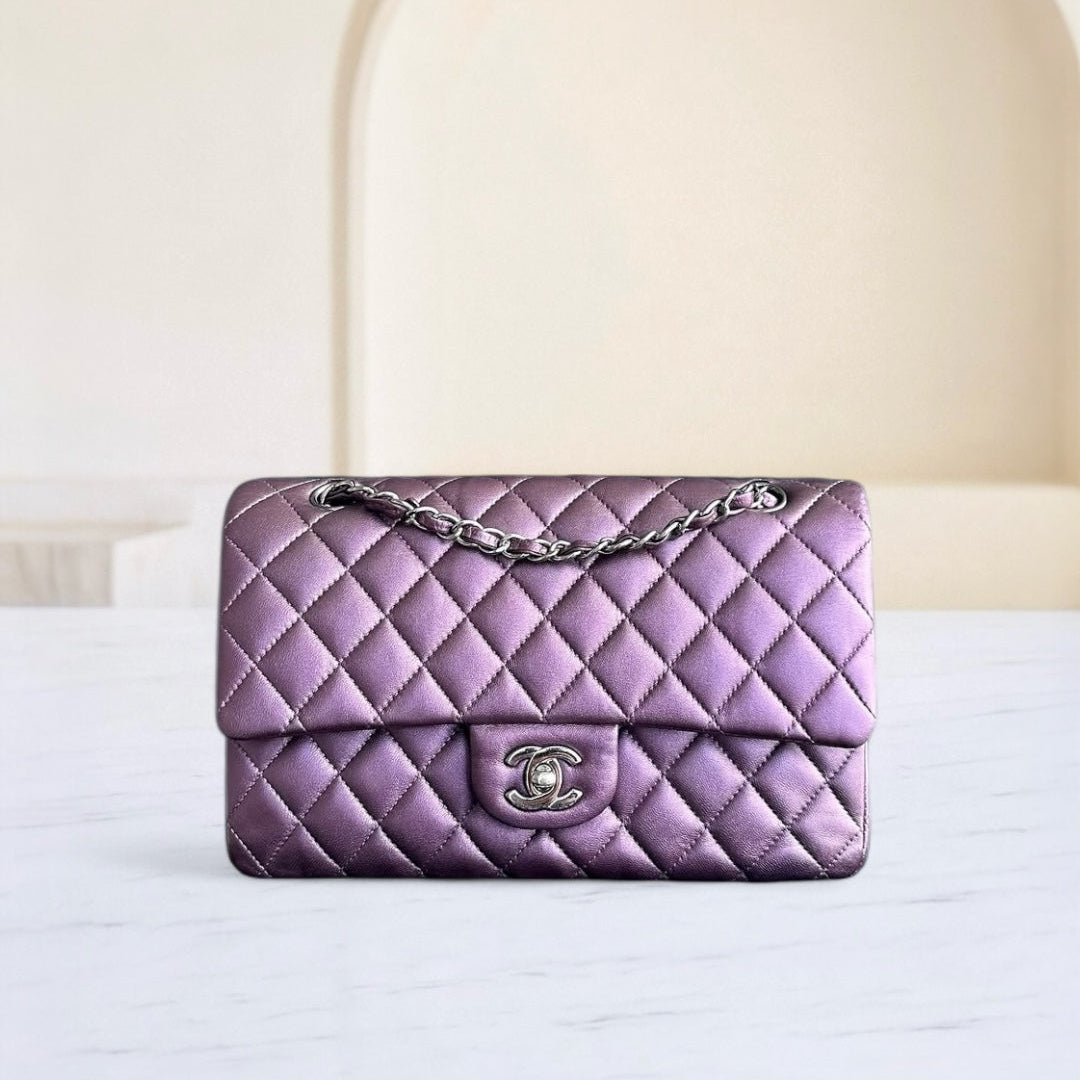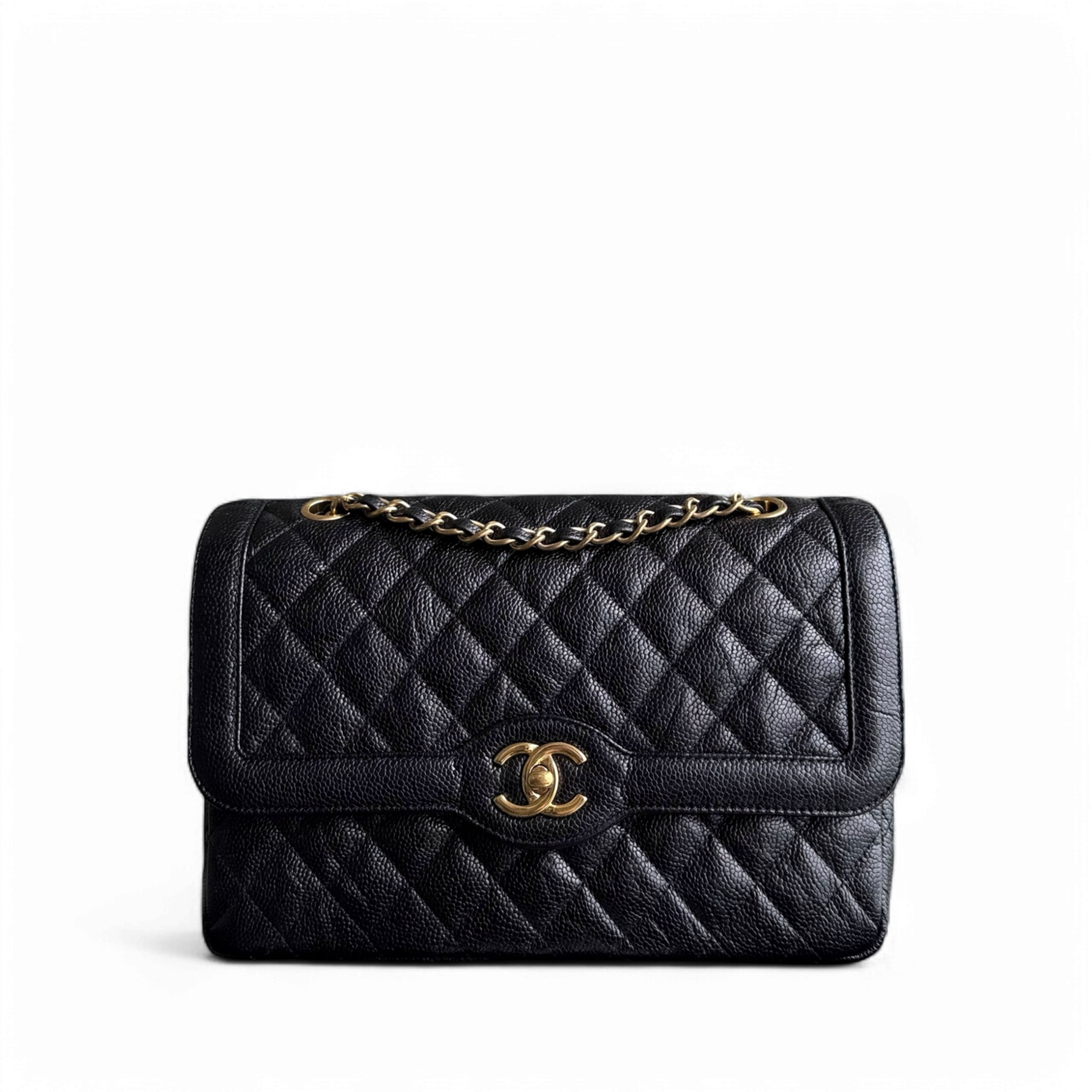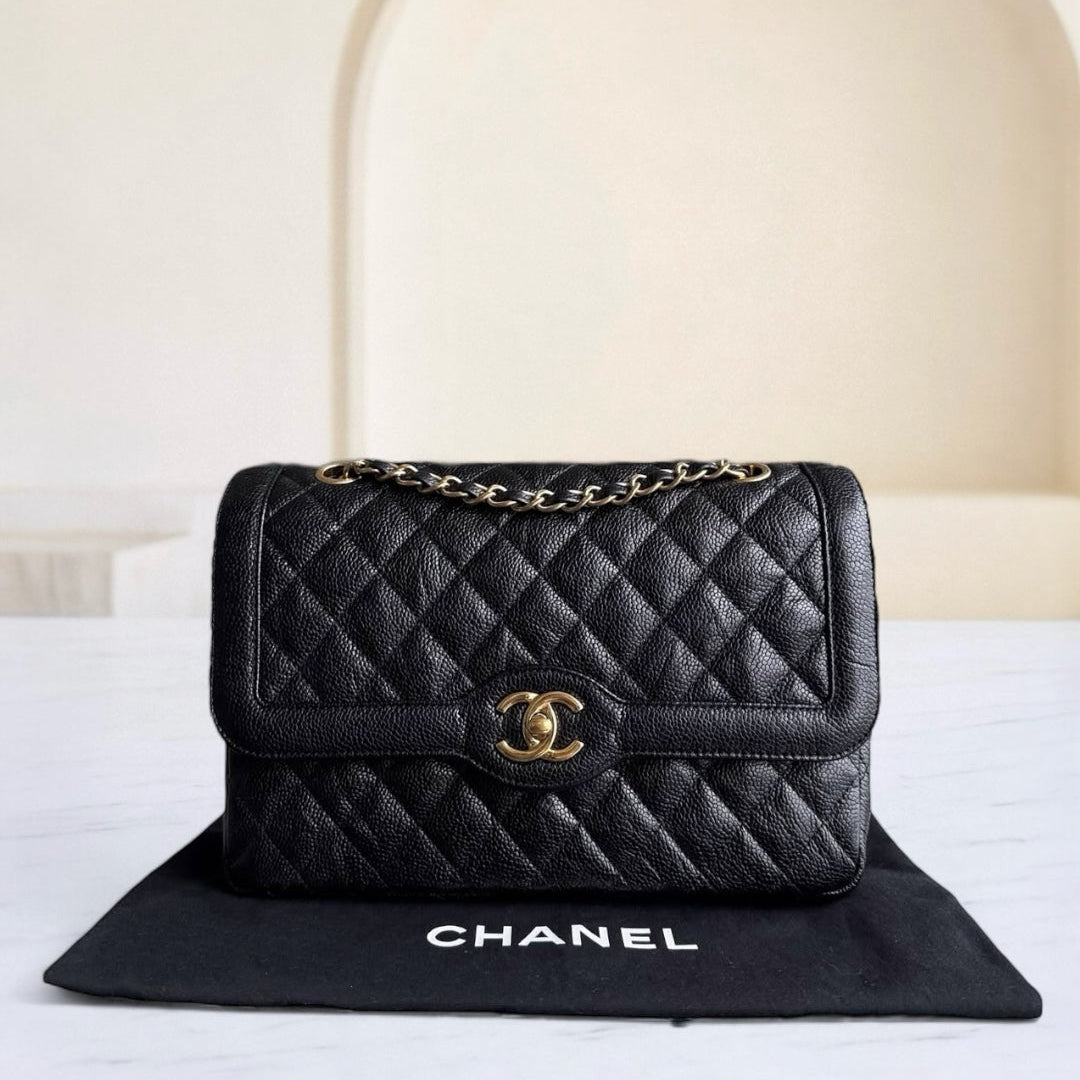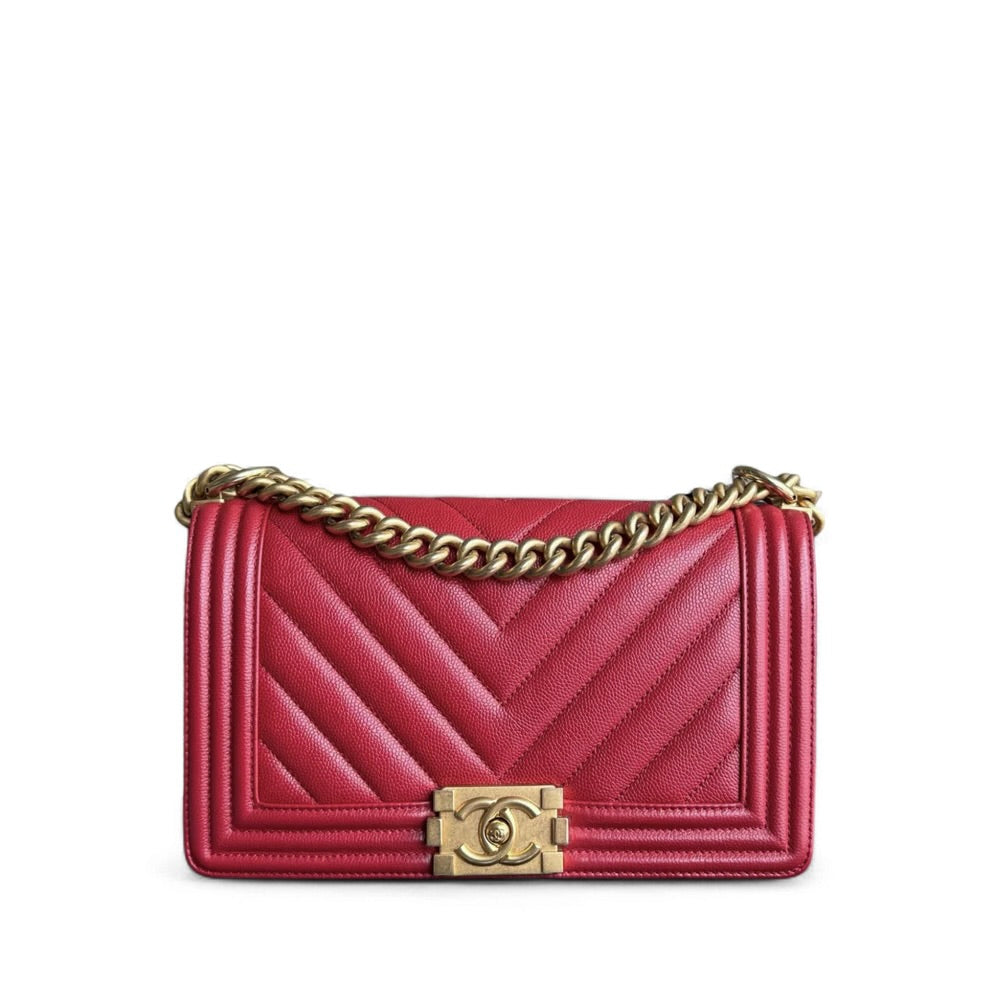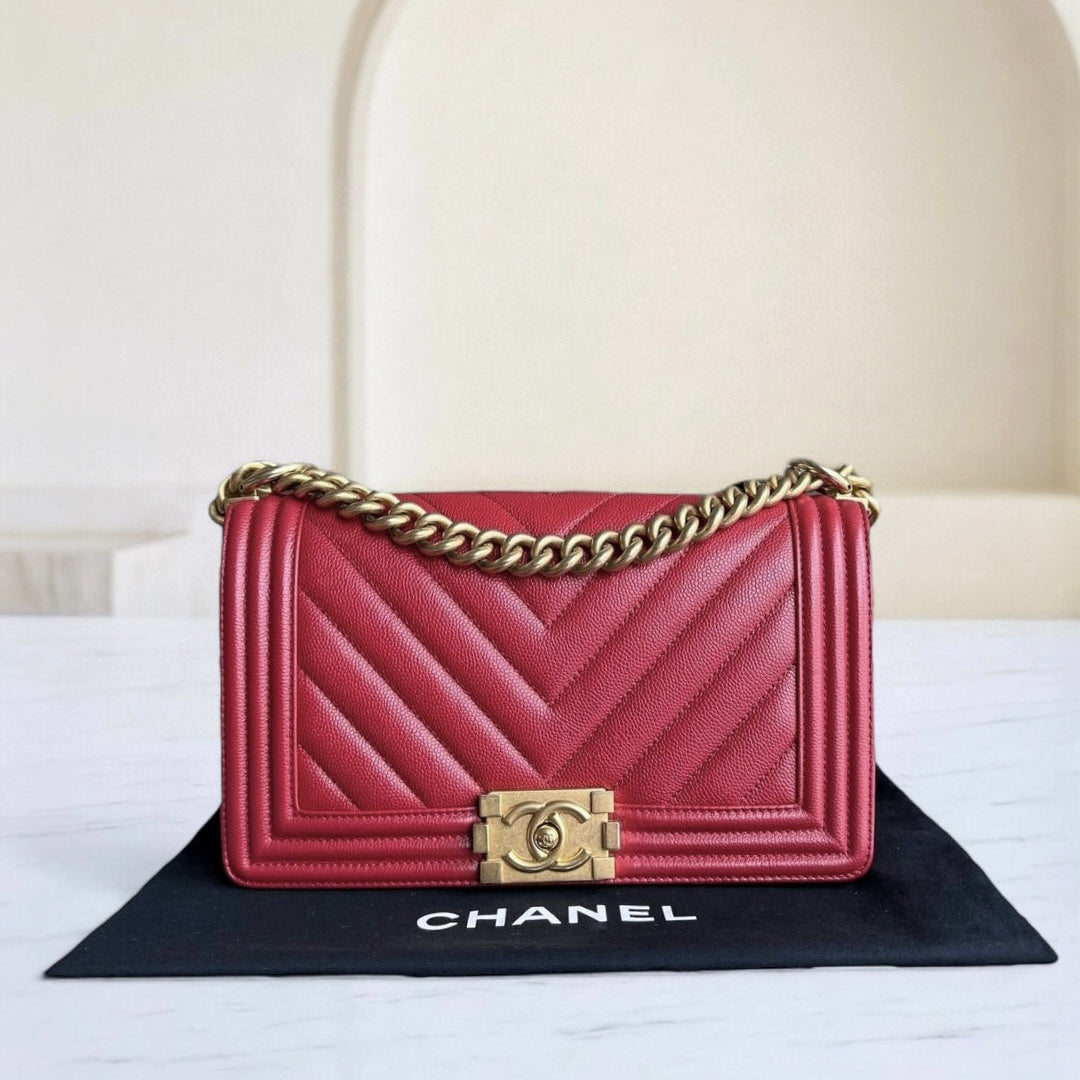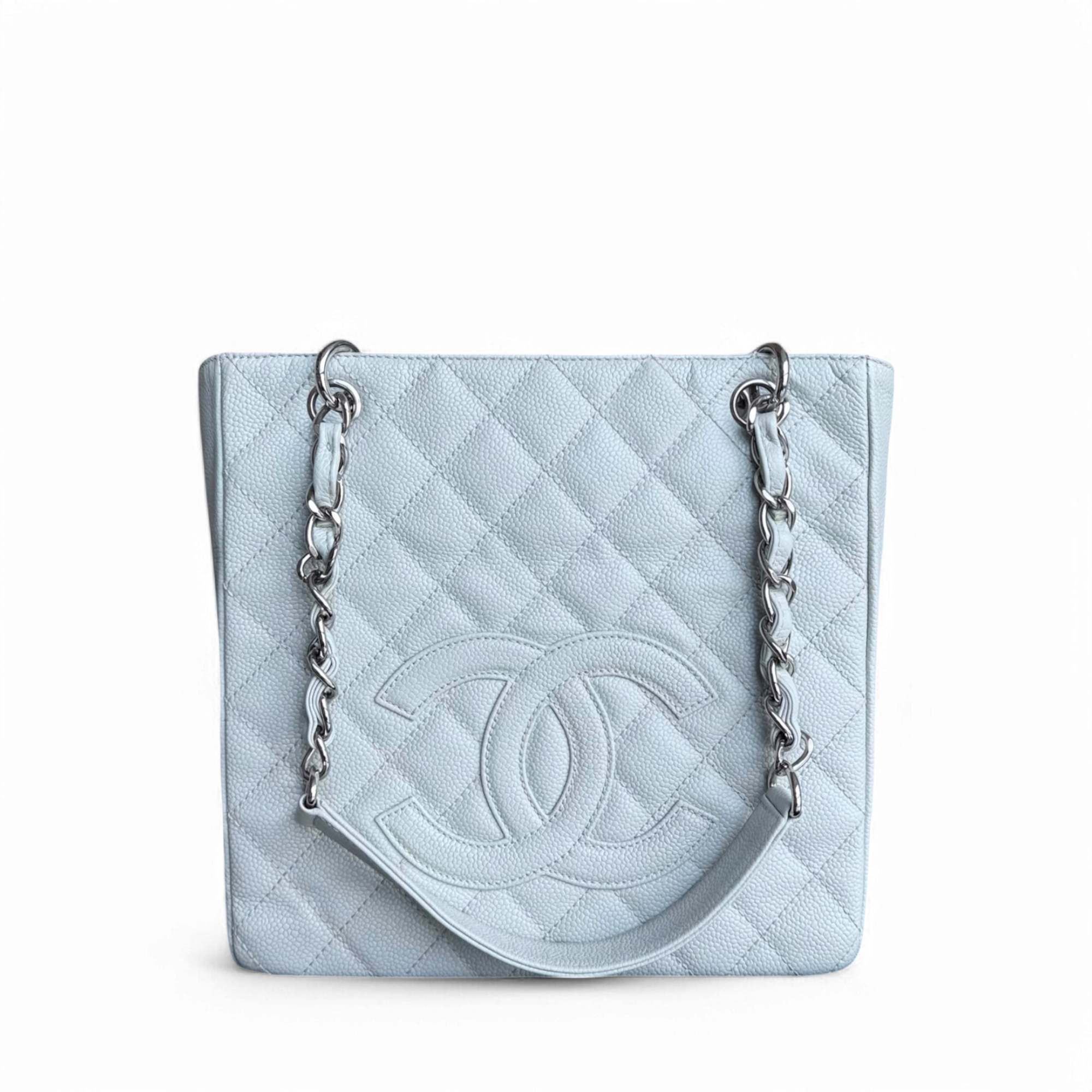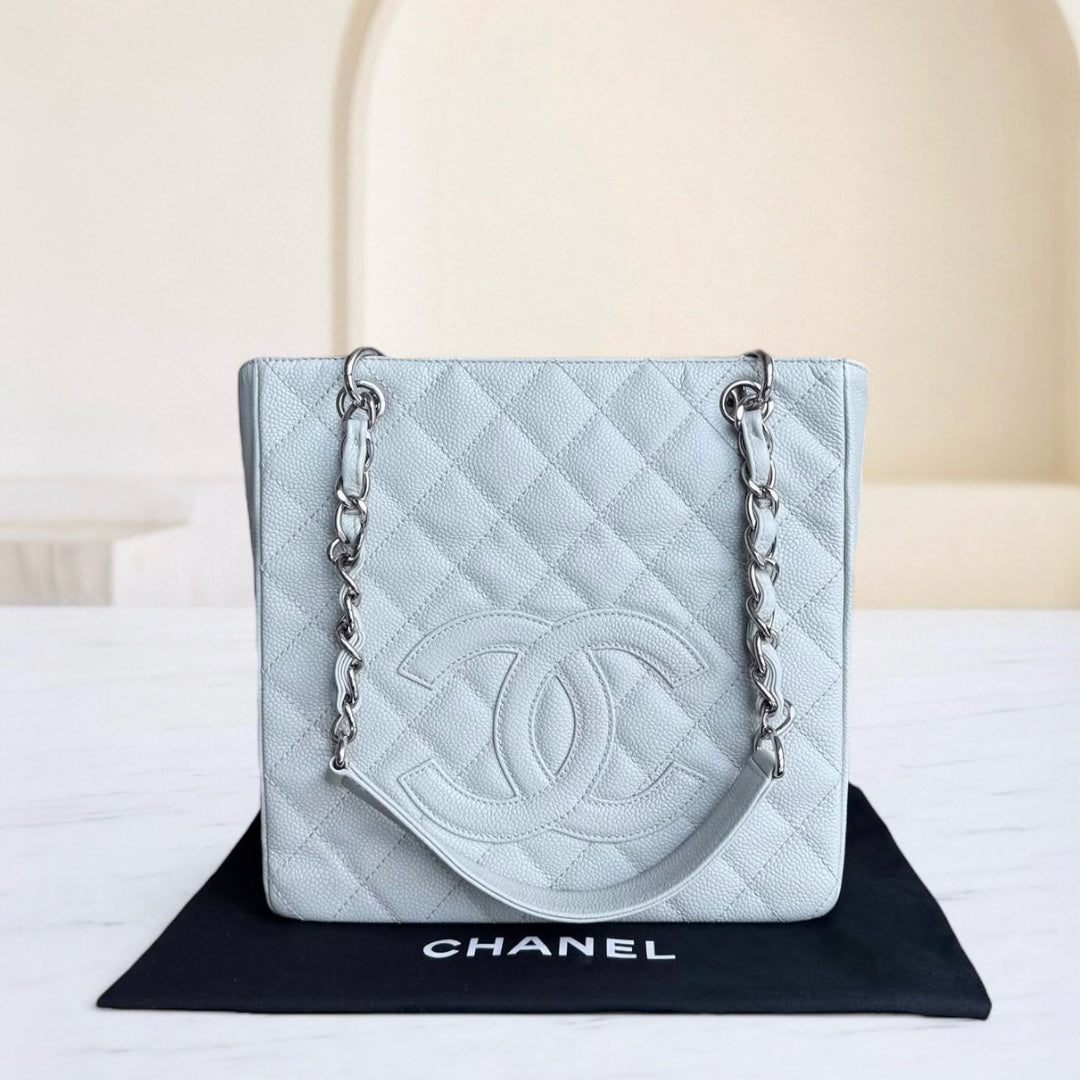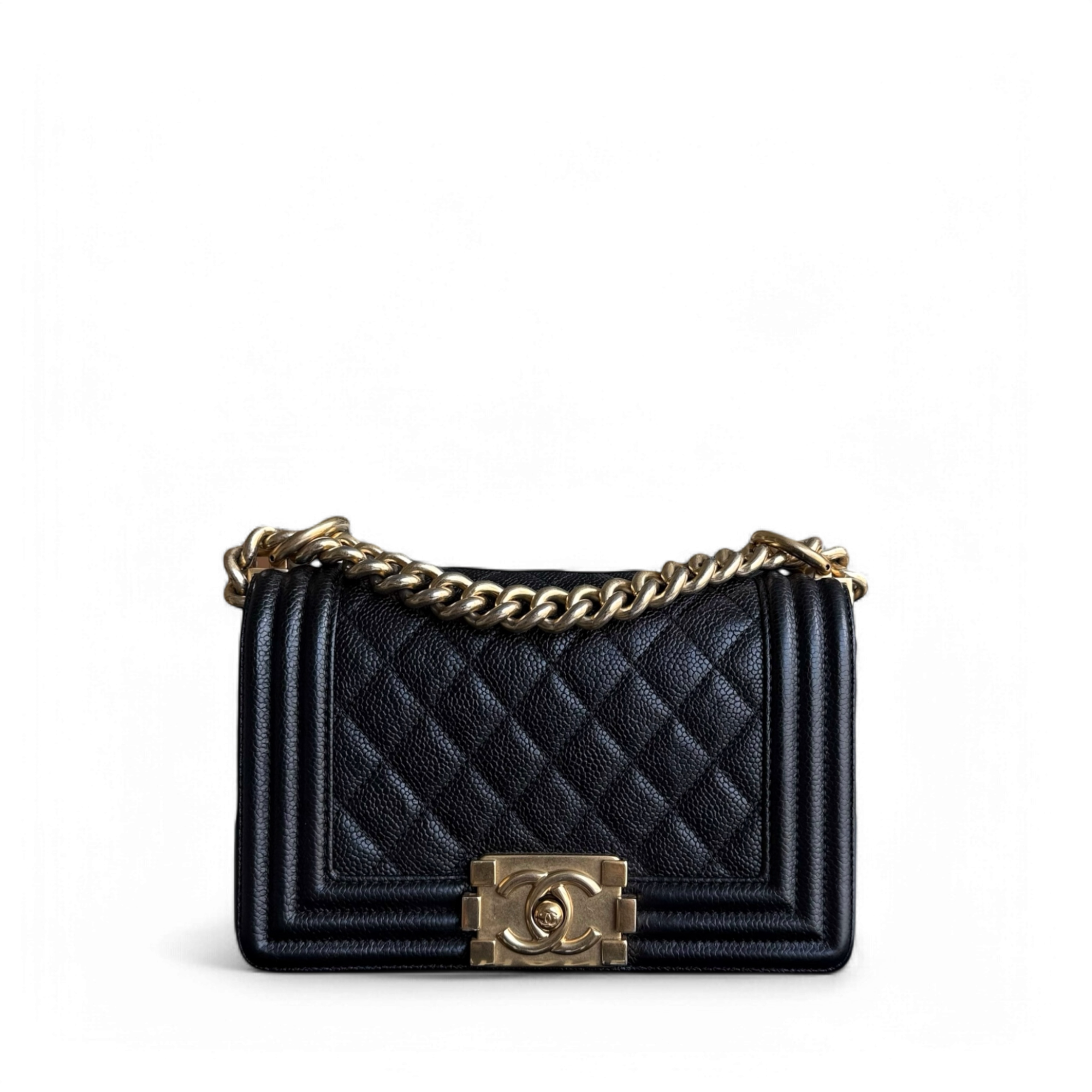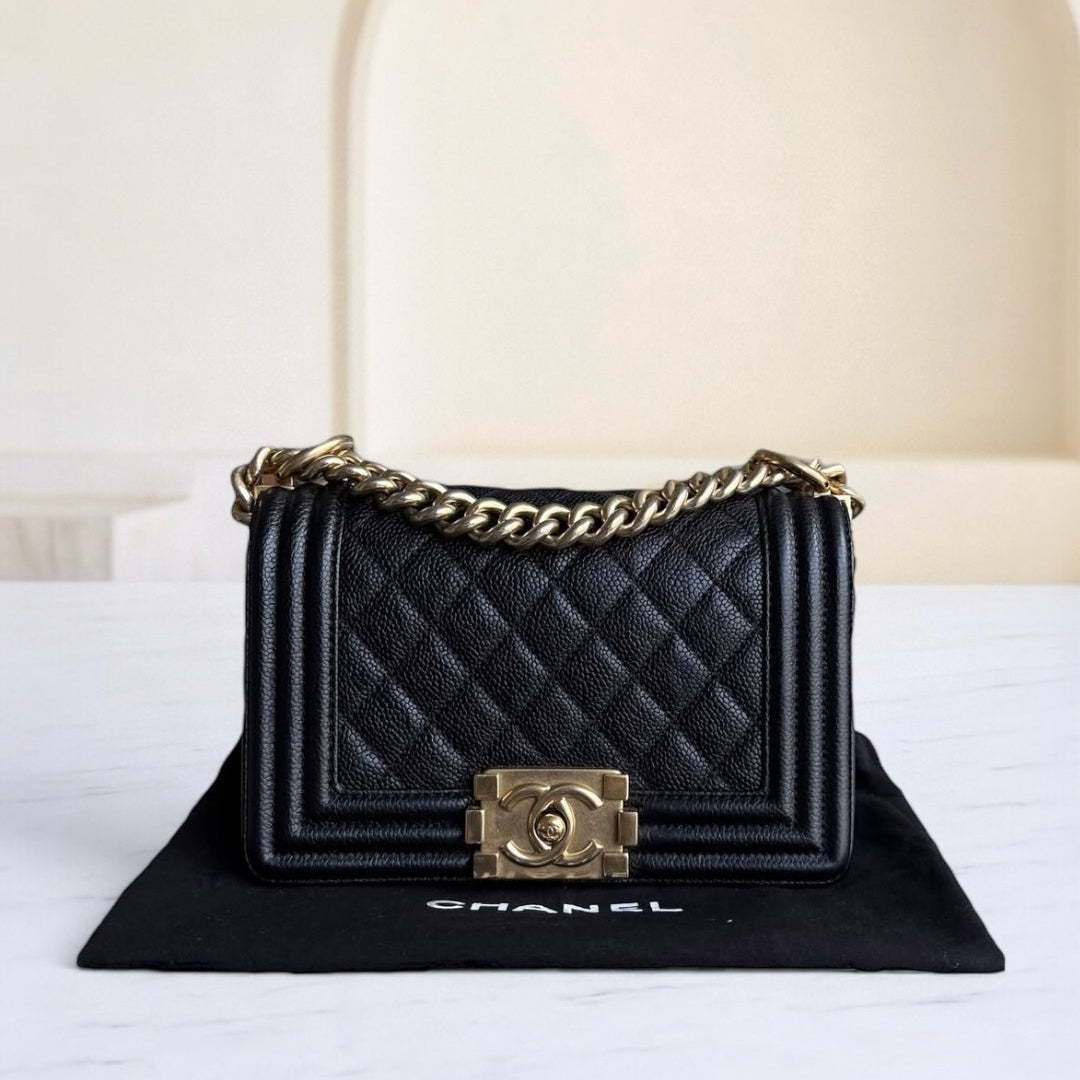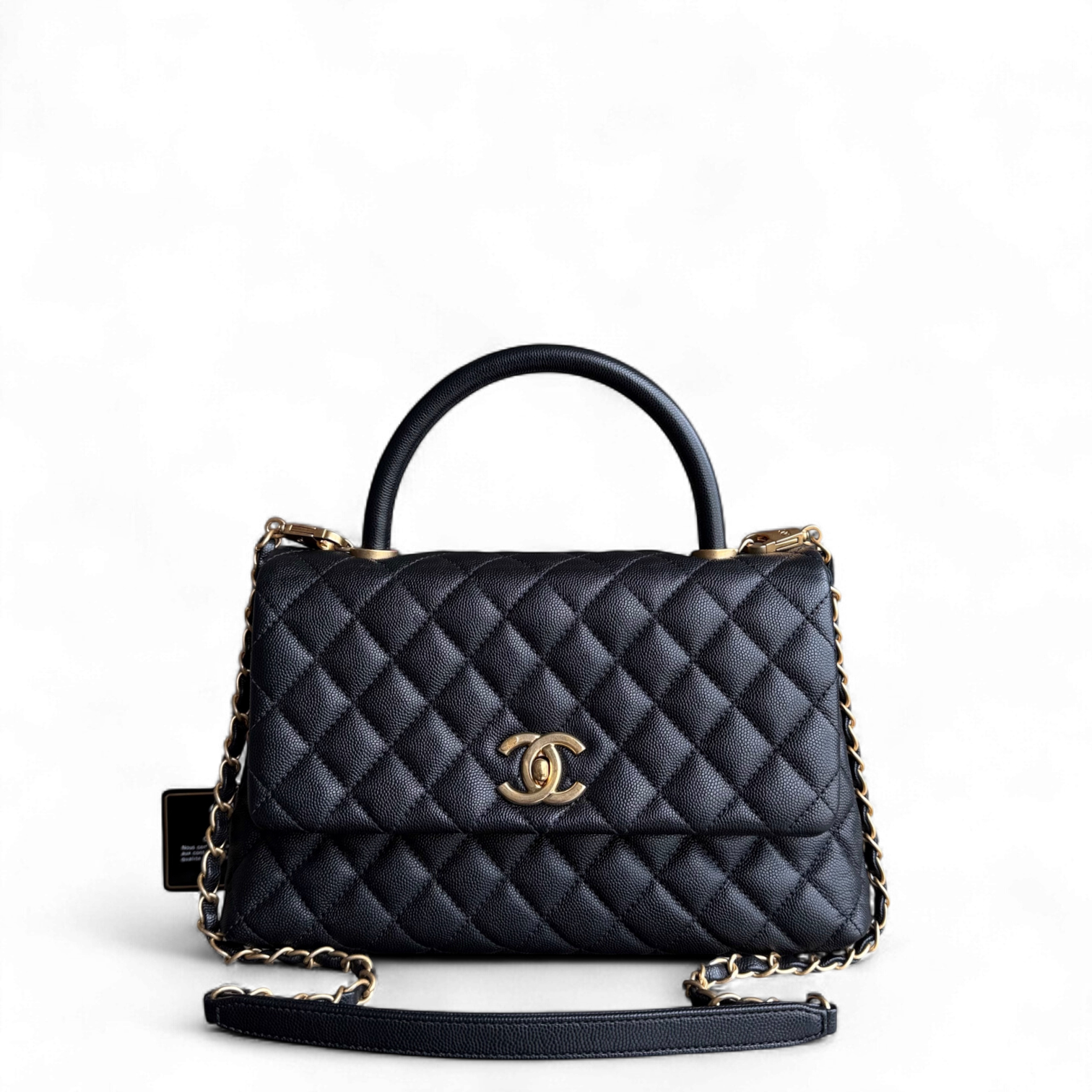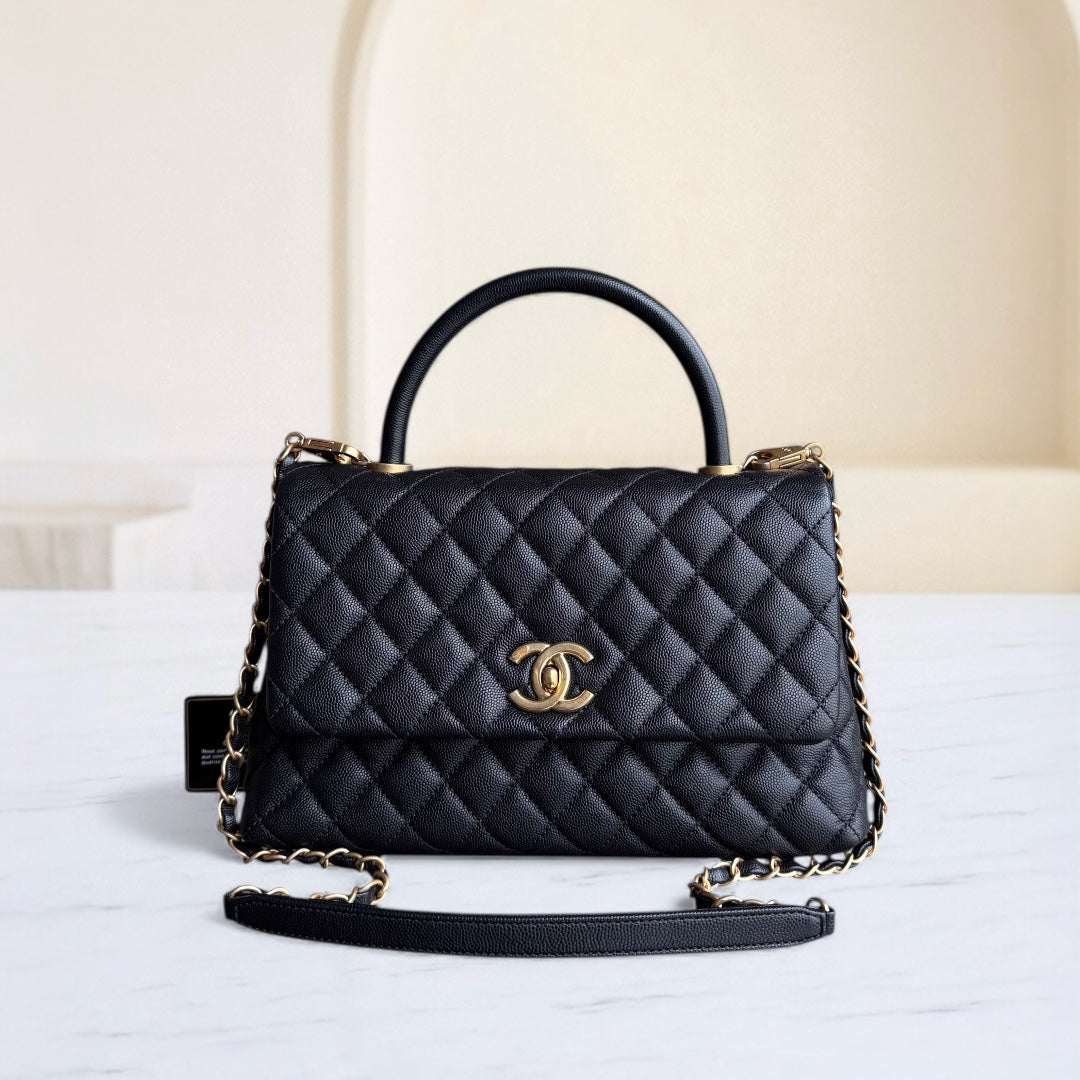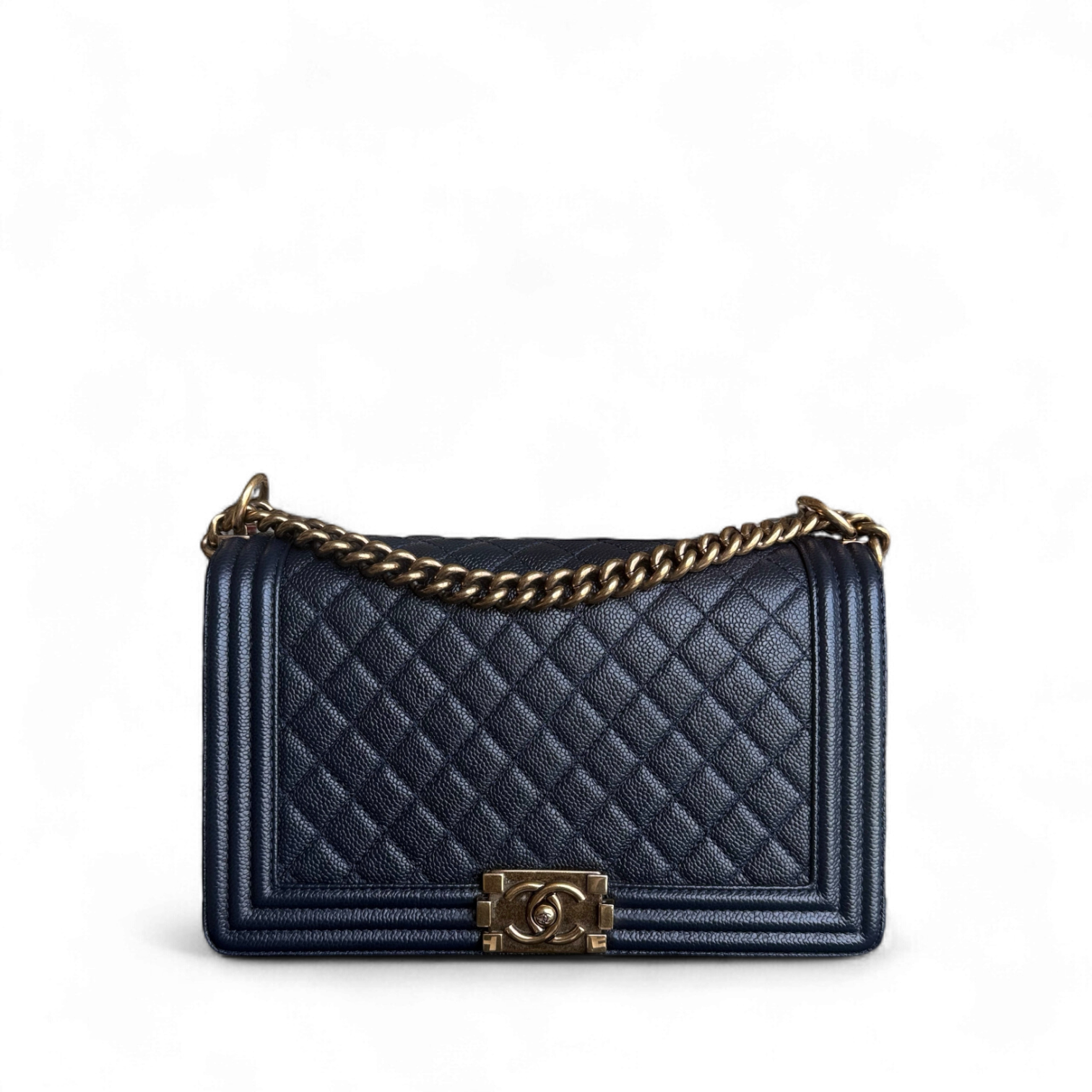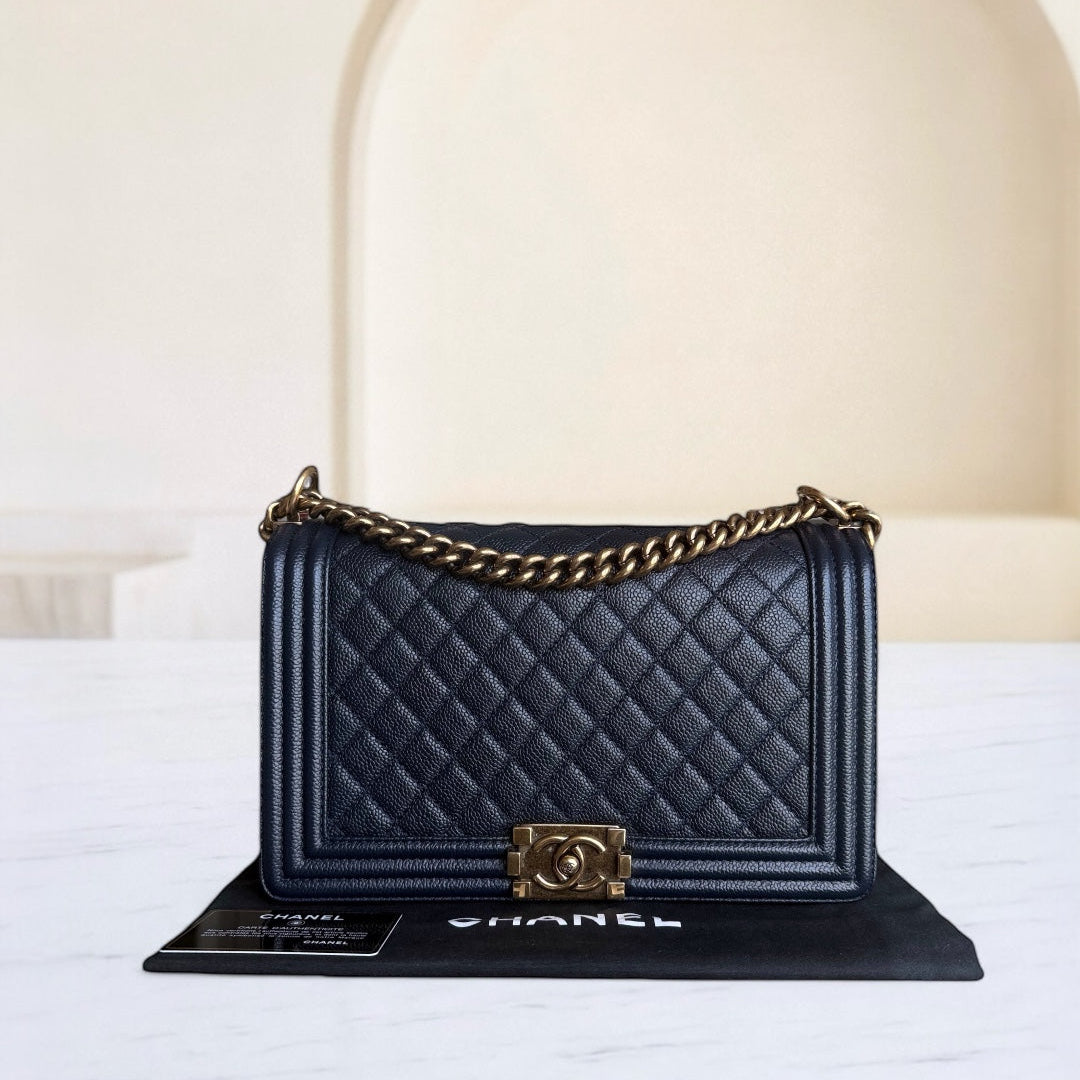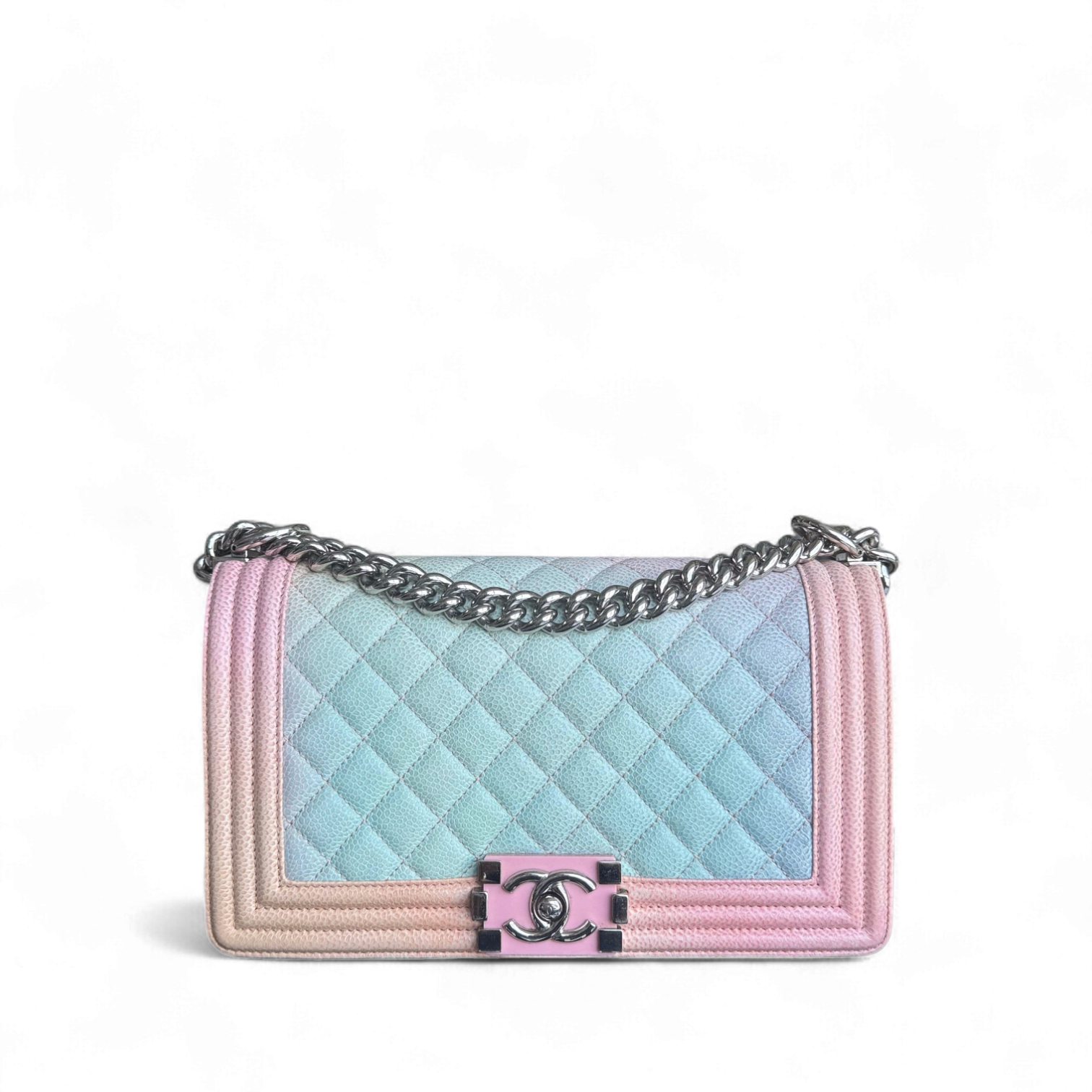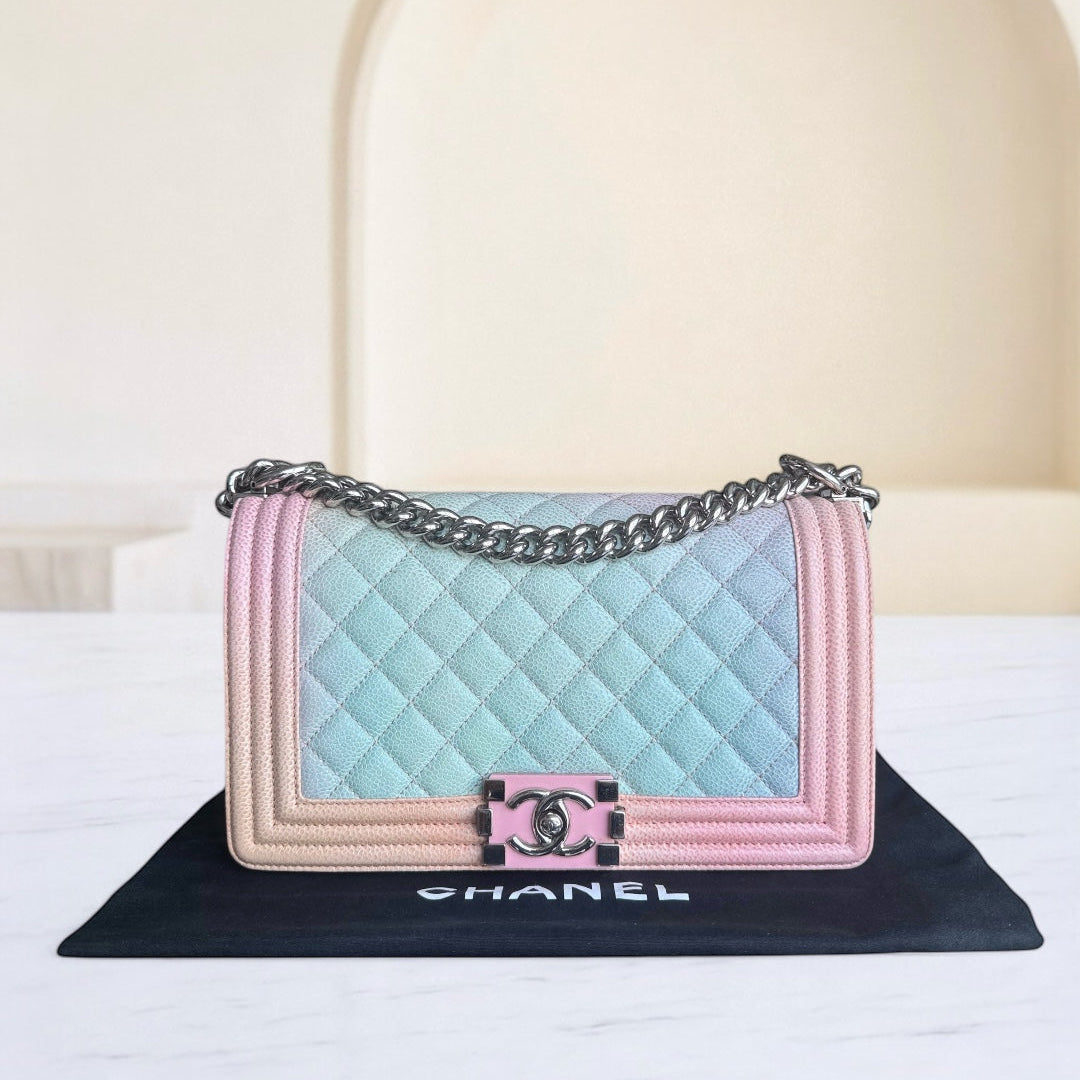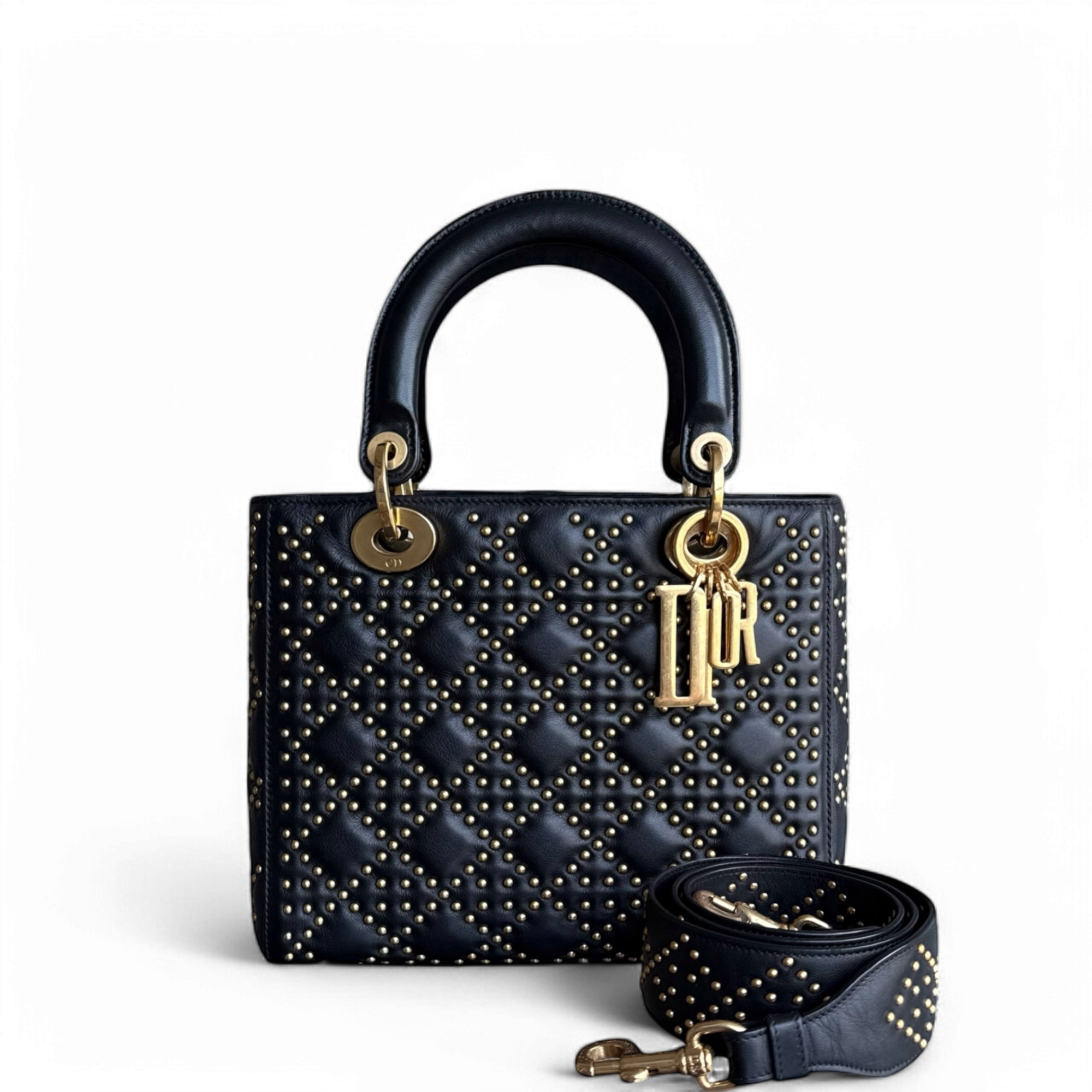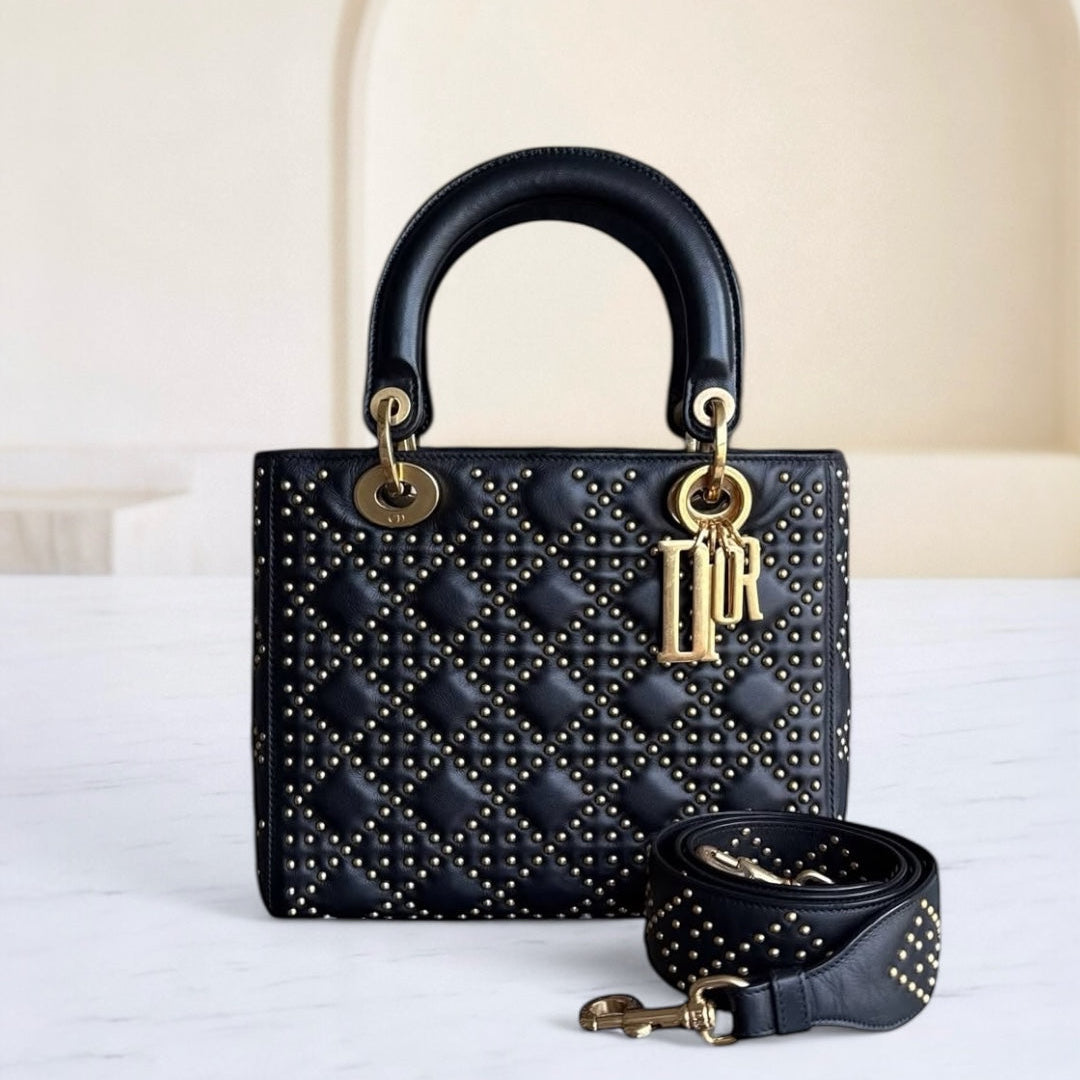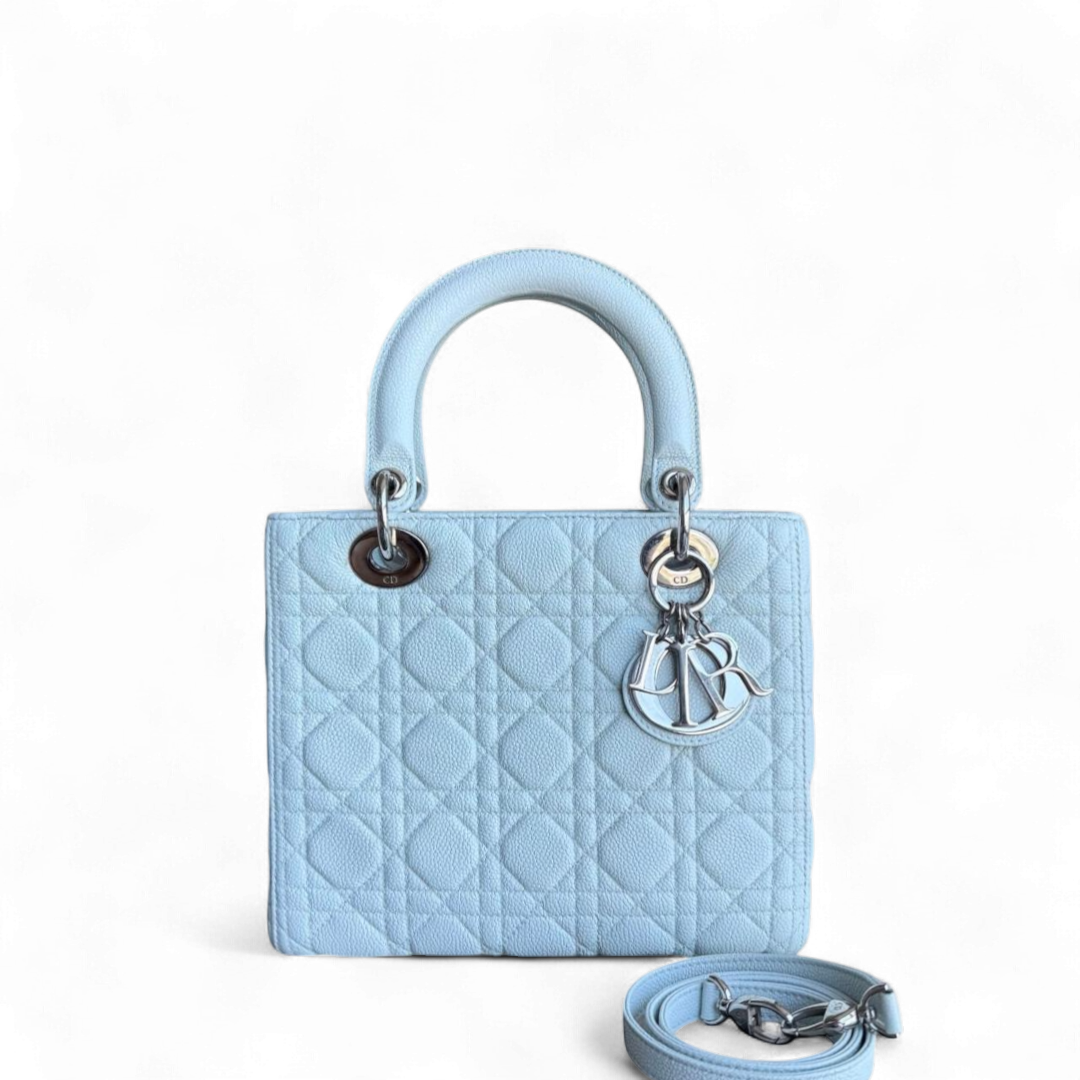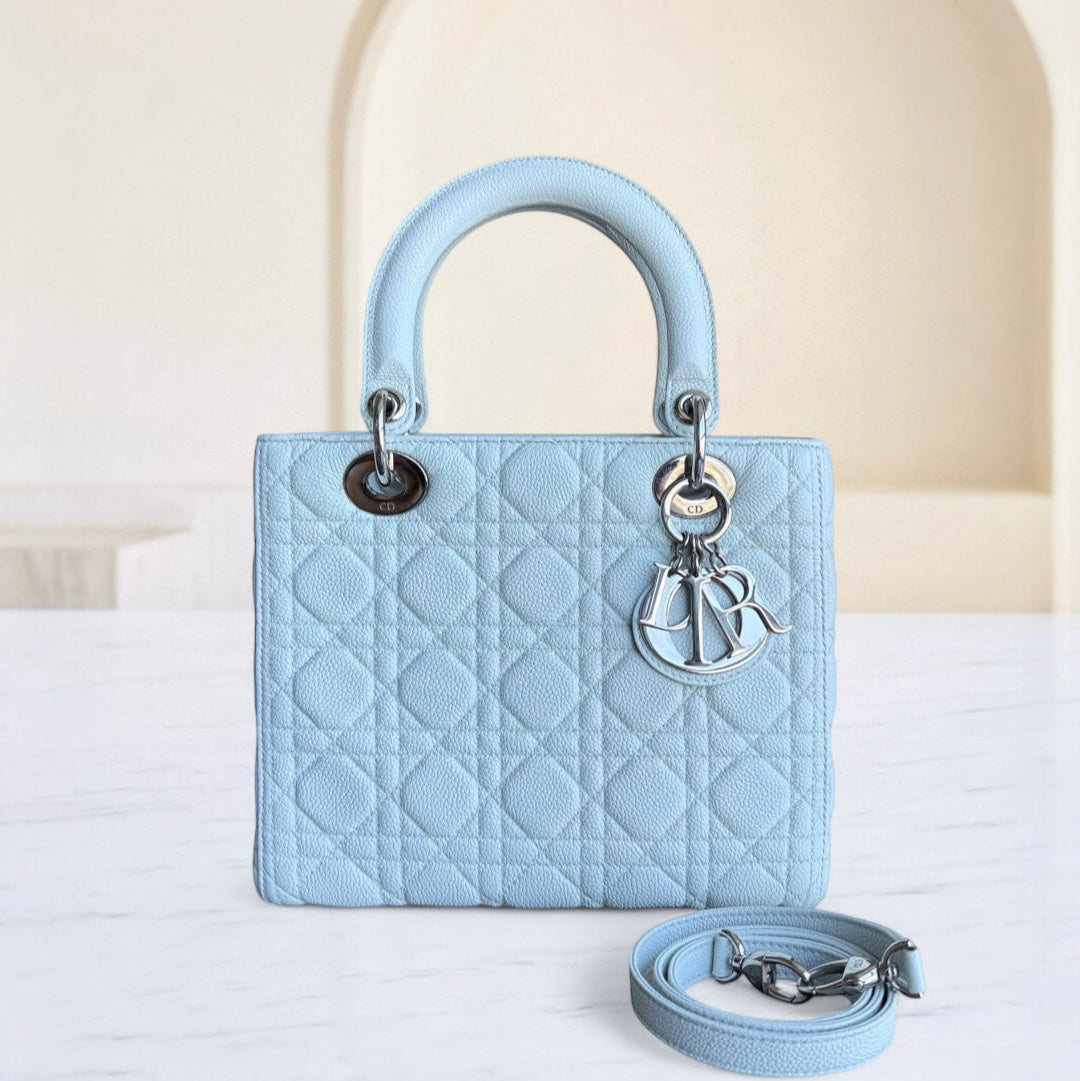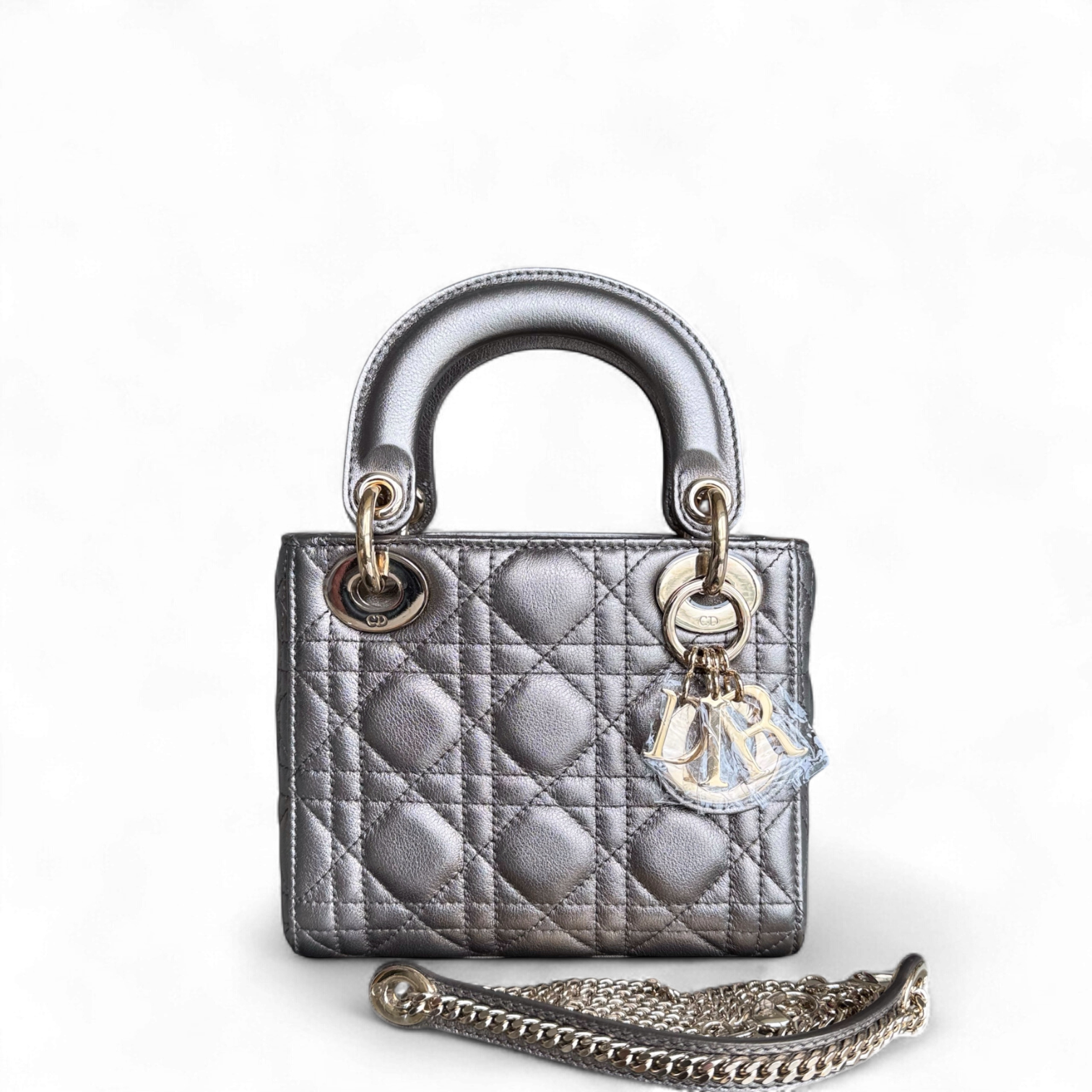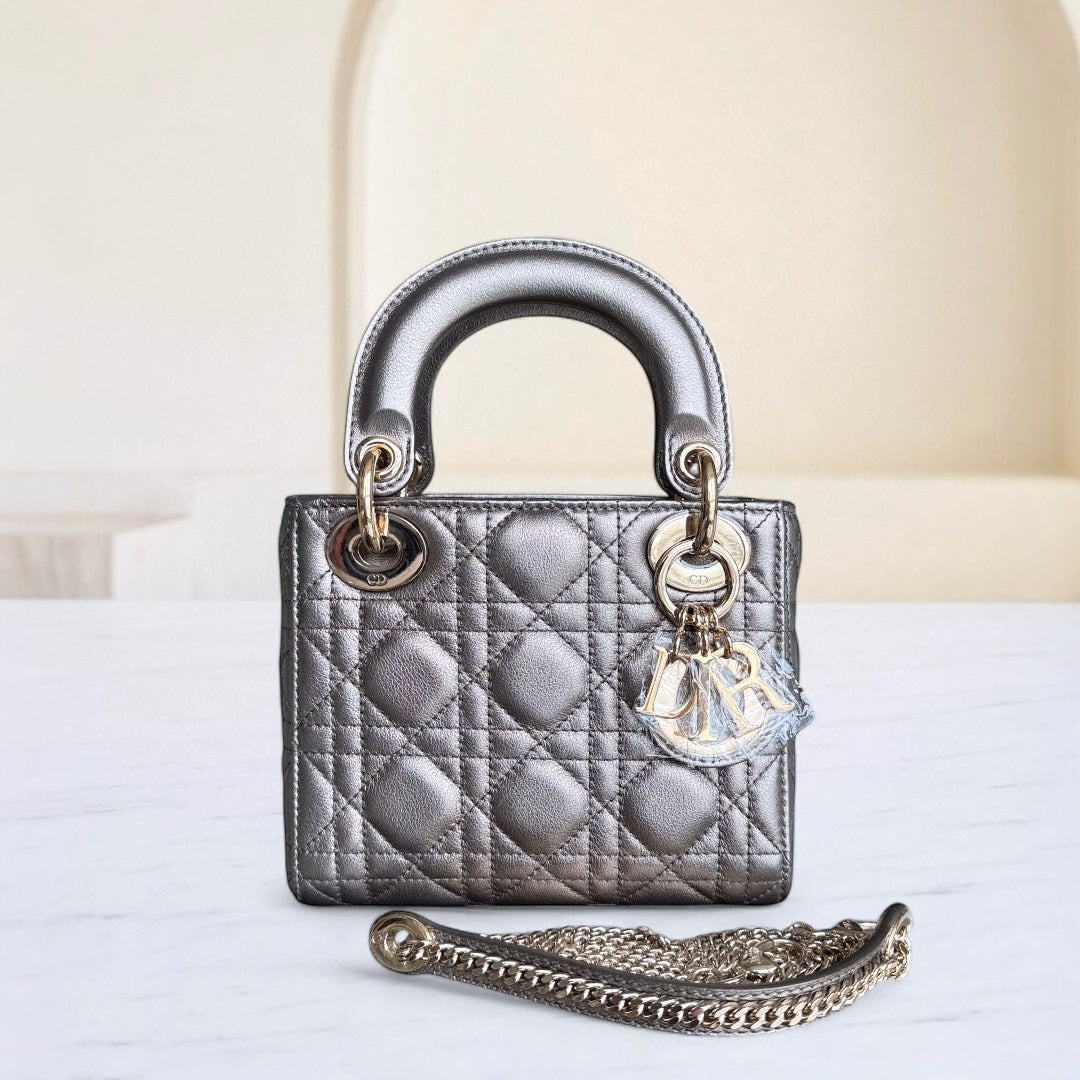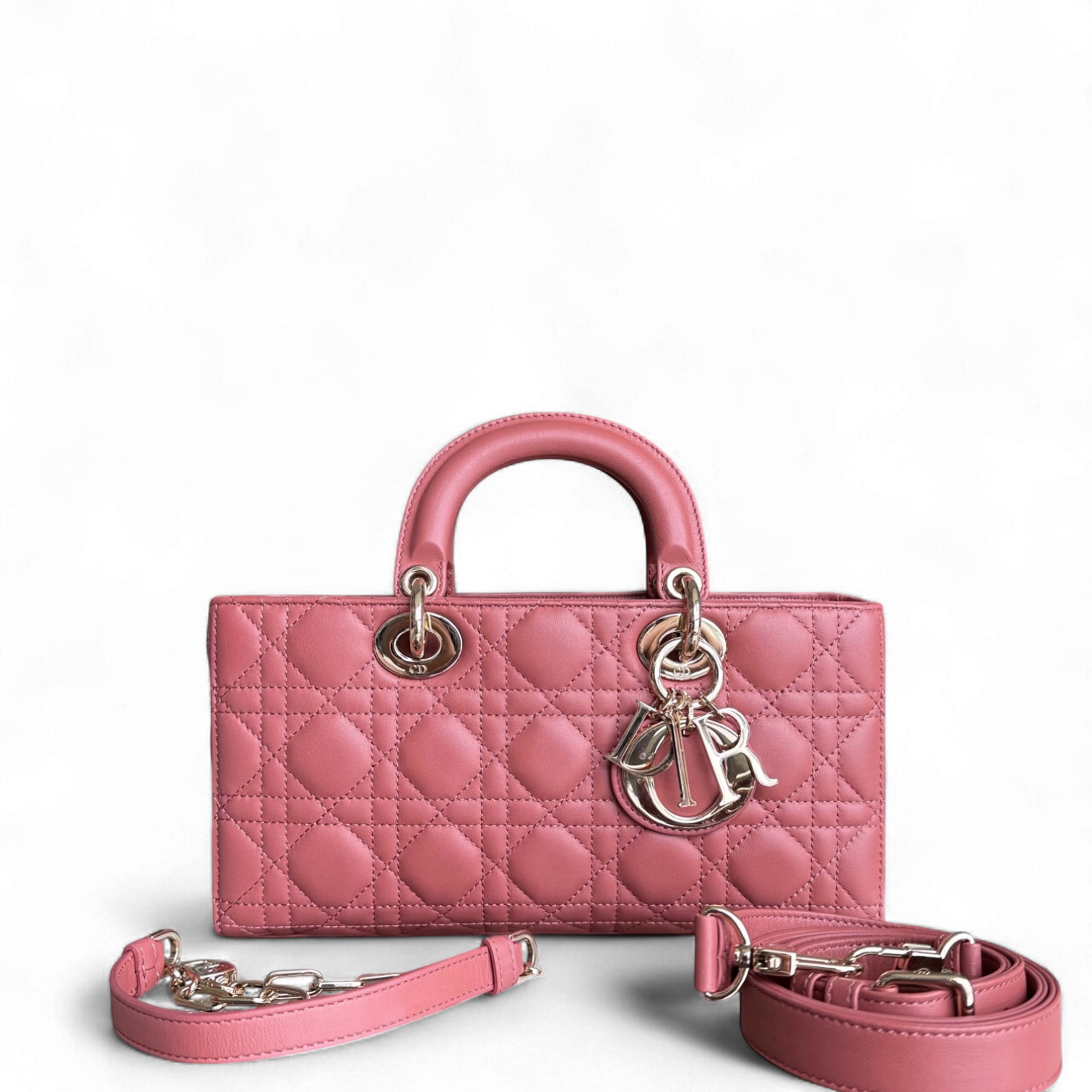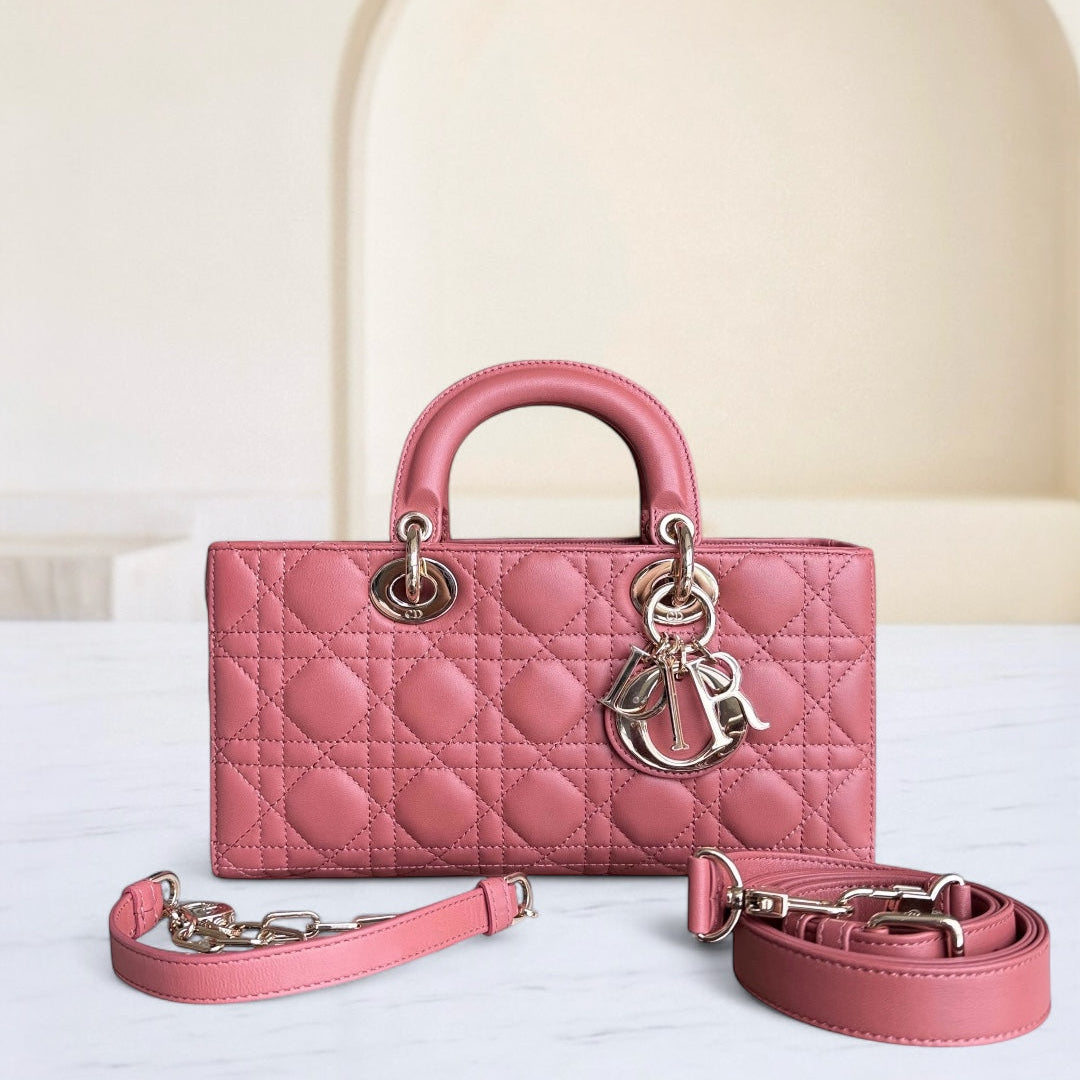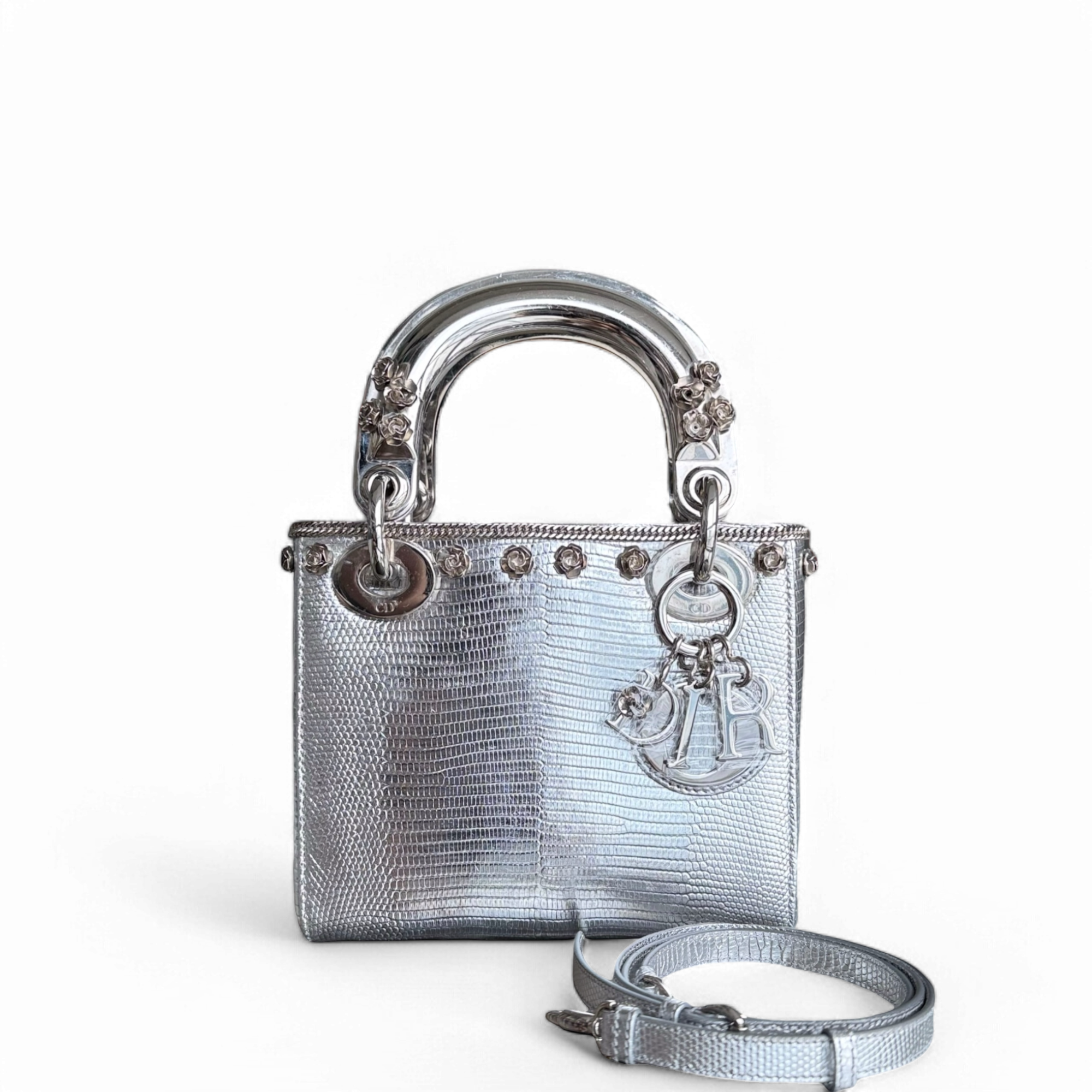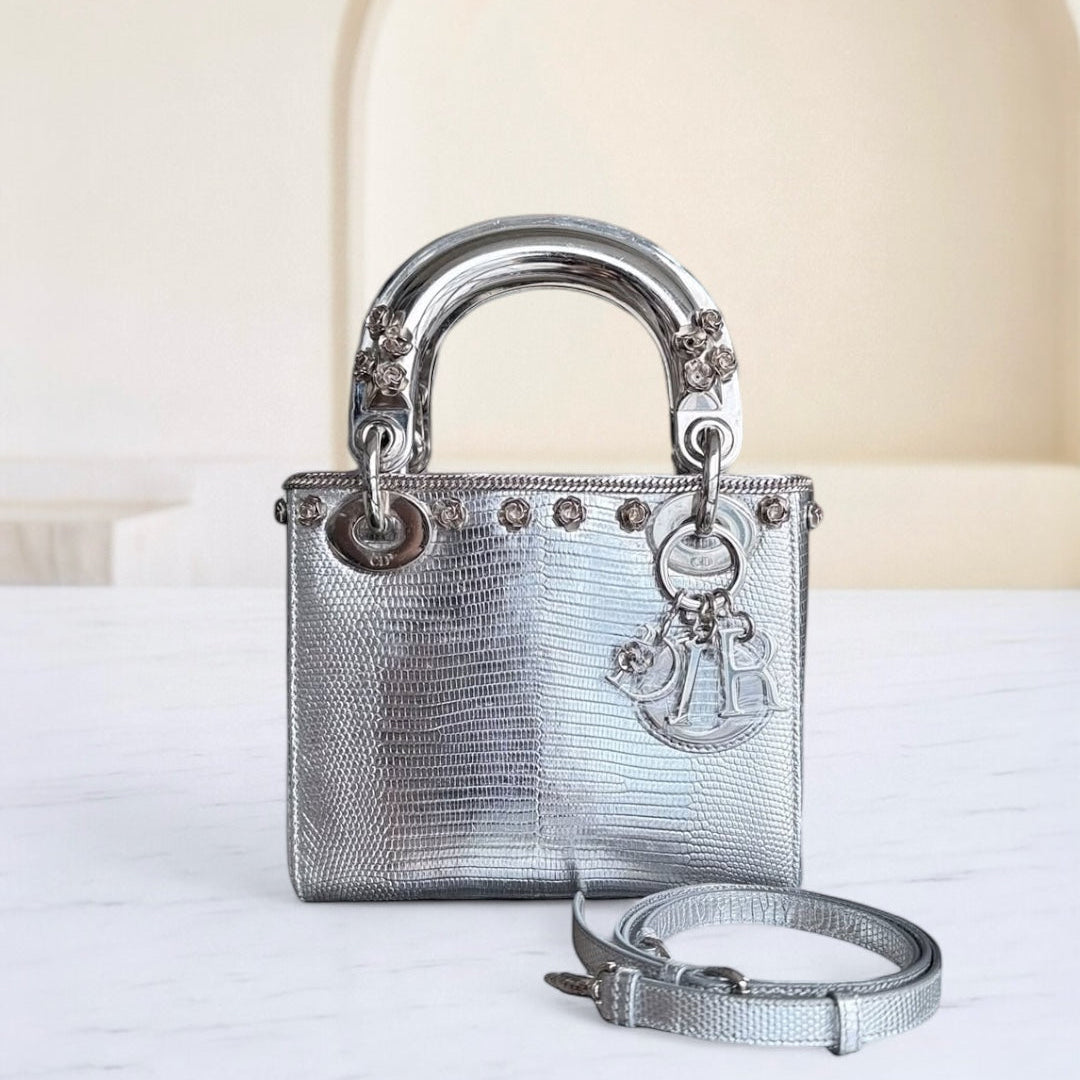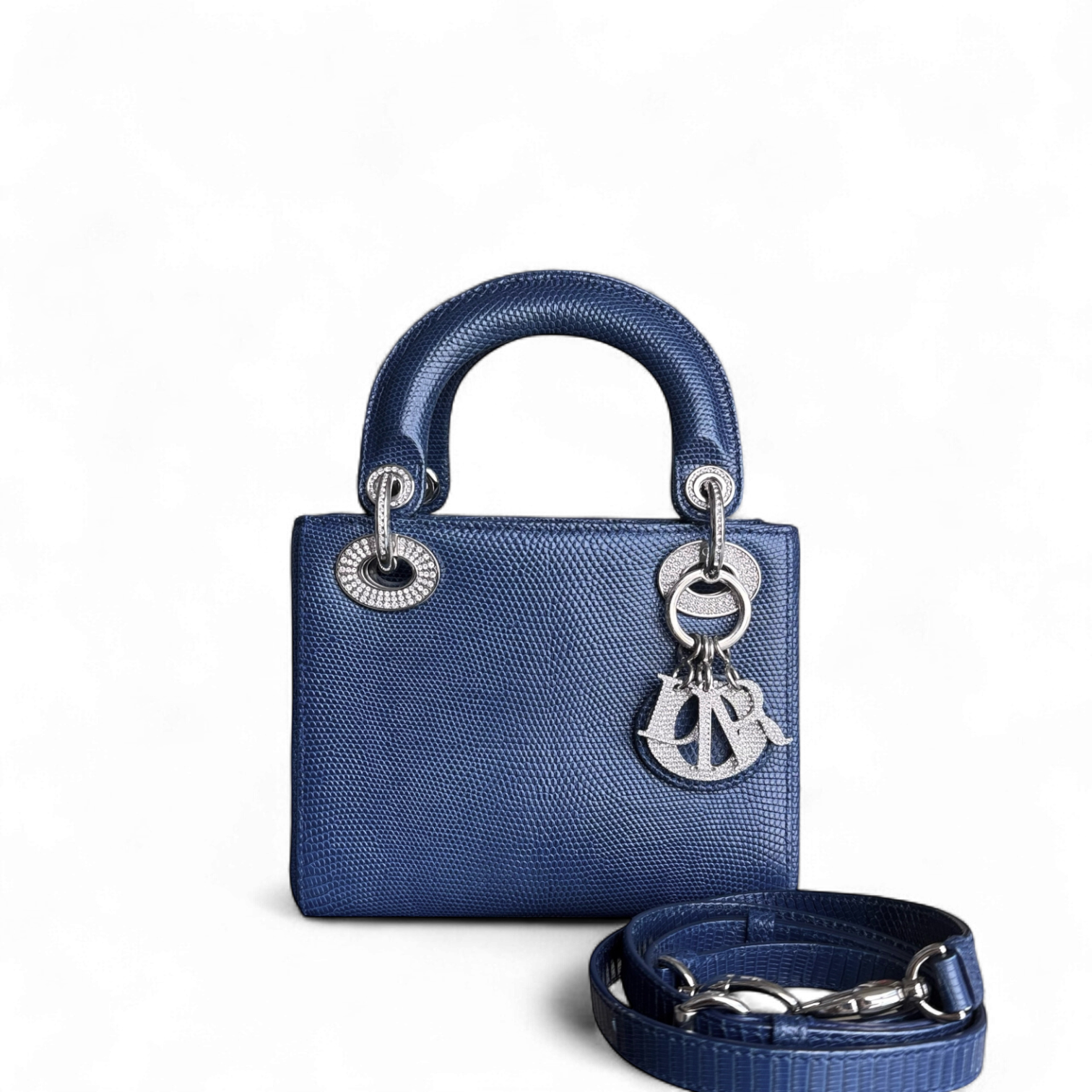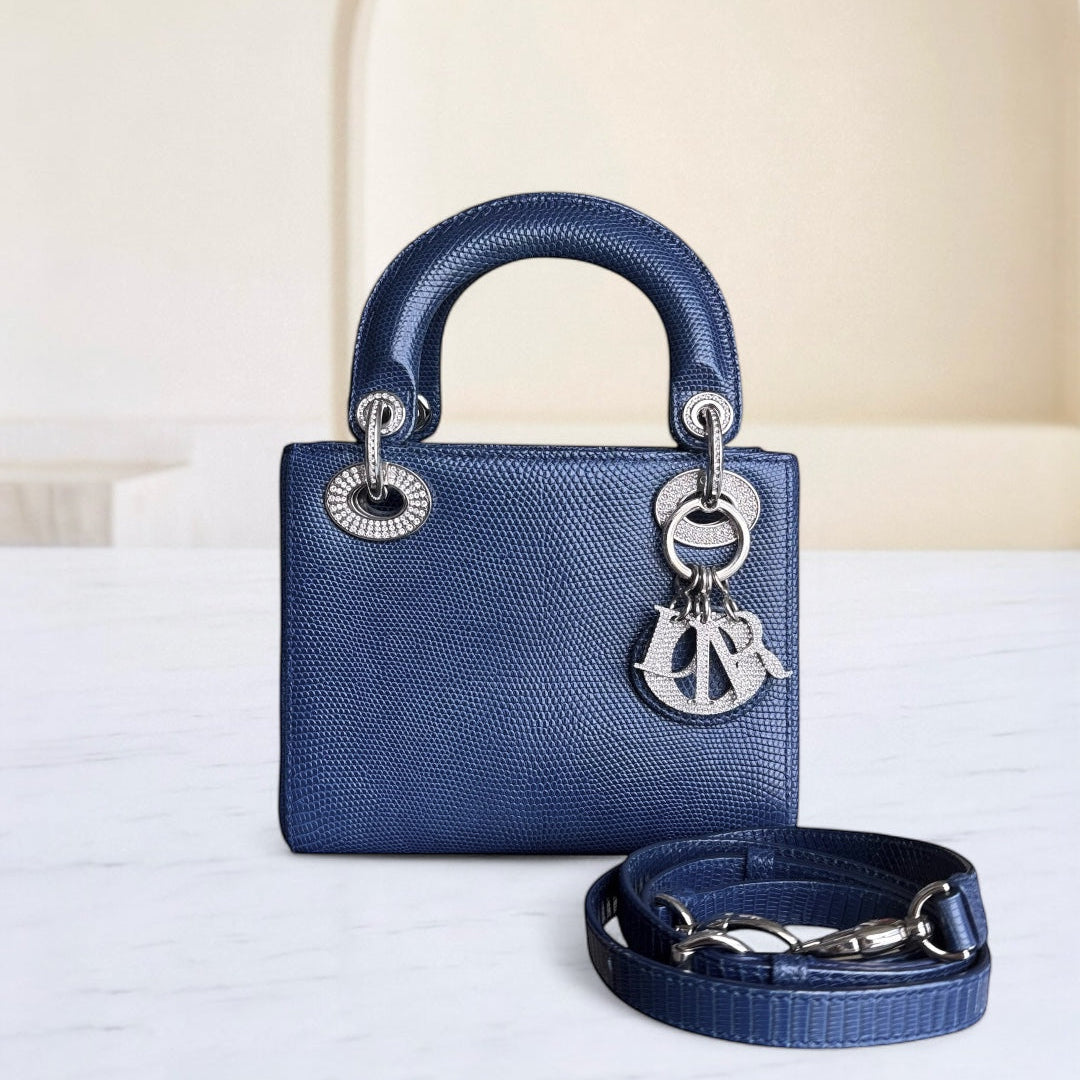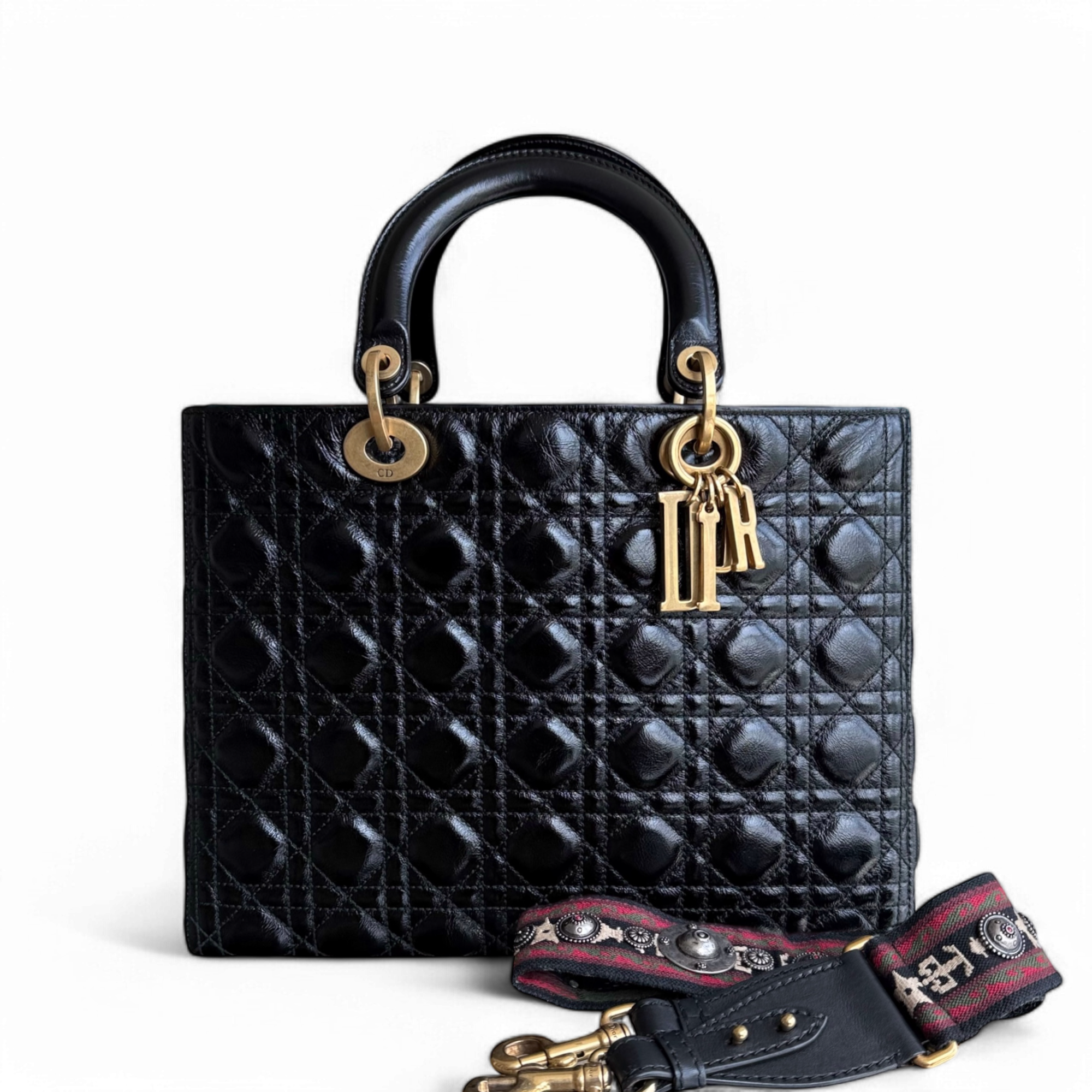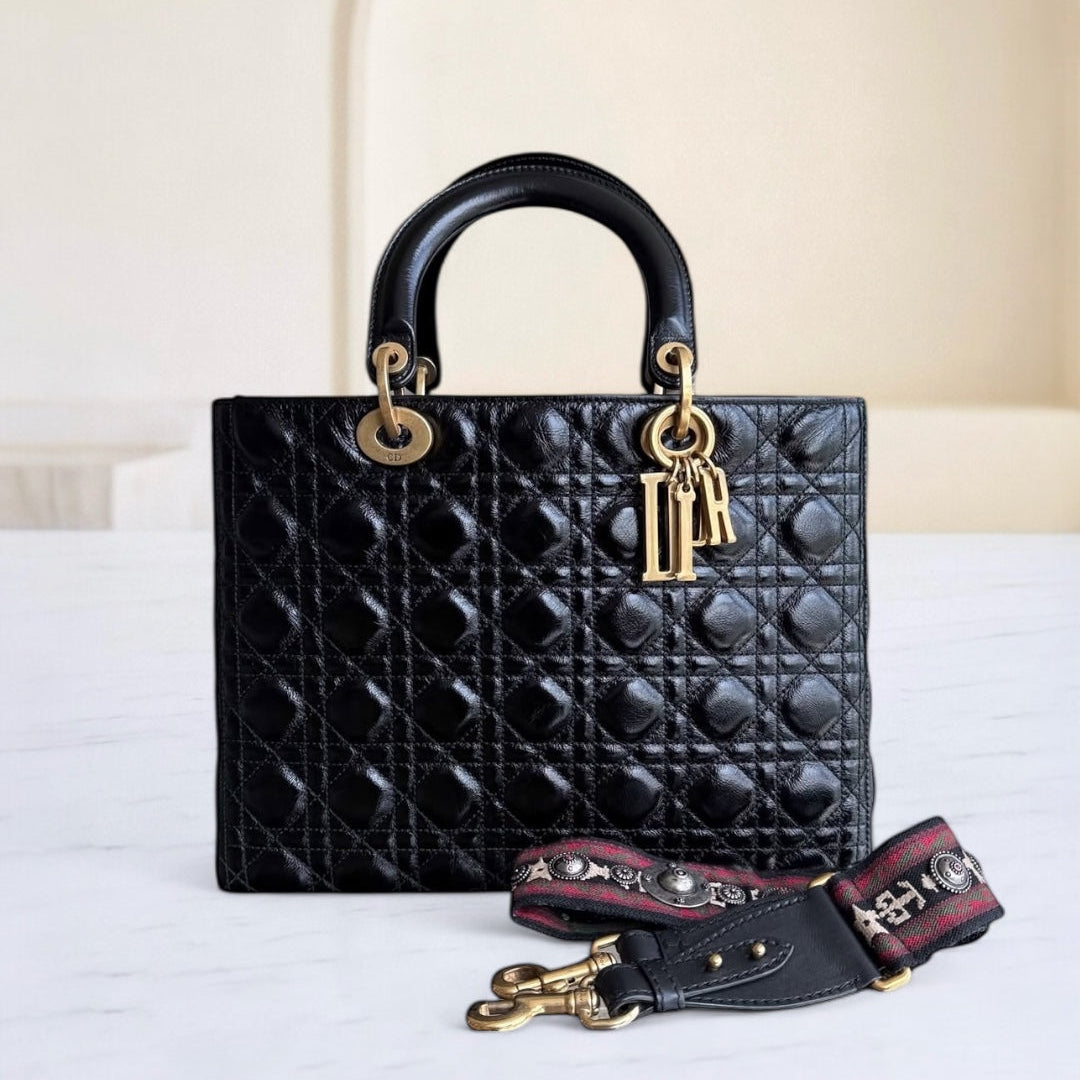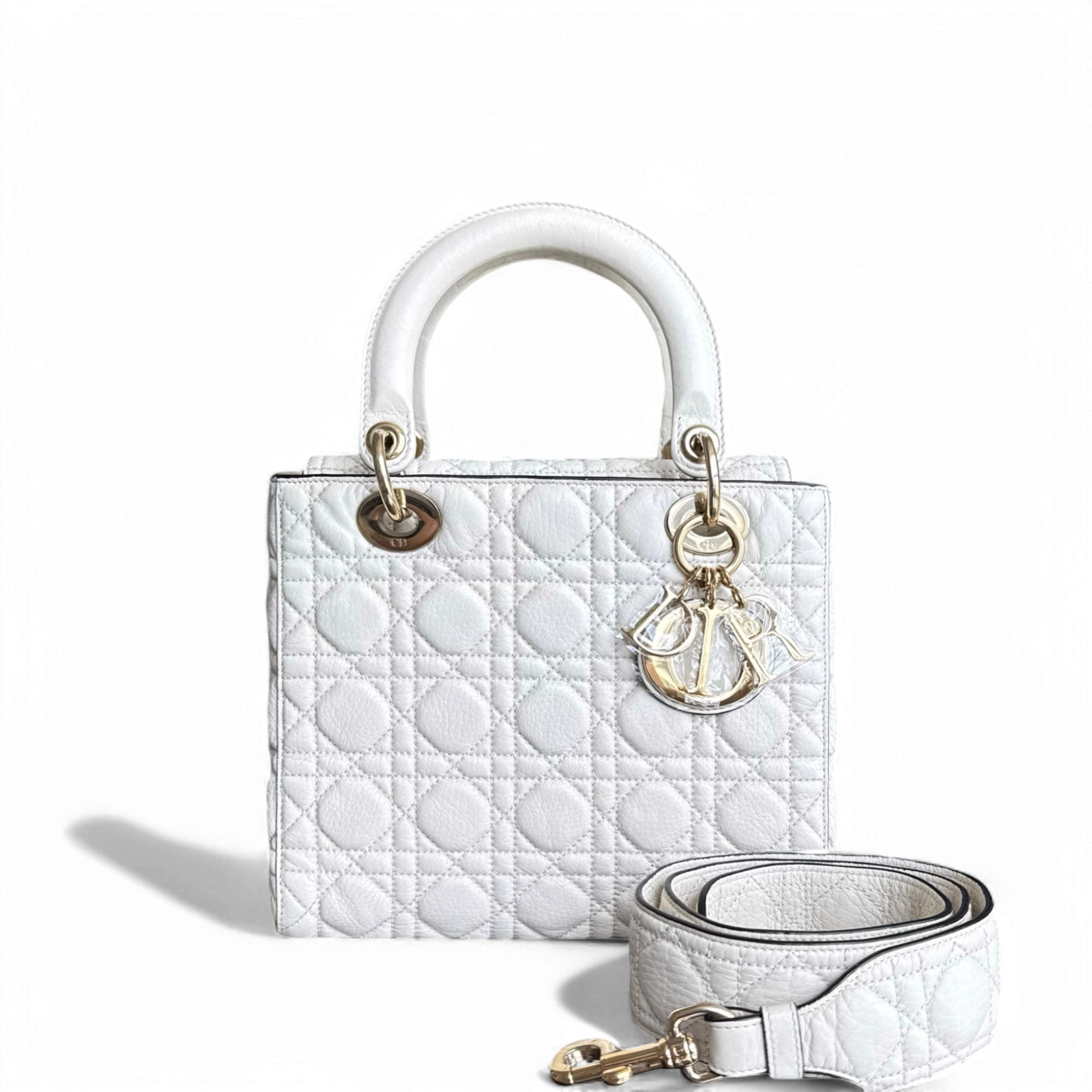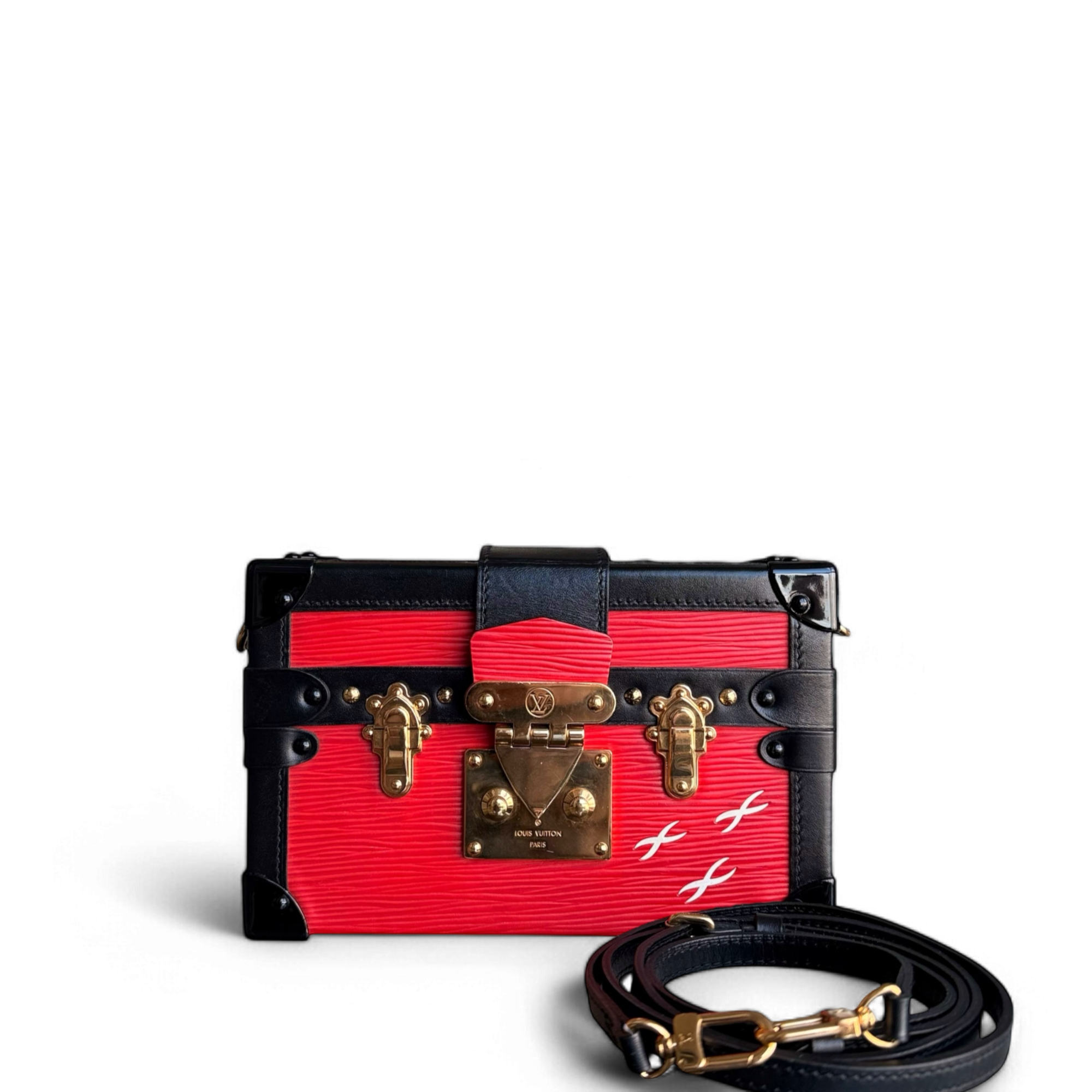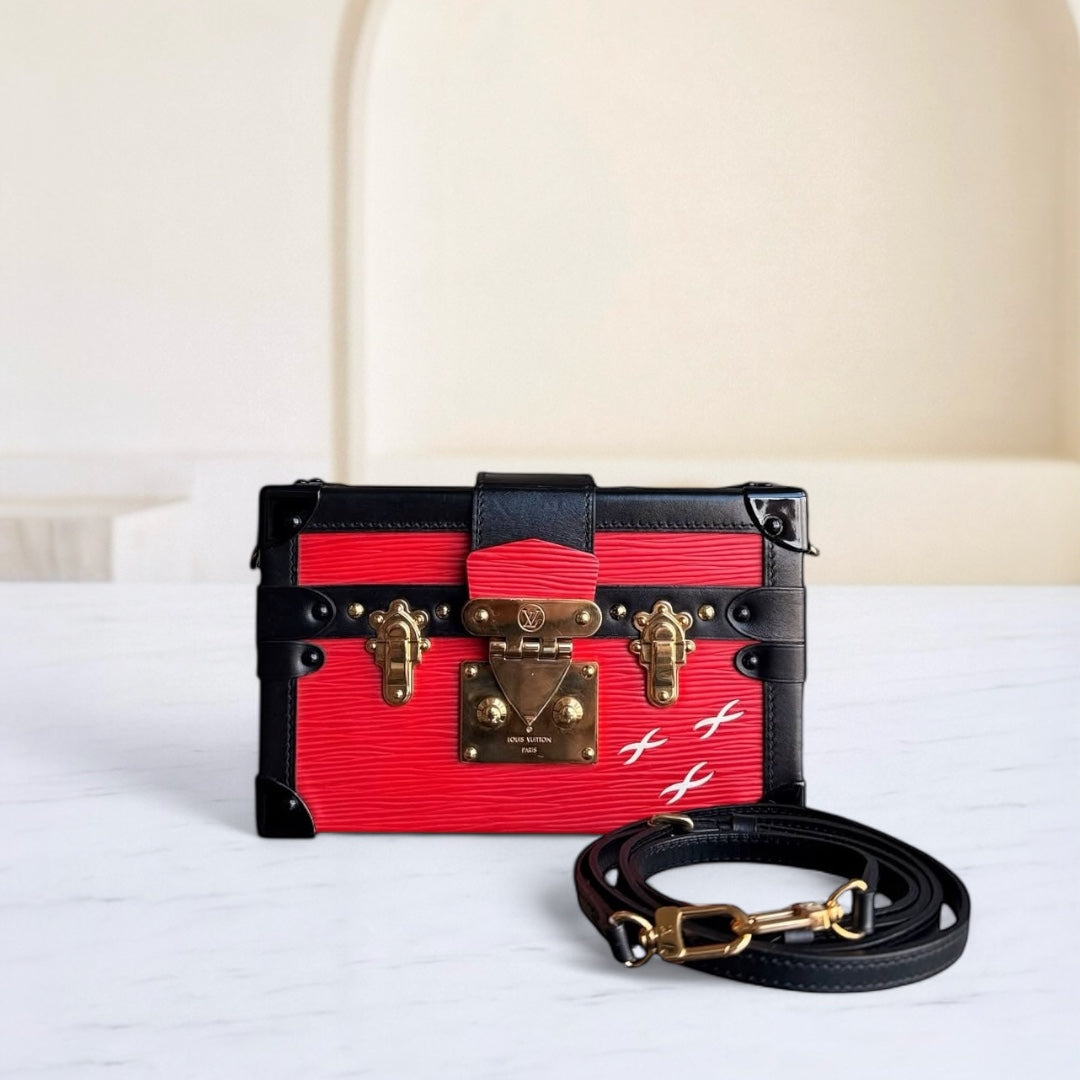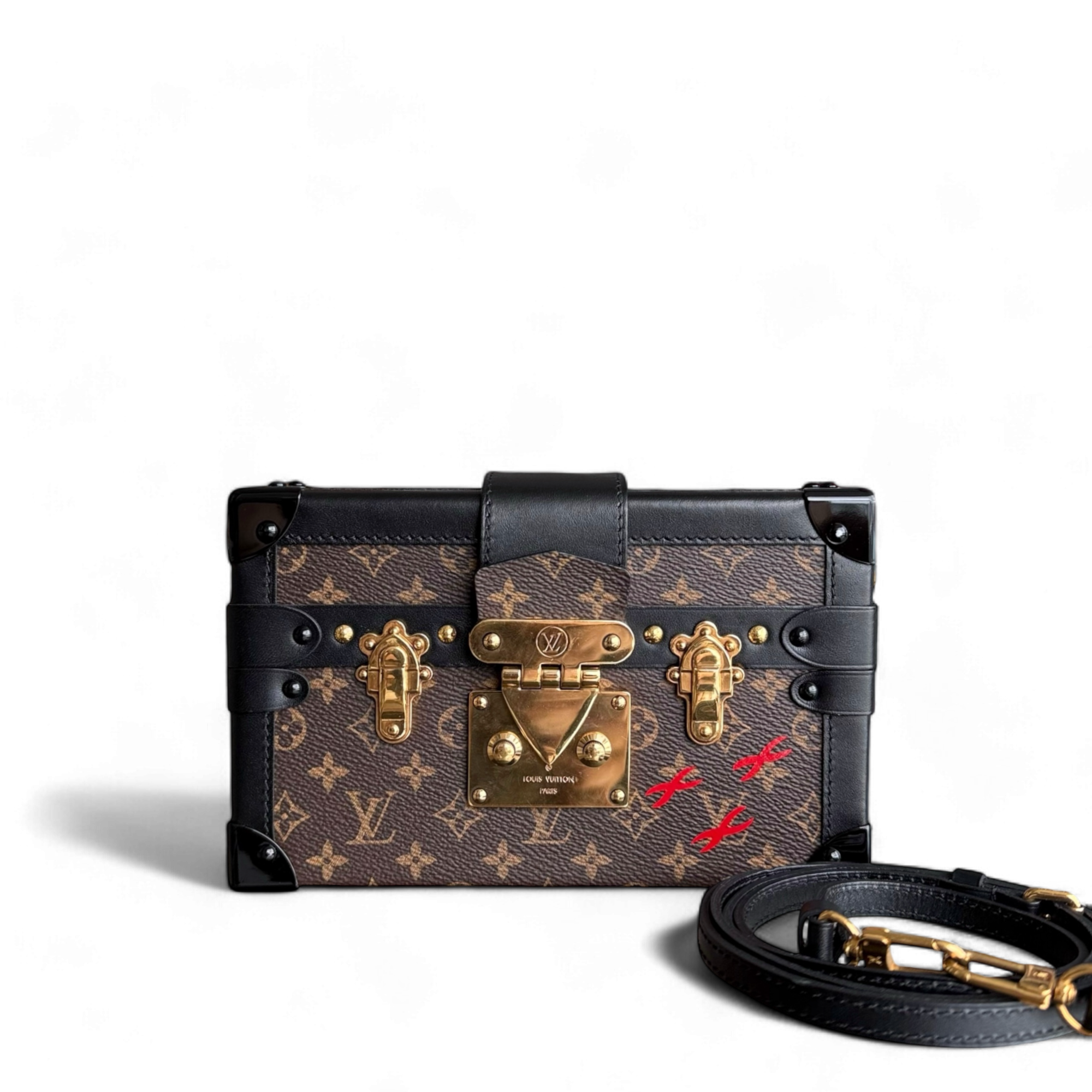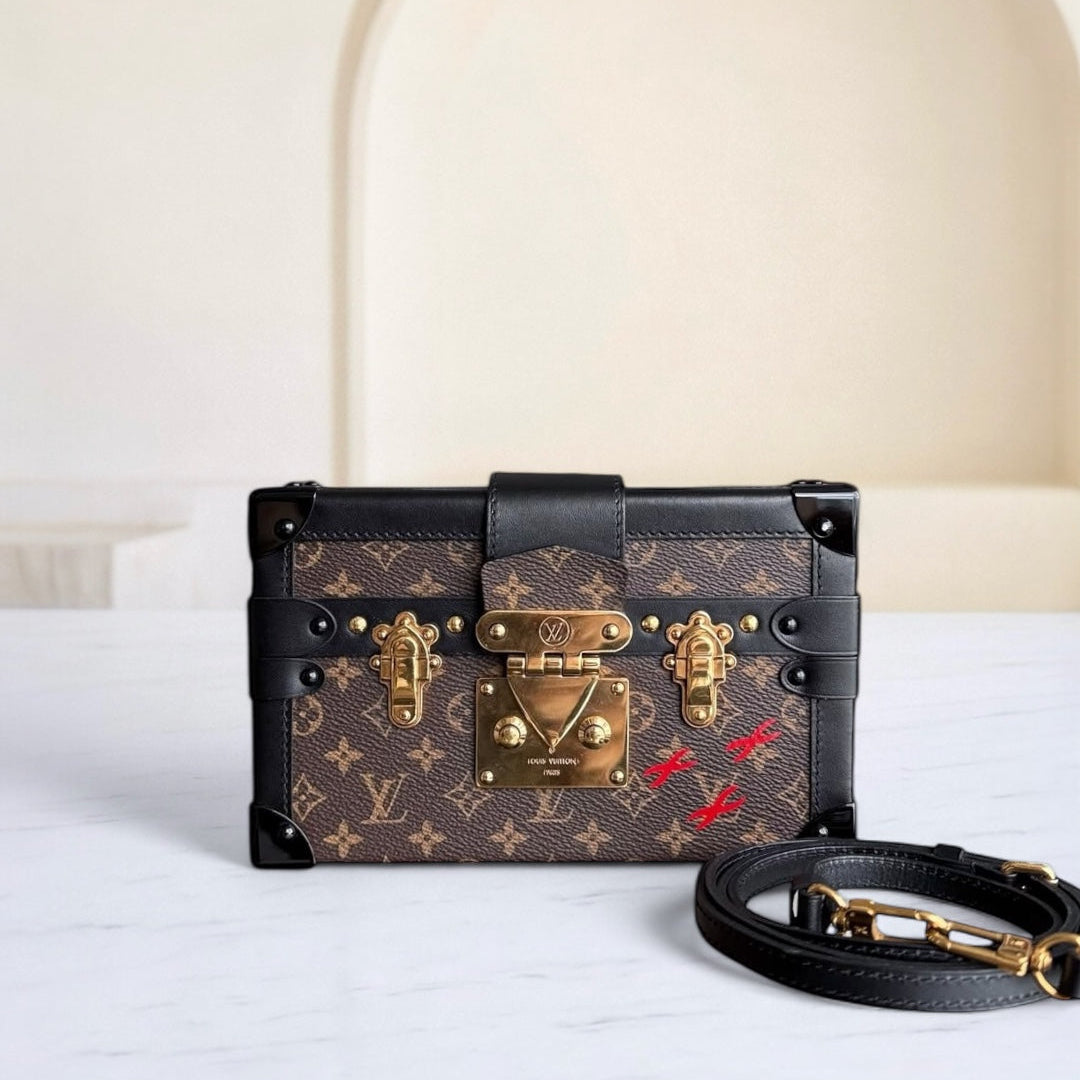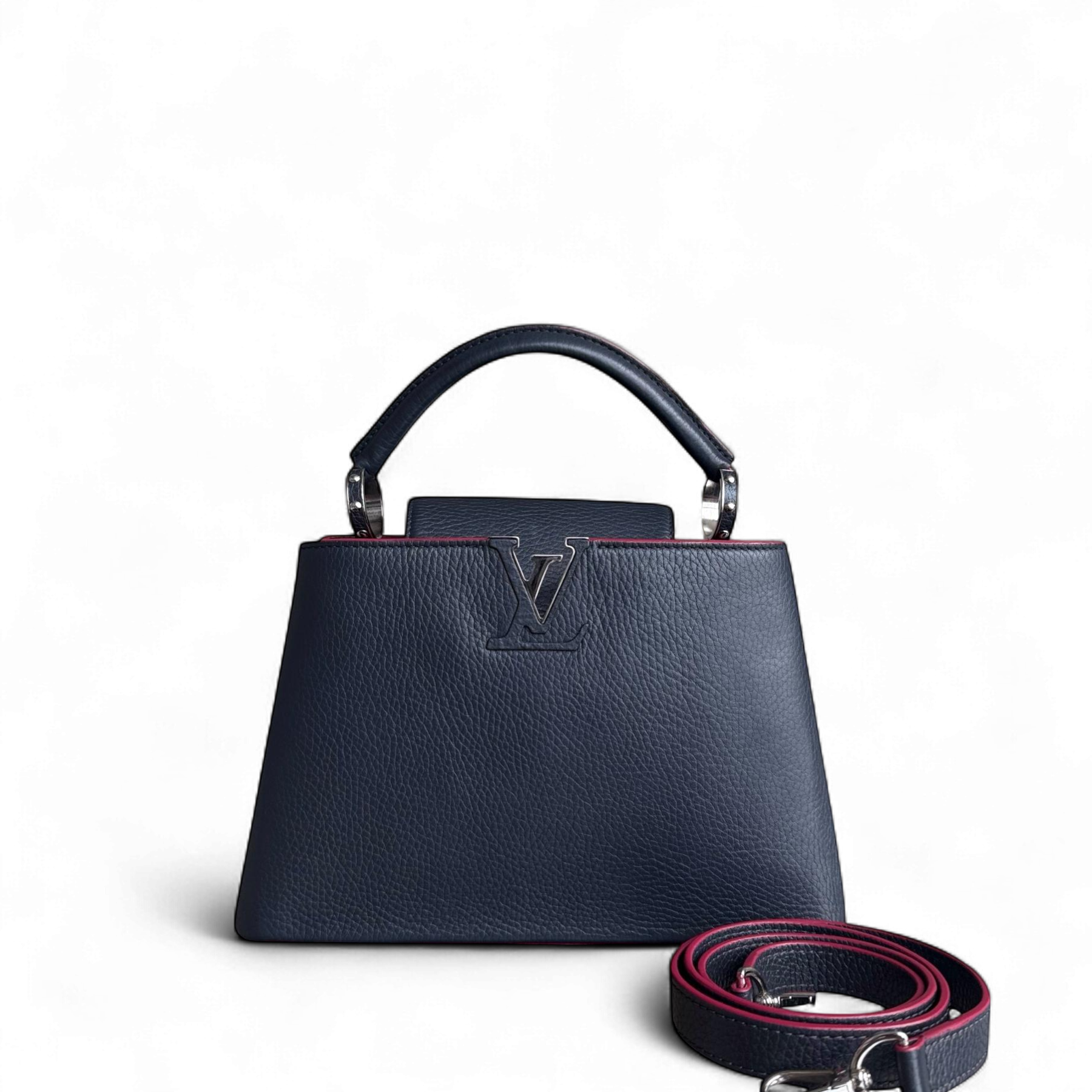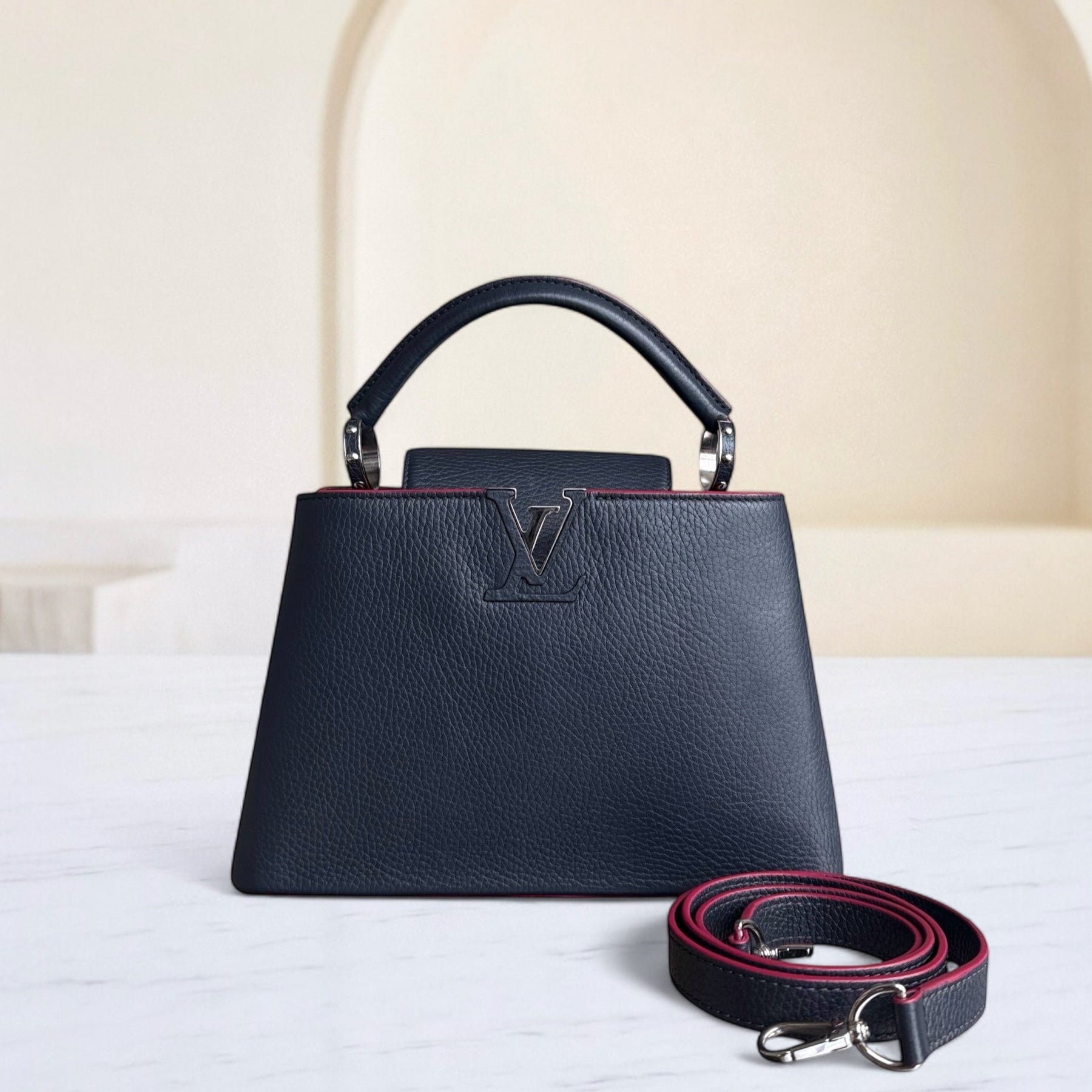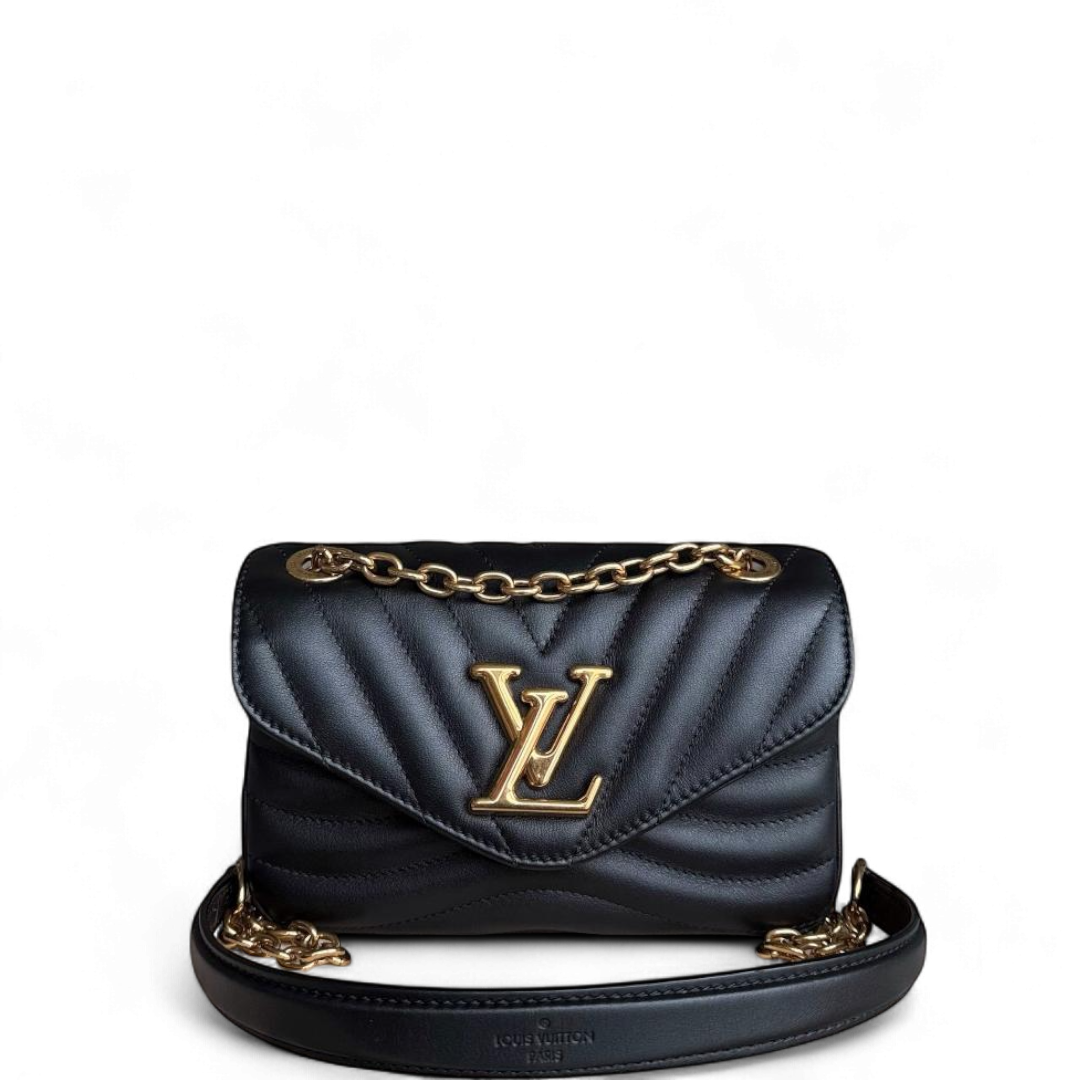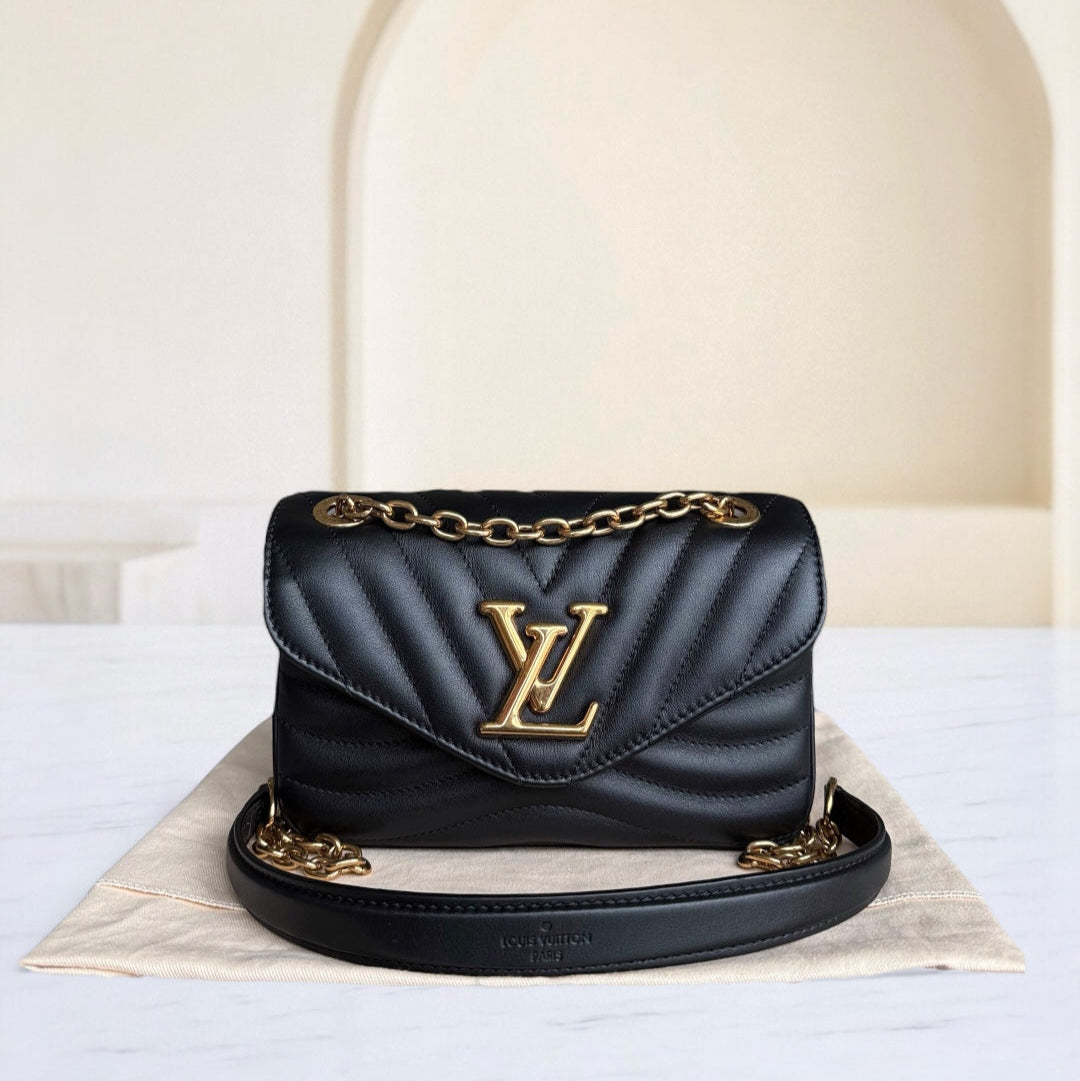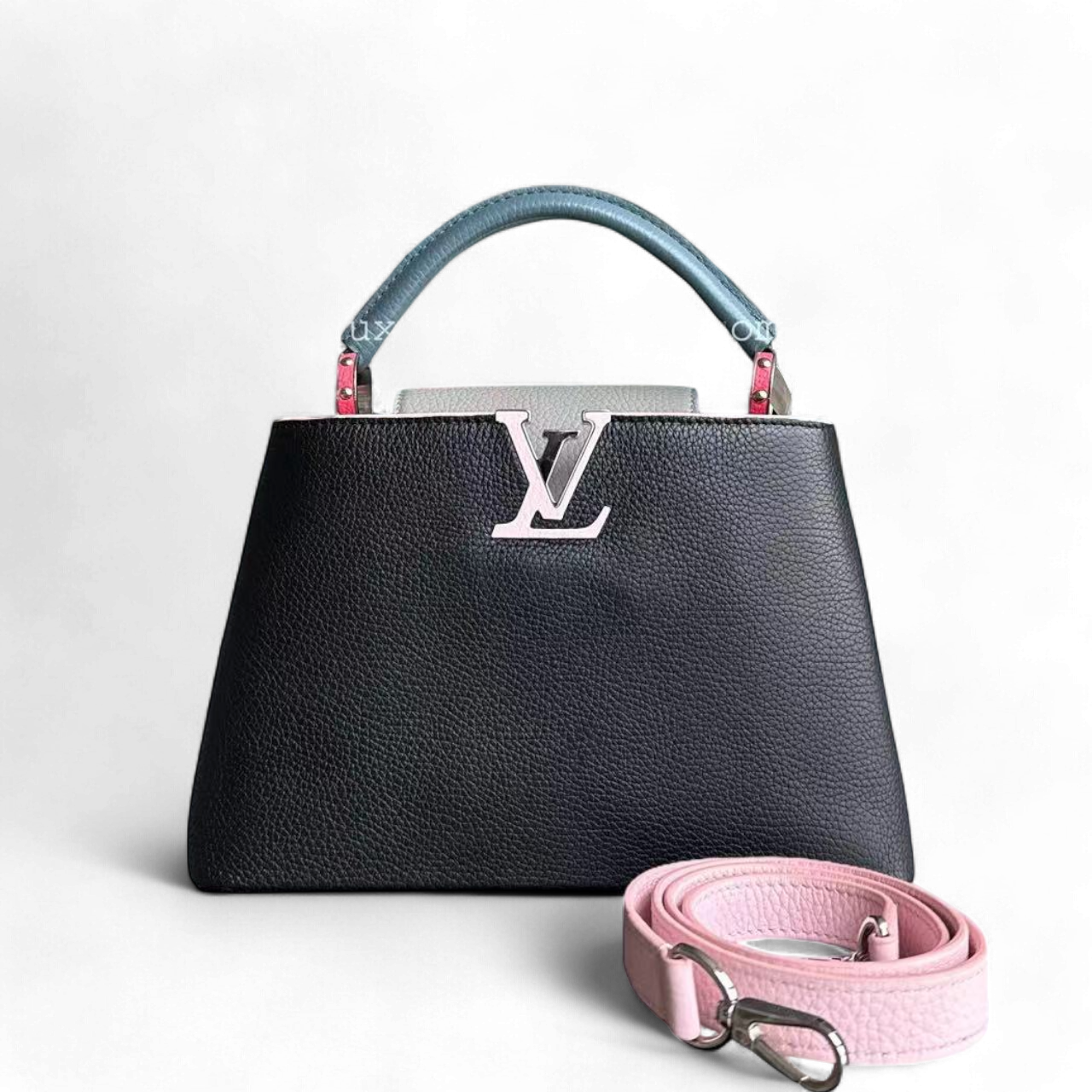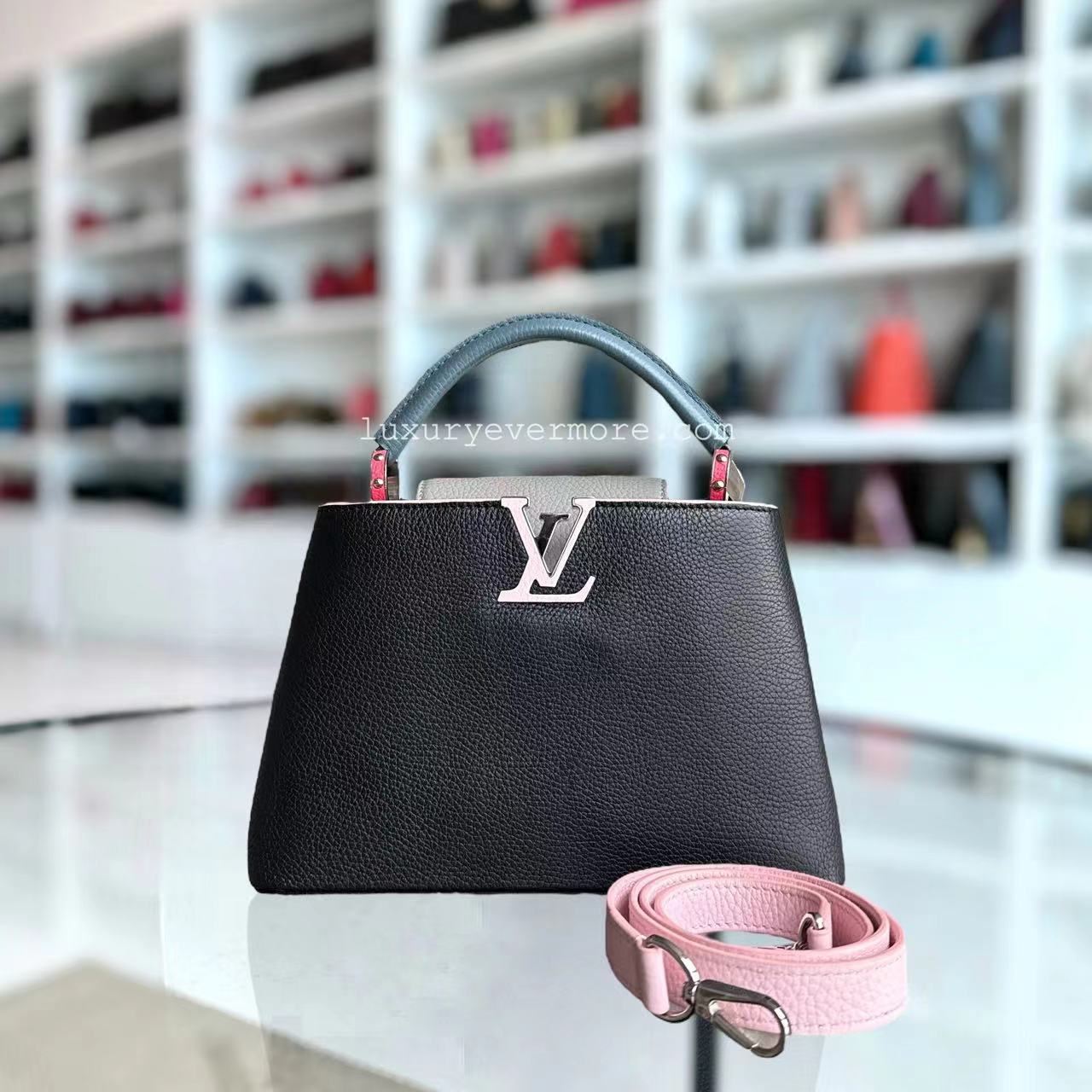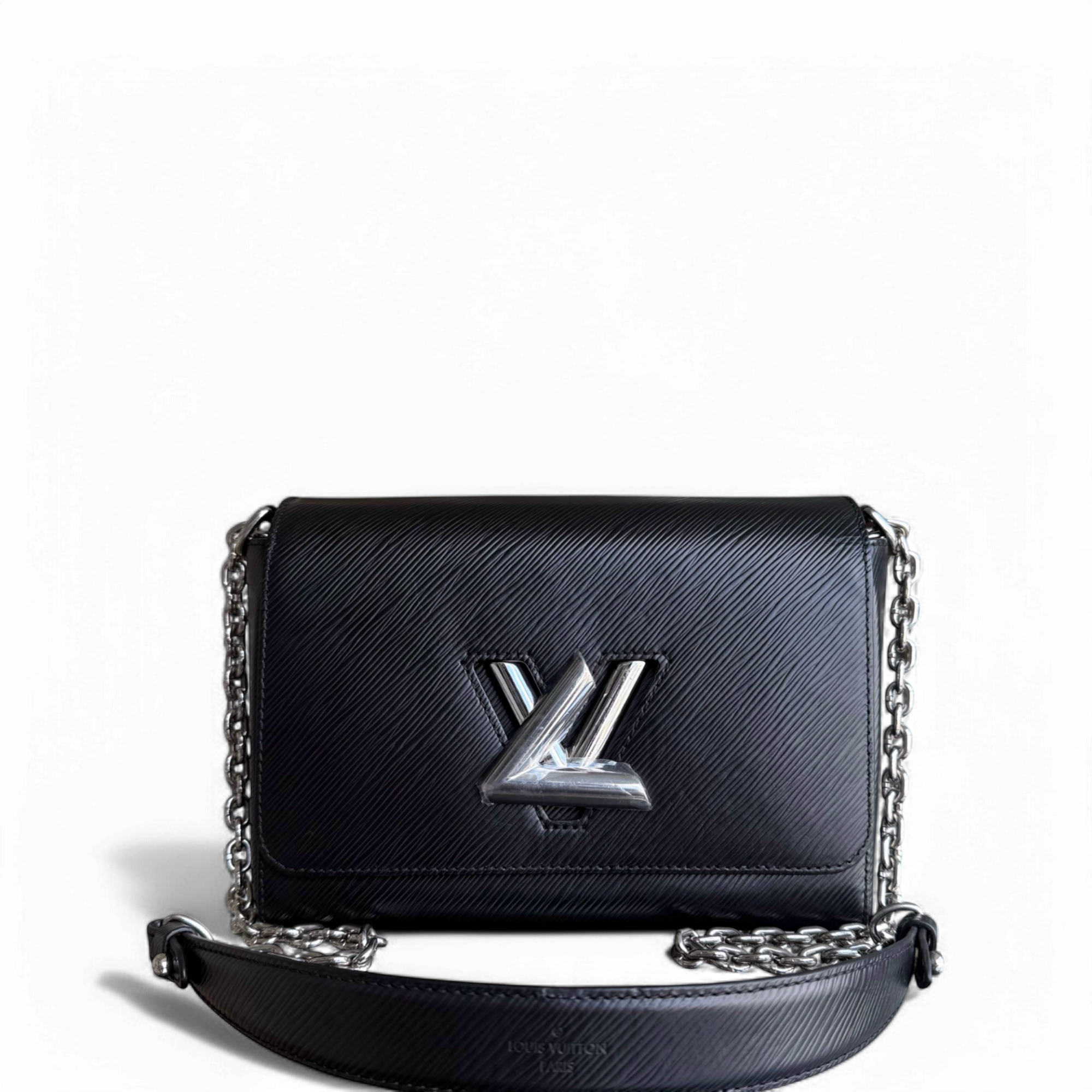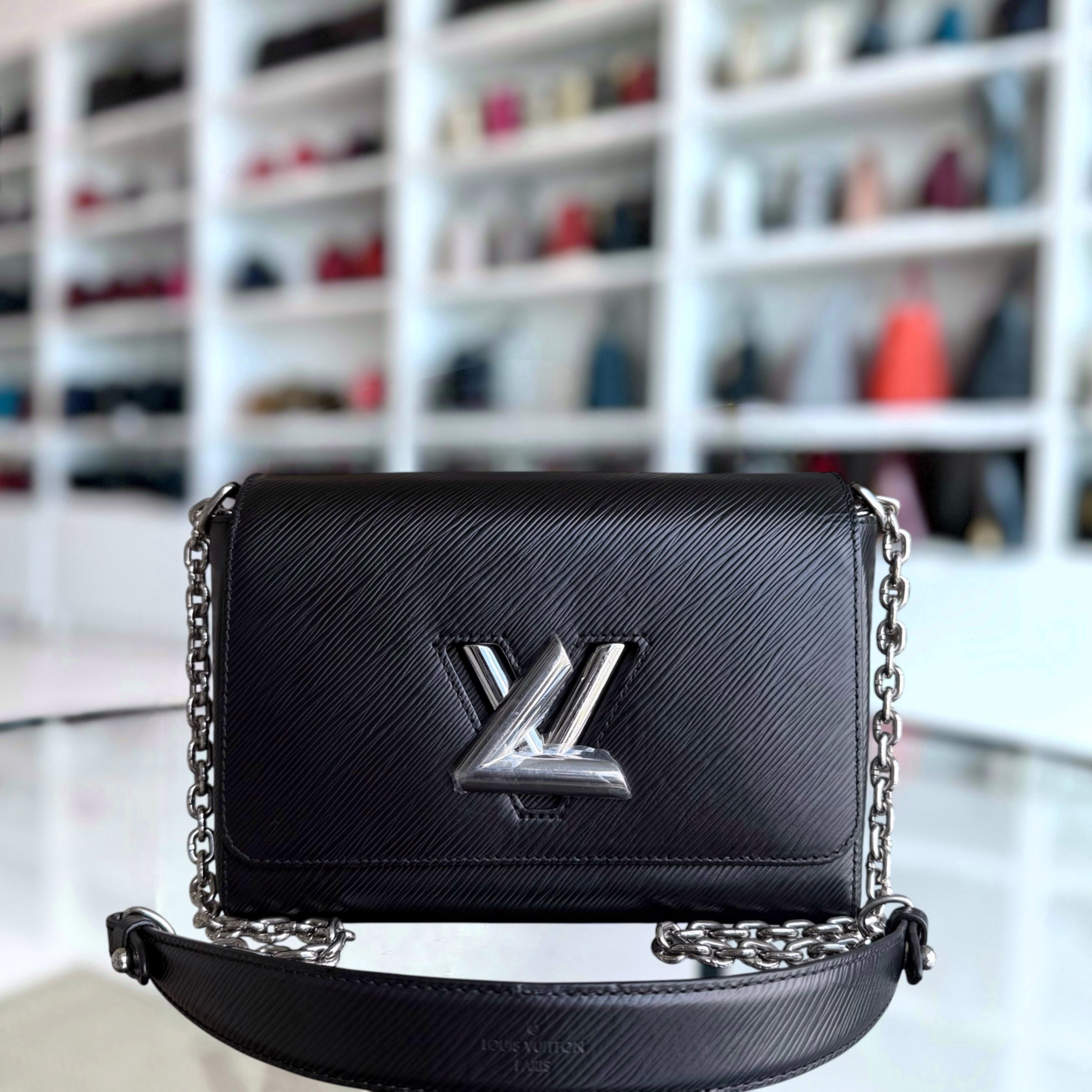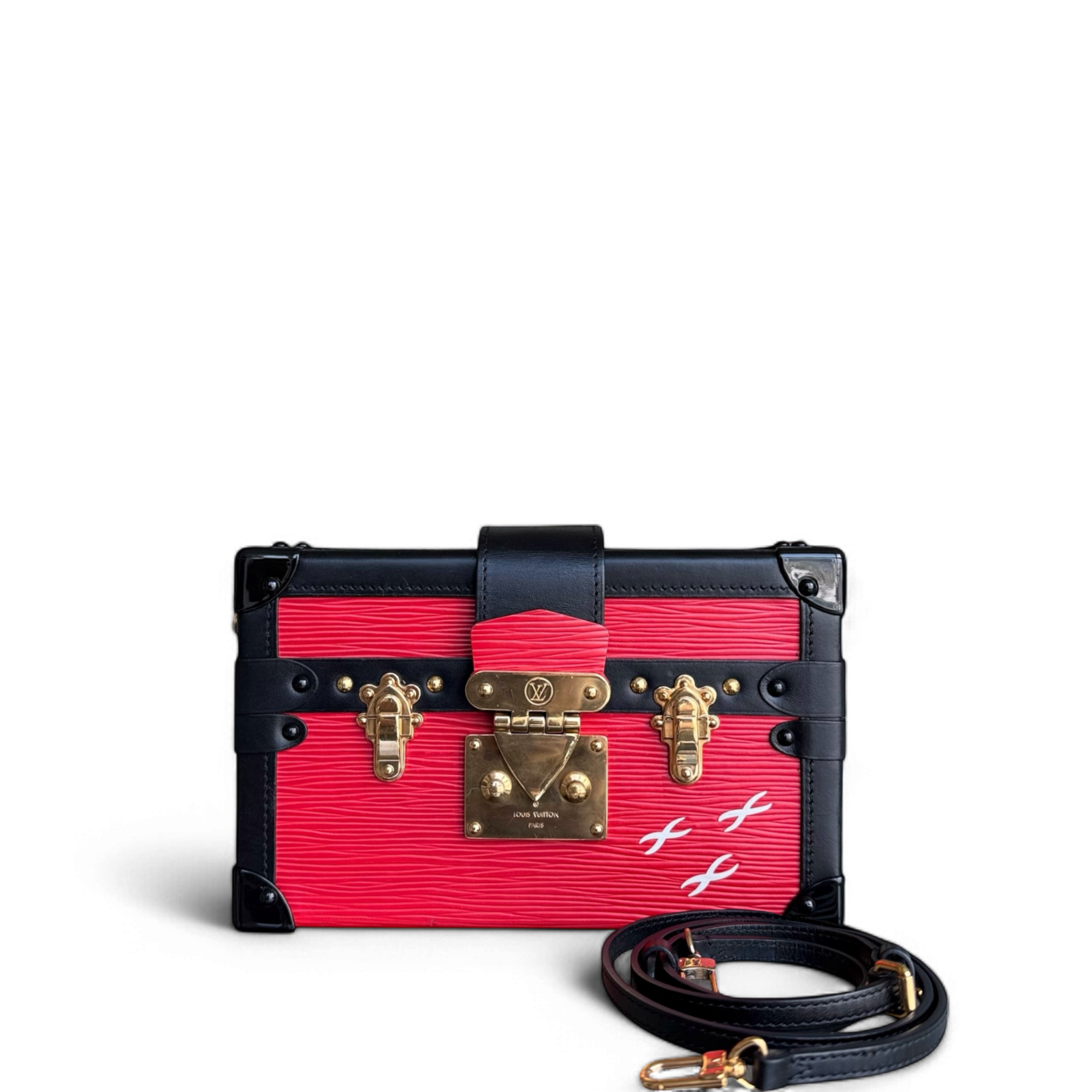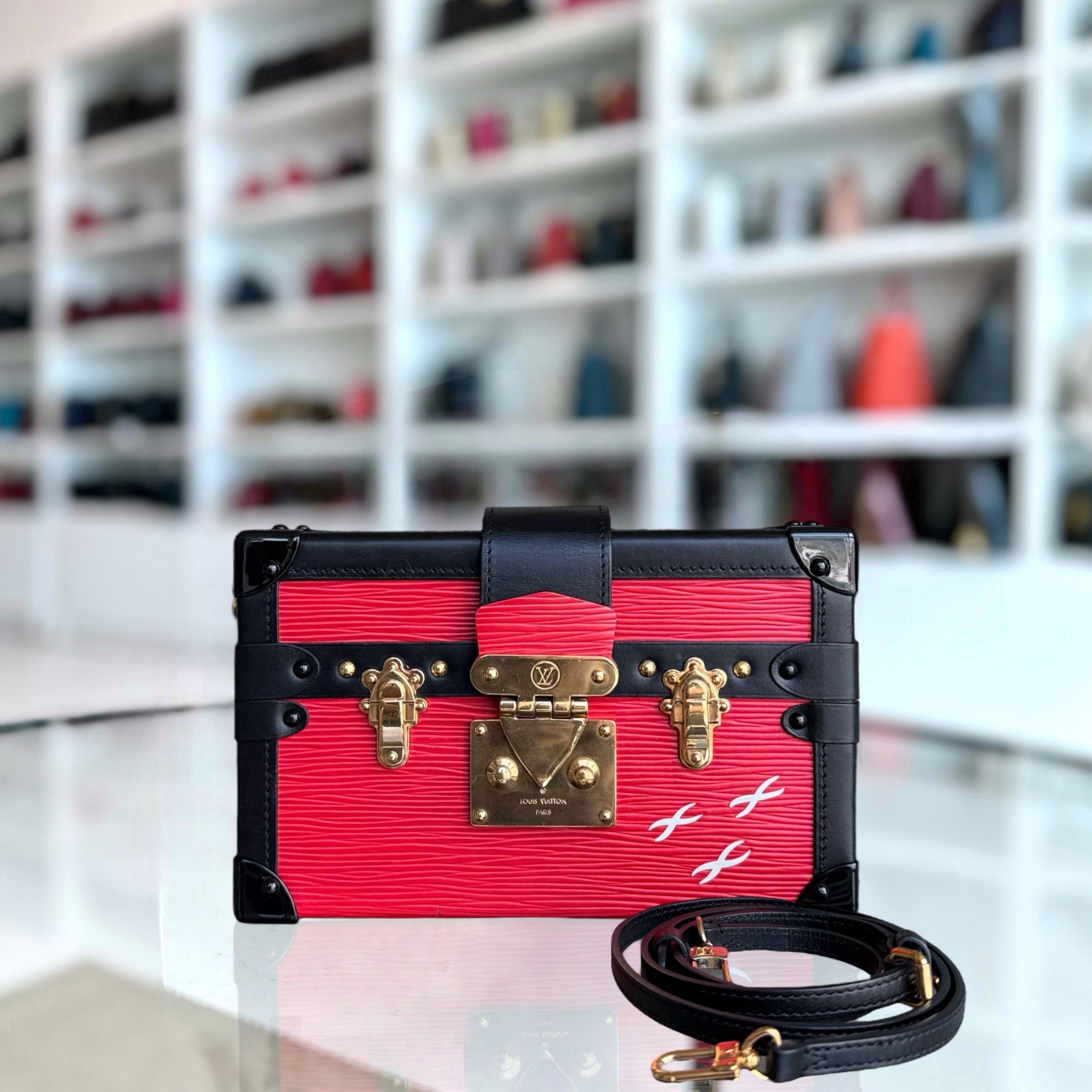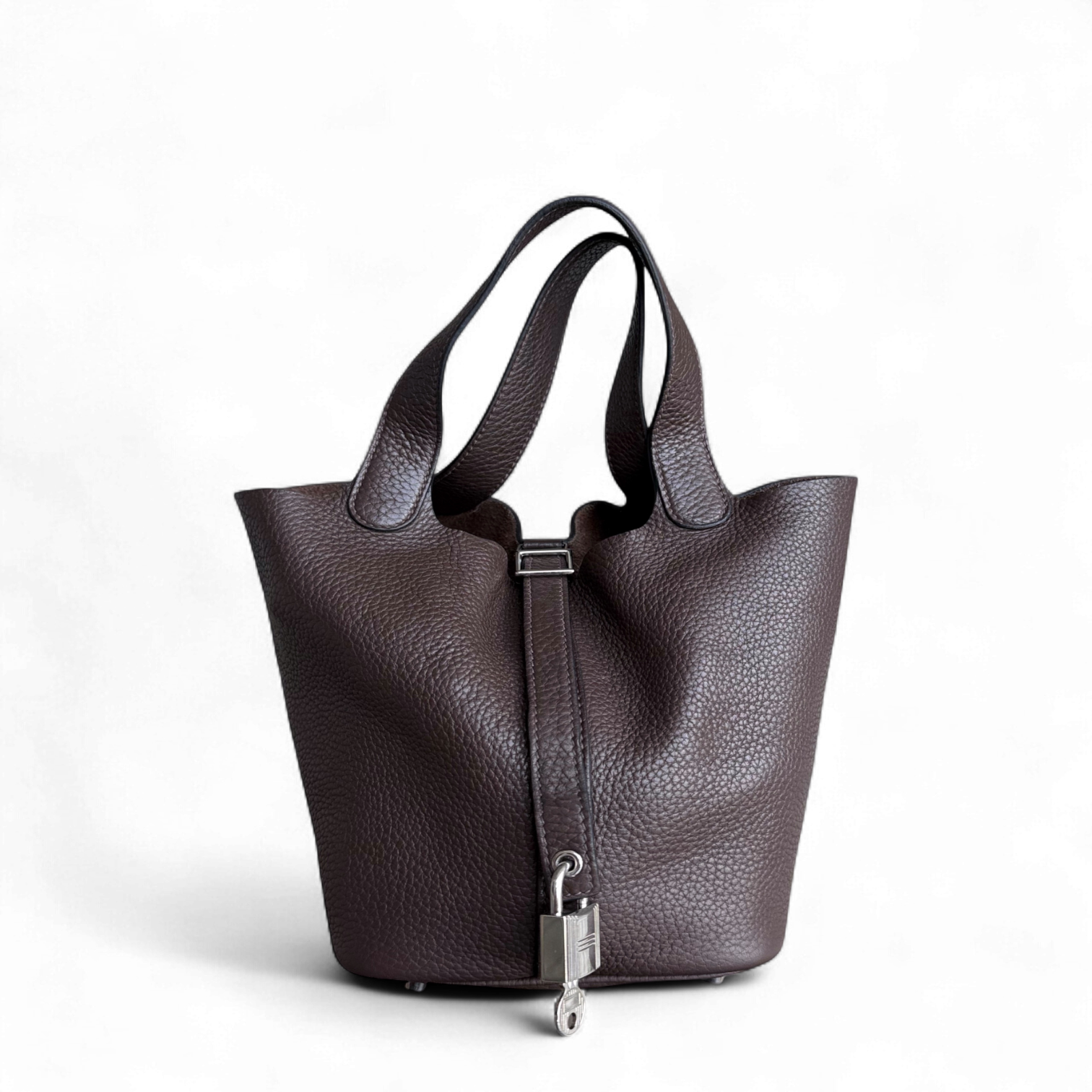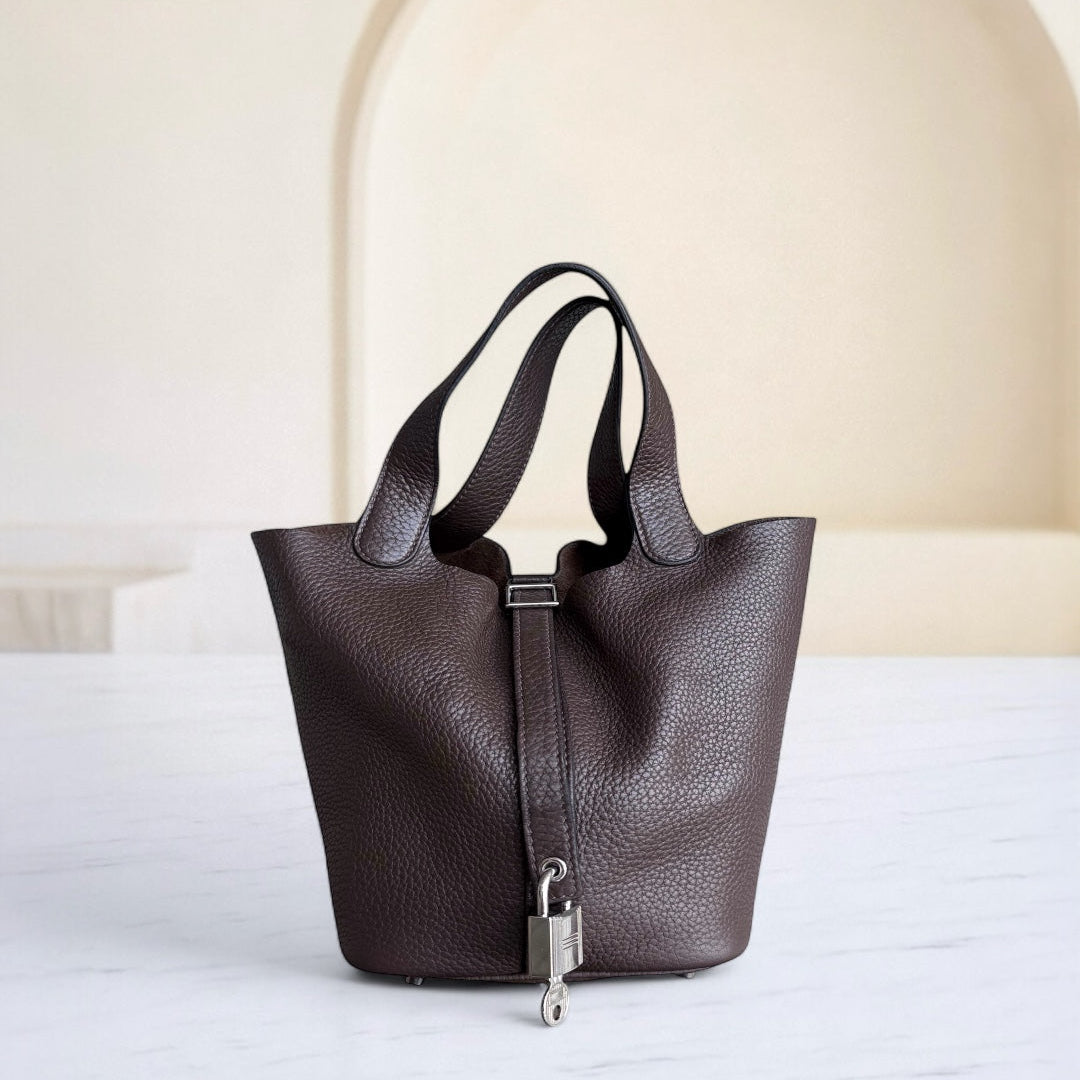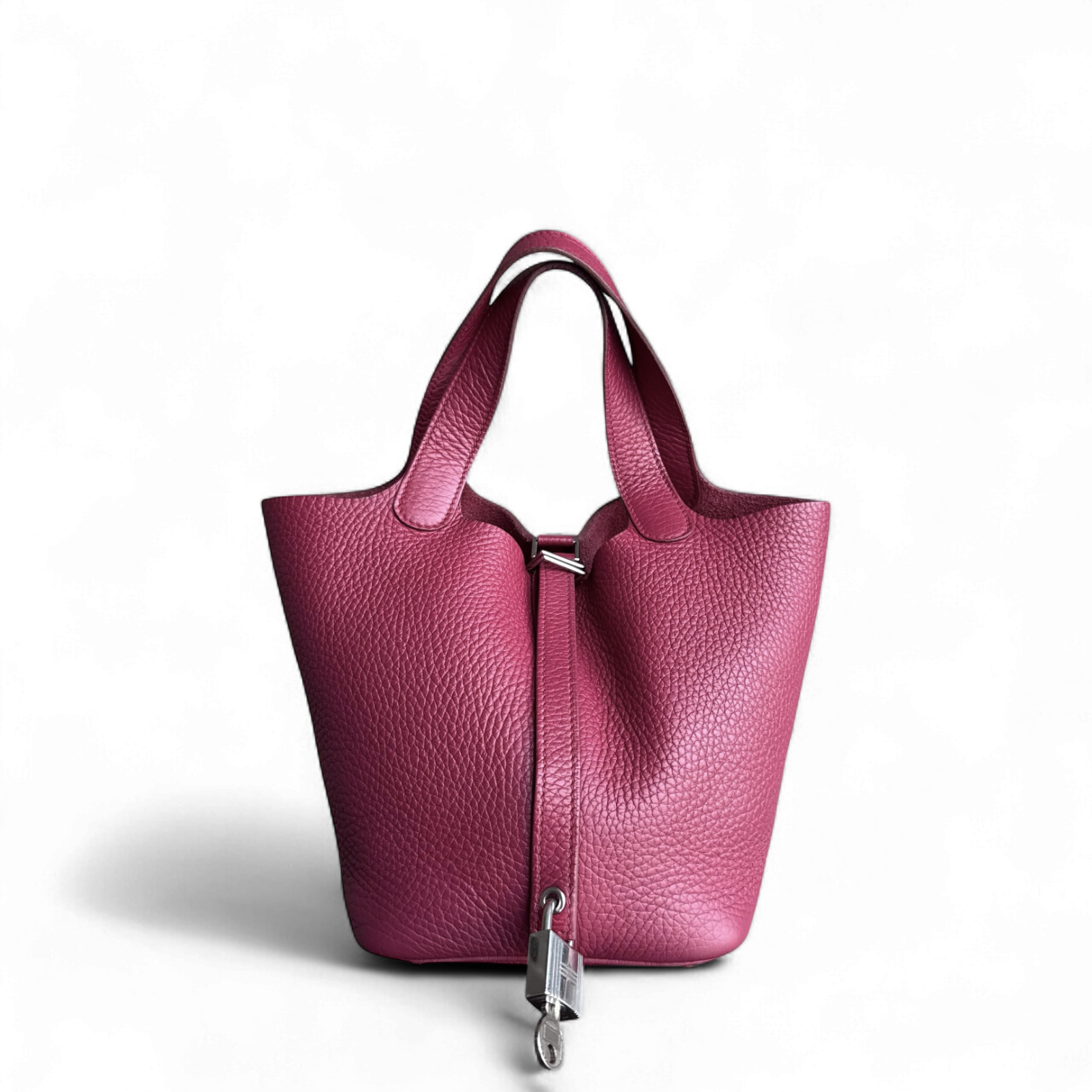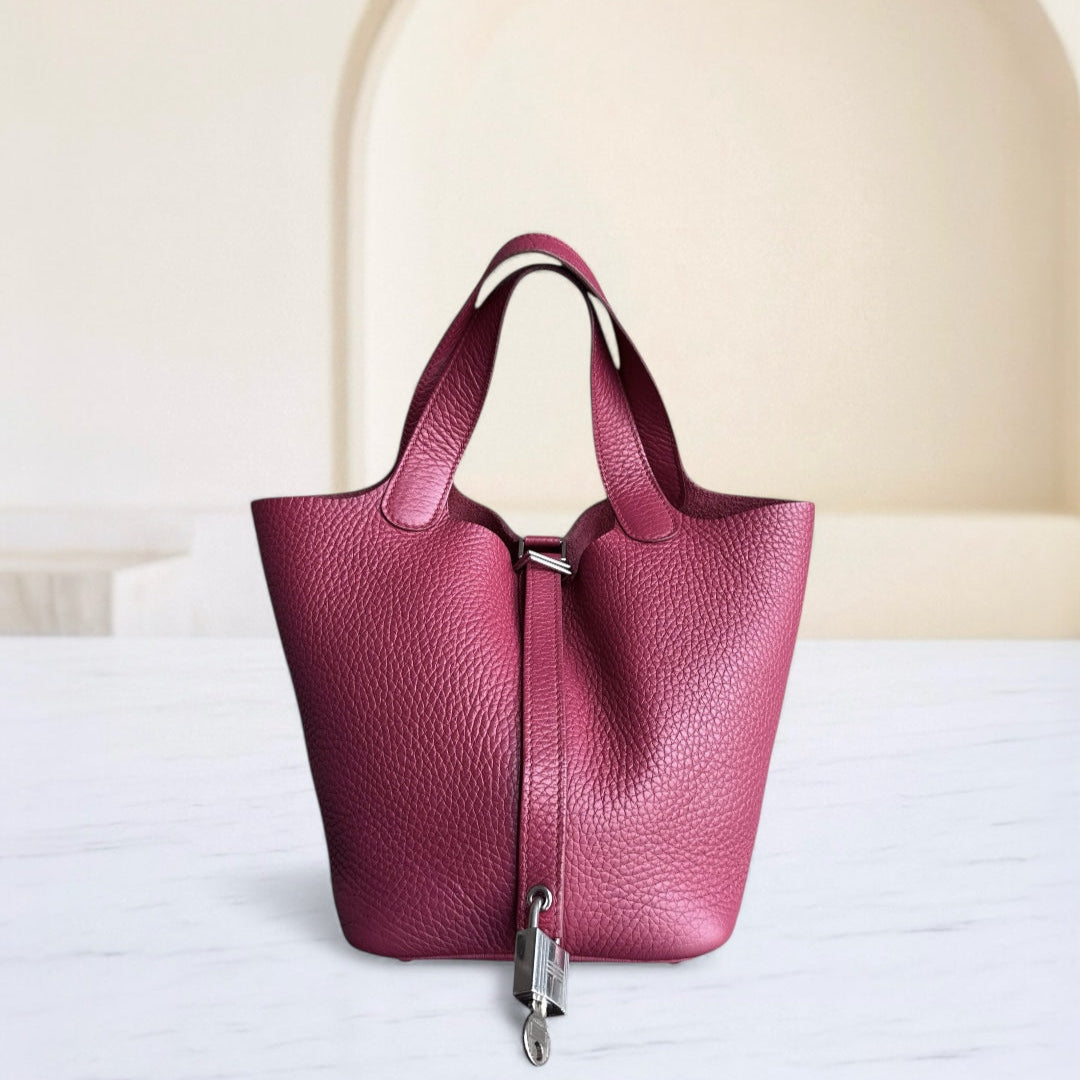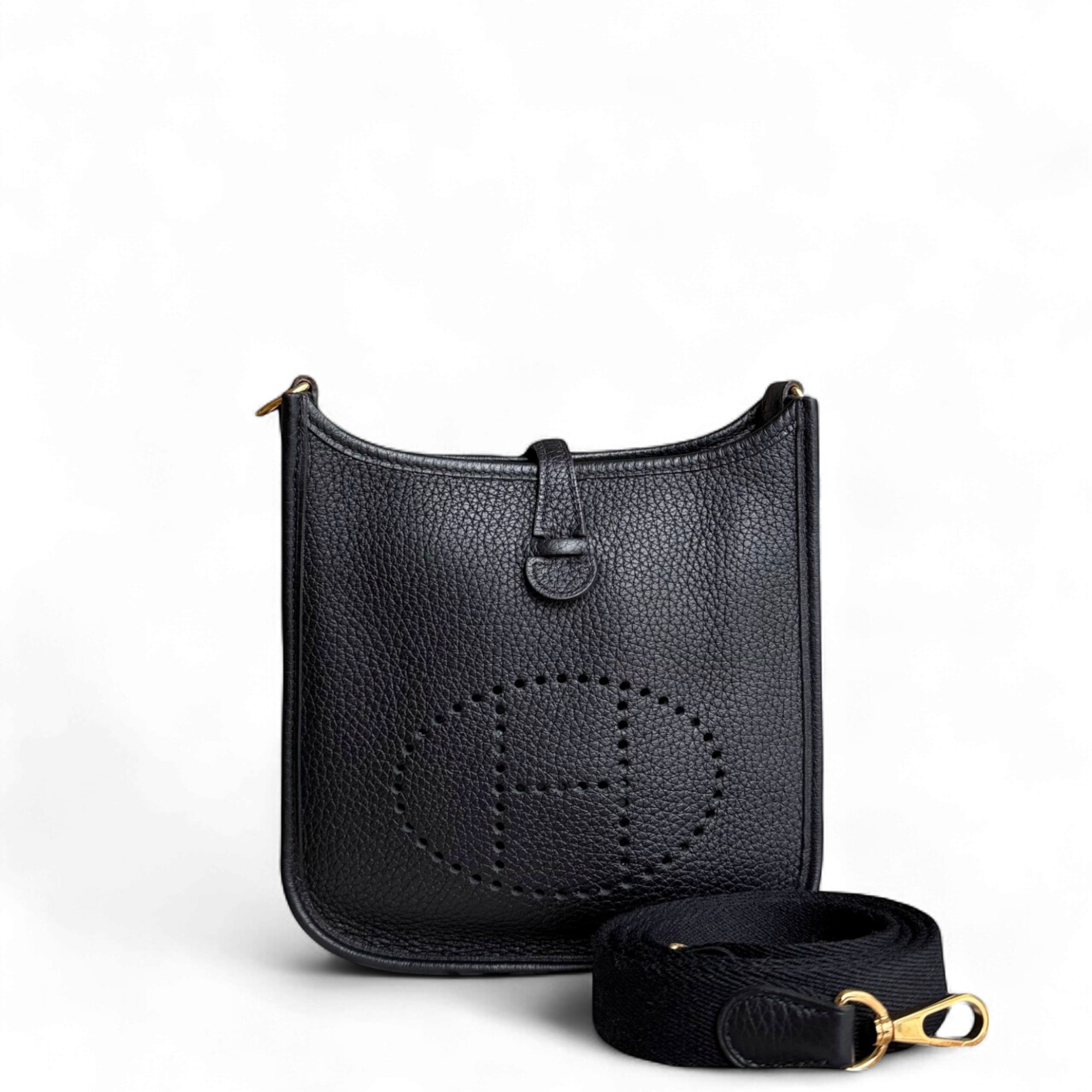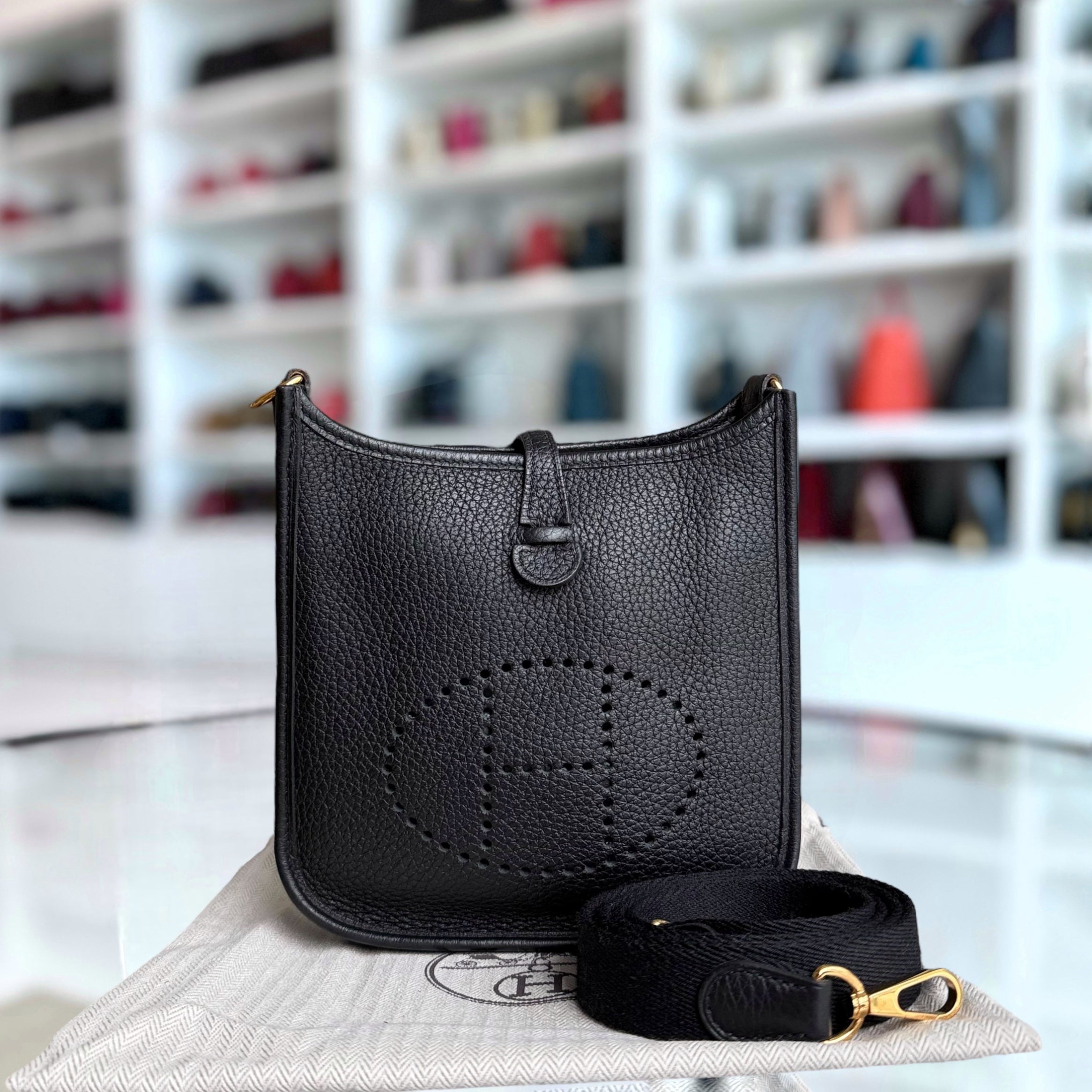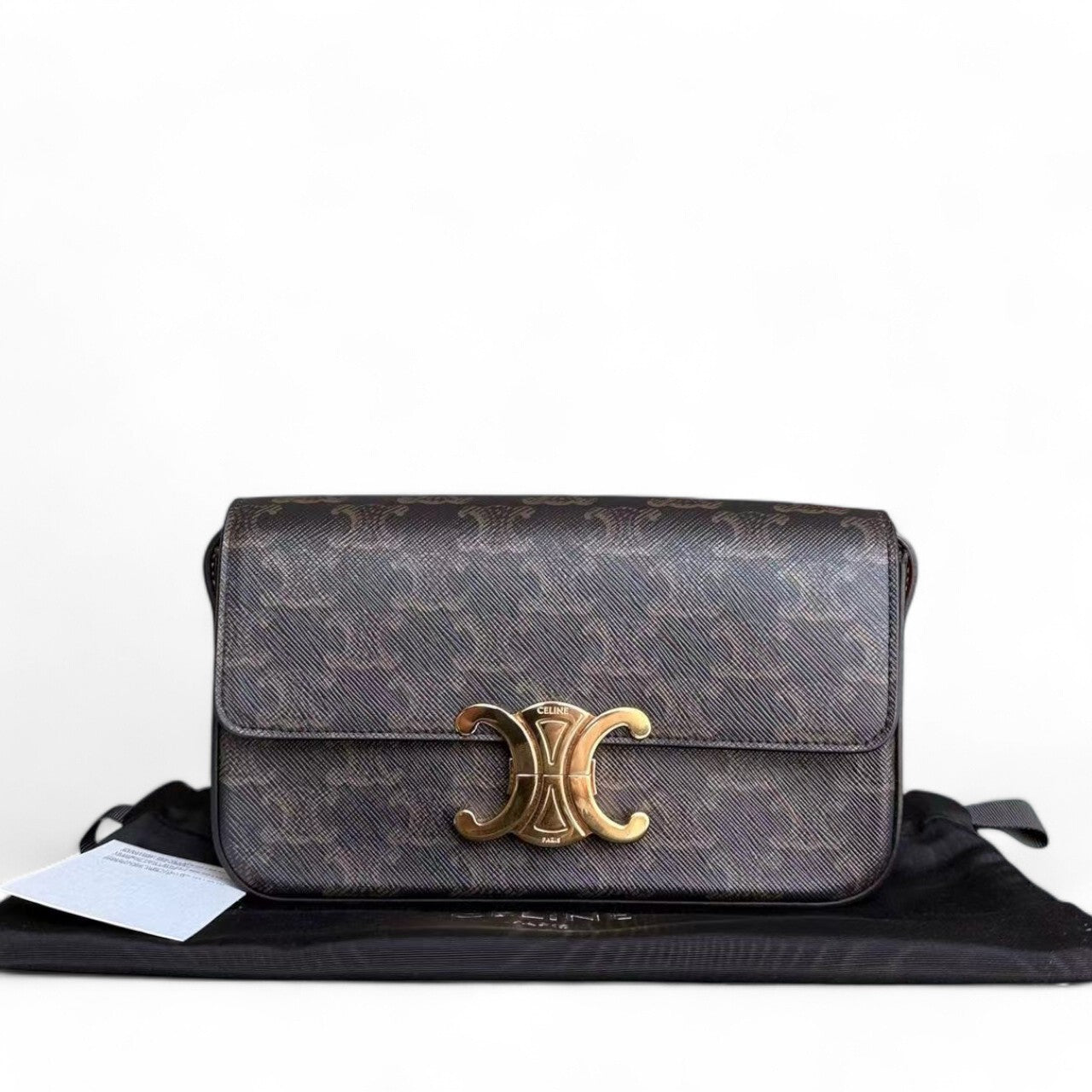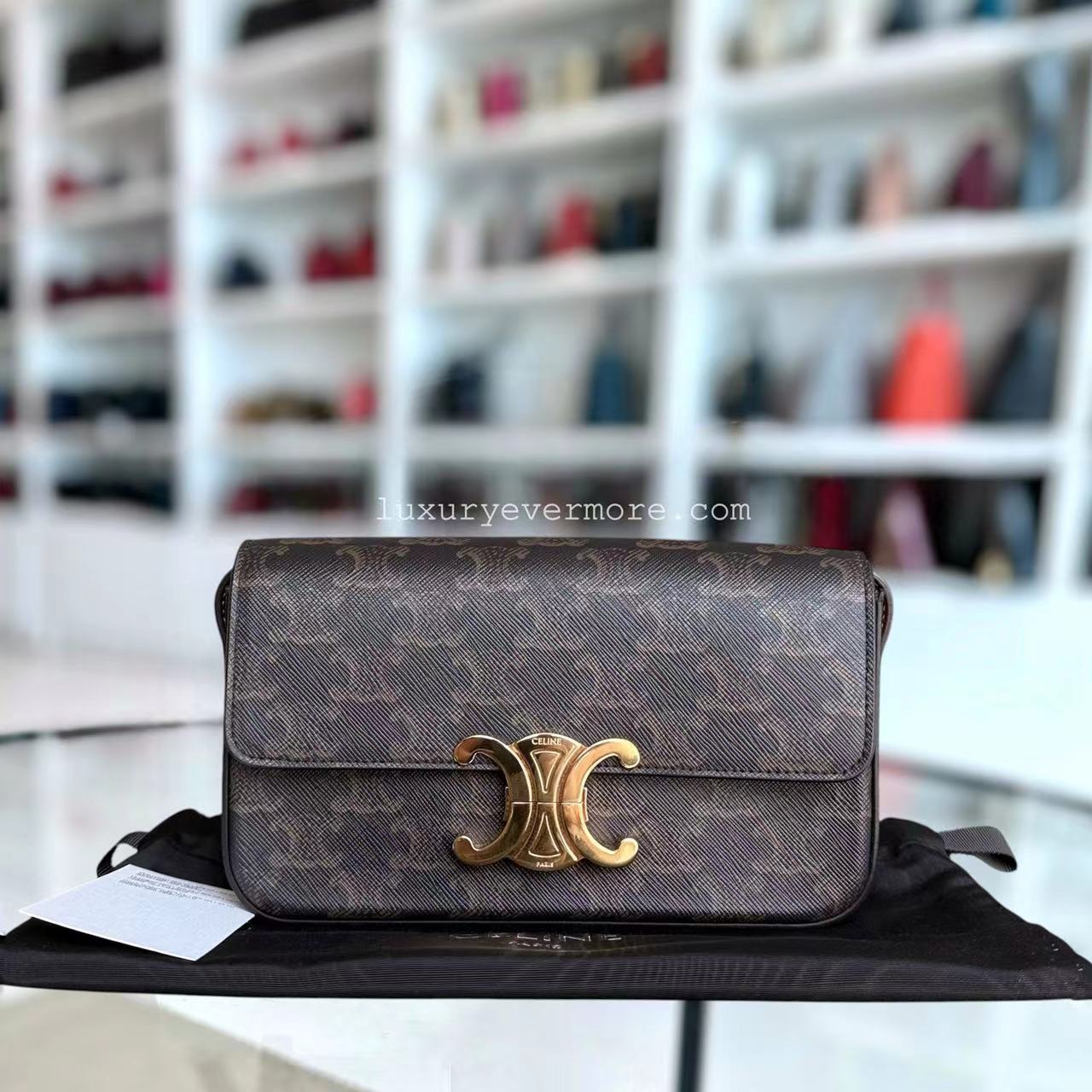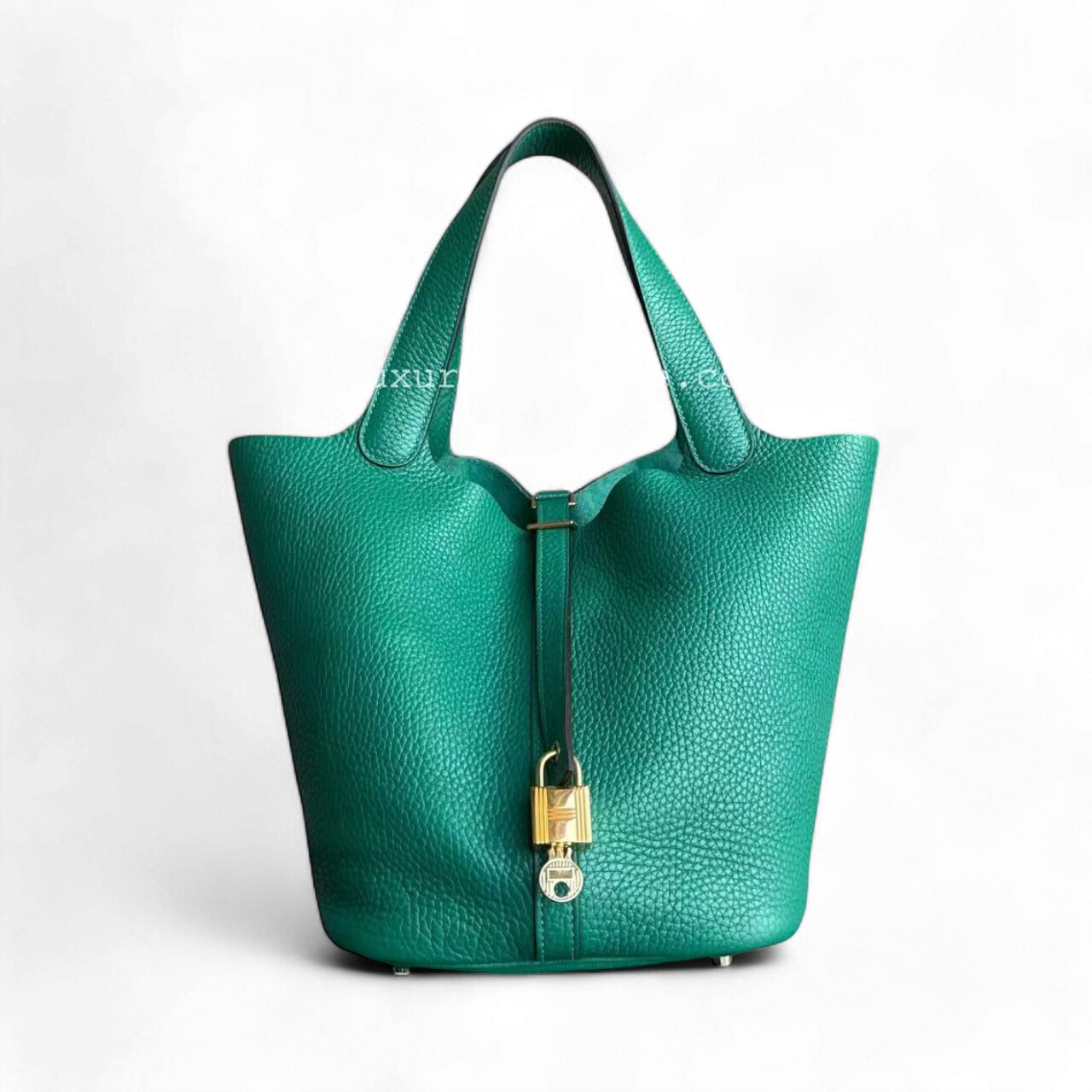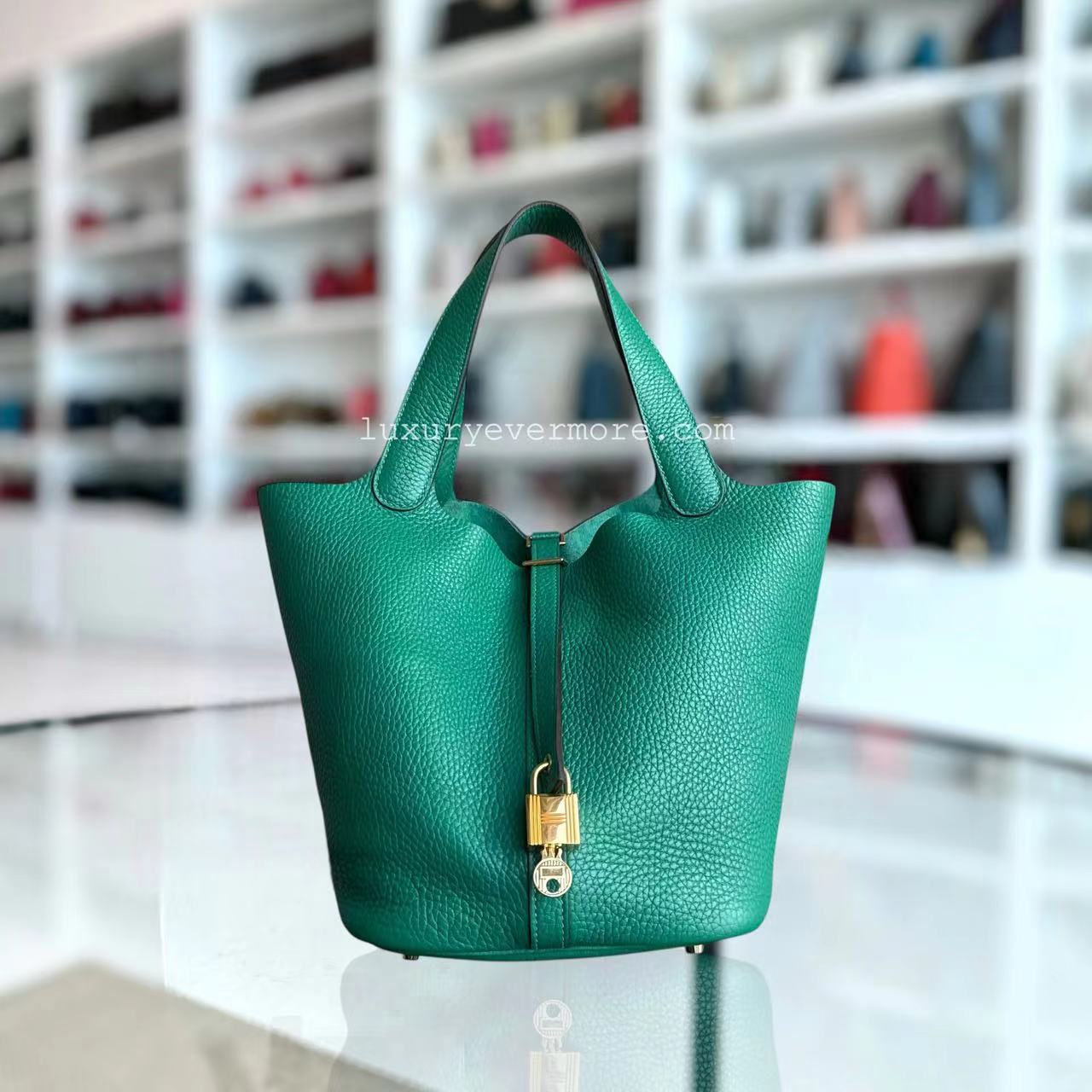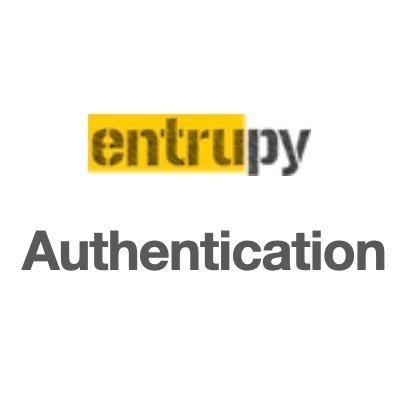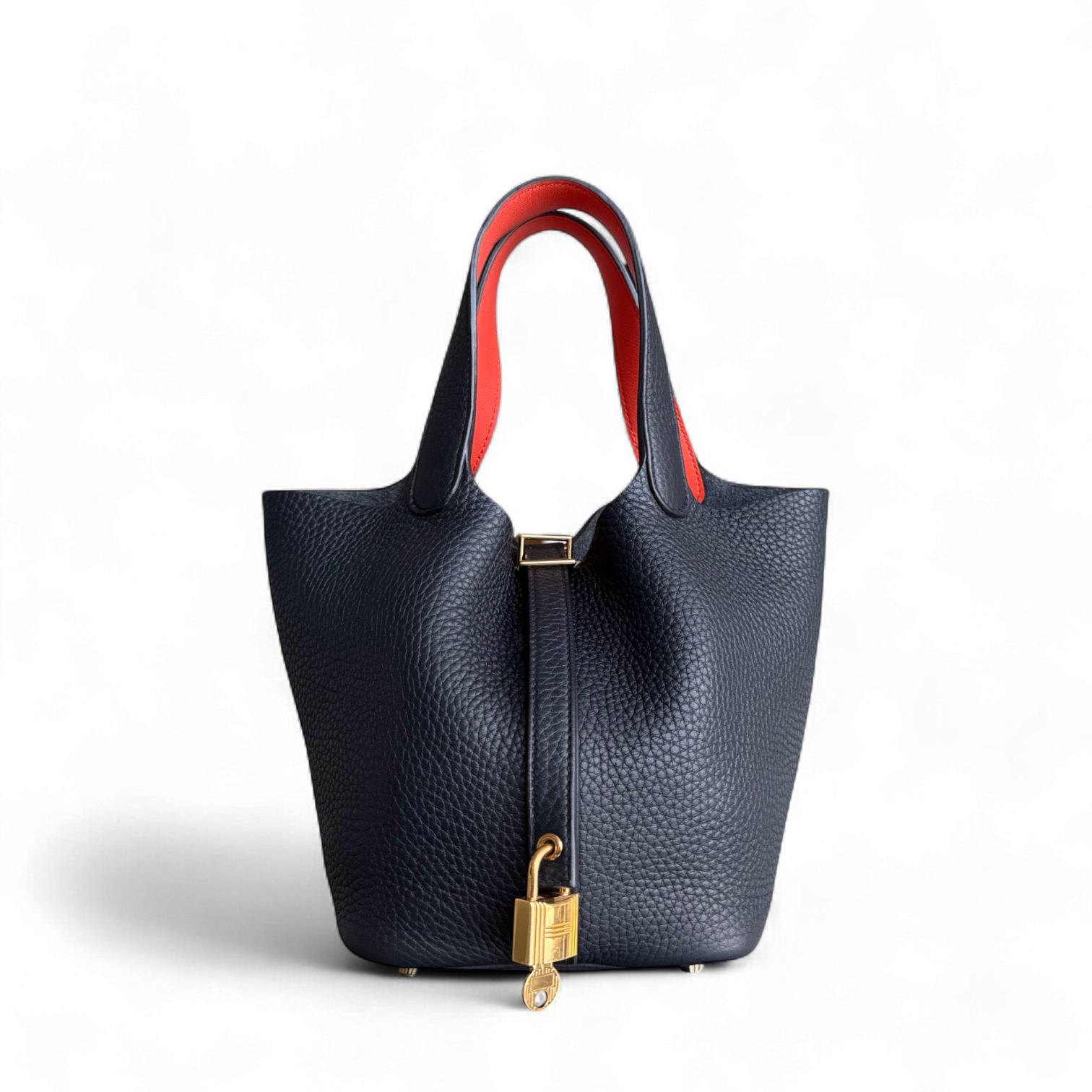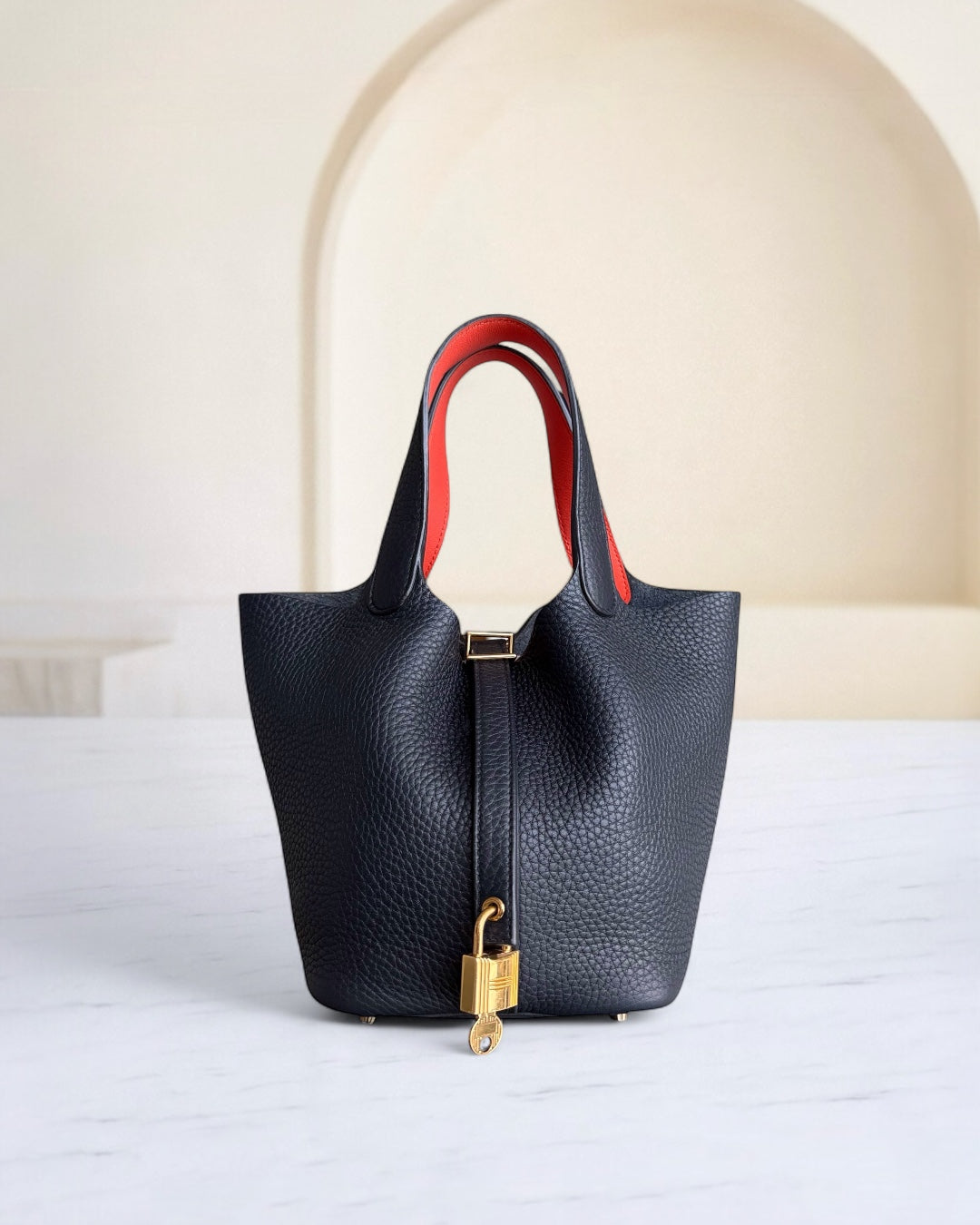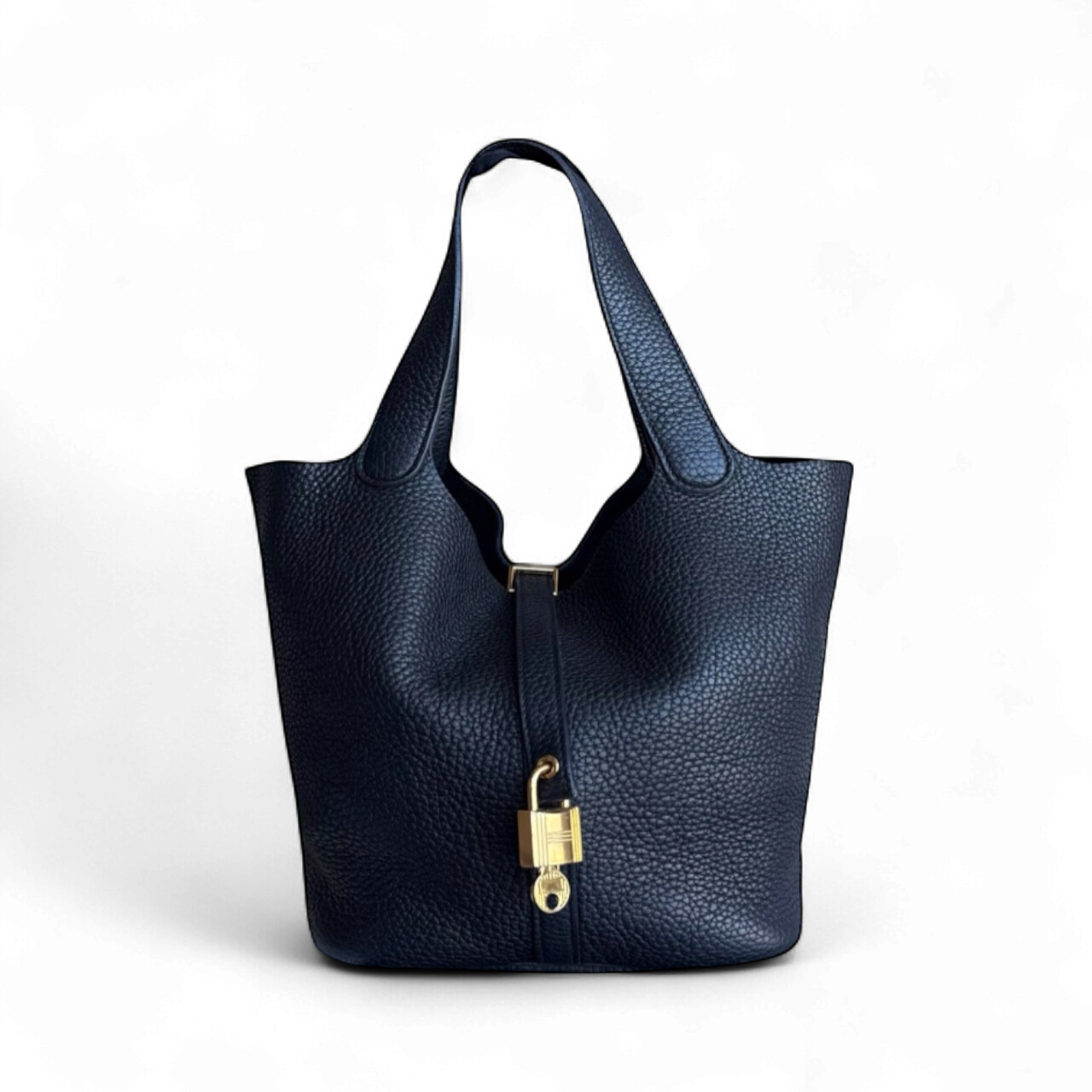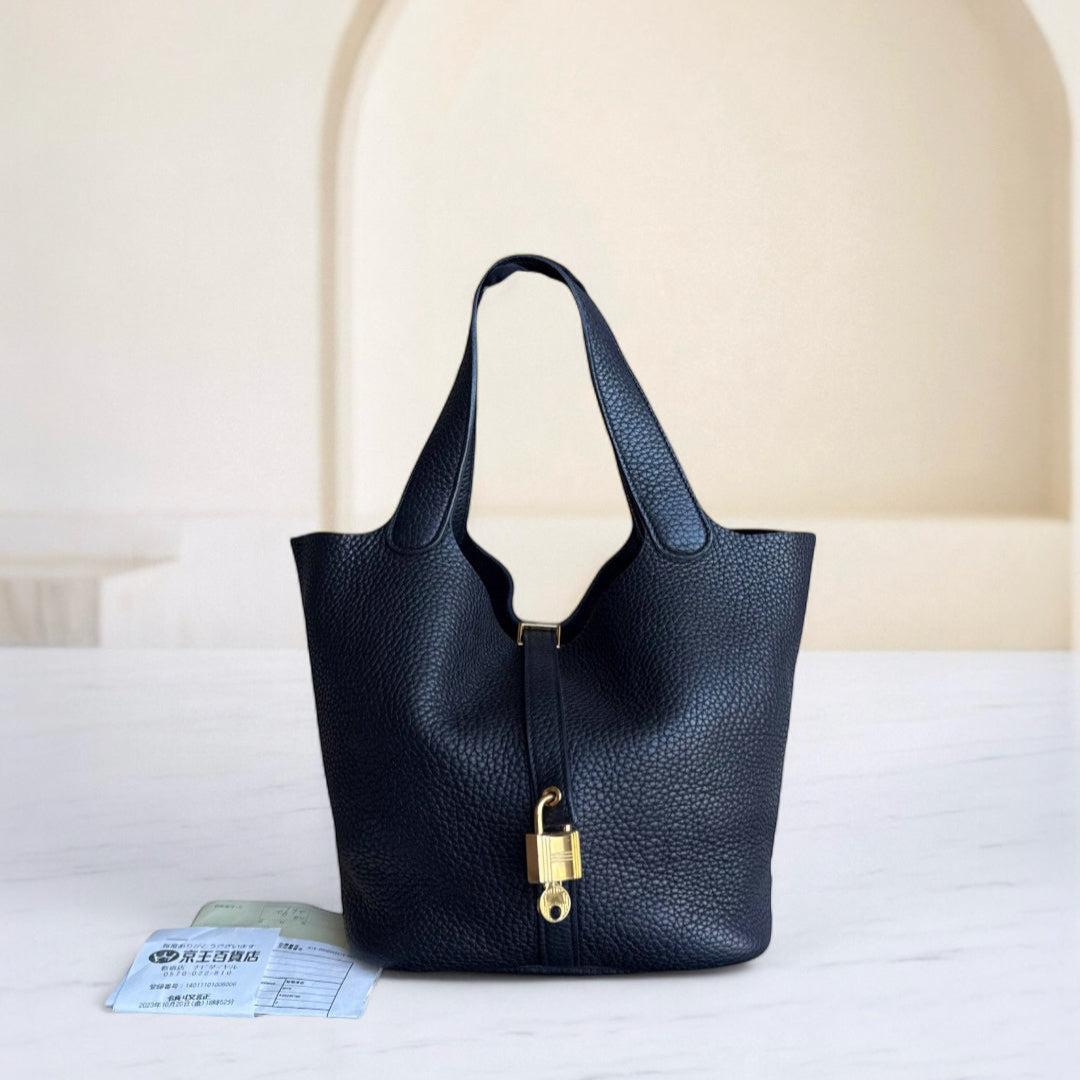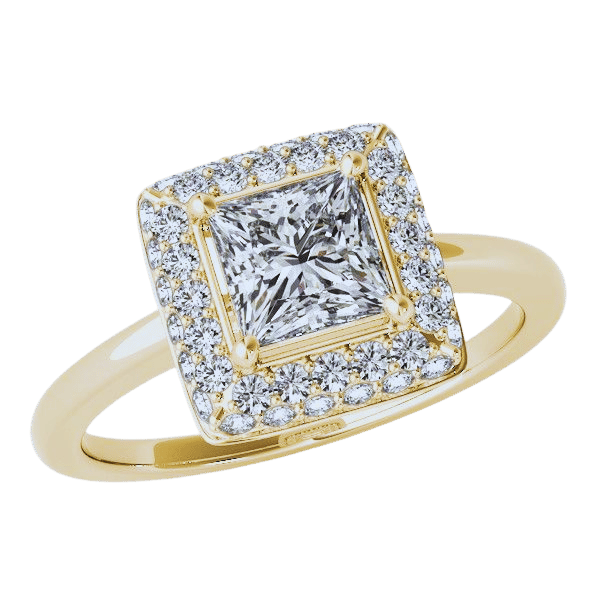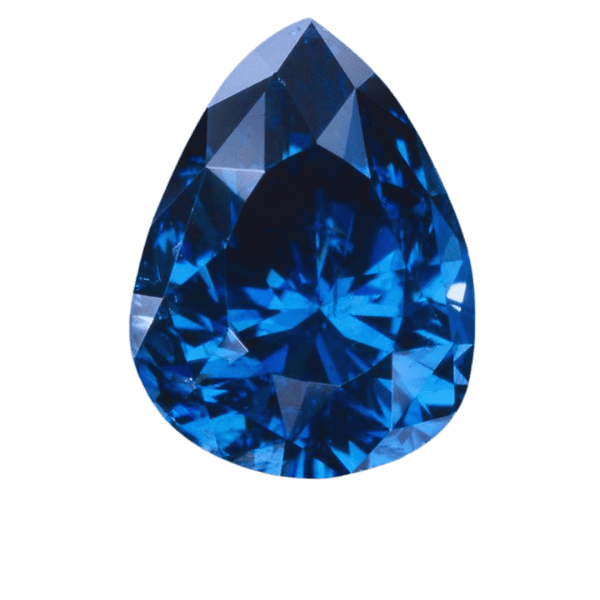Sell Your Diamond: The Best Way to Sell Diamonds Online for the Most Money
Regardless of whether you are looking to sell an engagement ring, a family heirloom, or another prized item, the chances are that you would want to get the best price while agreeing to sell it. Somewhat frustratingly, though, selling a diamond isn't exactly a walk in the park, especially when you consider the vast number of options available. This blog post is structured to help you sell your diamonds effortlessly, guiding you with industry tips, strategies, and everything else you need to sell your diamonds for the utmost value. After reading this article, you can sell your diamond with full confidence while minimizing the chances of falling into the traps many sellers often do when marketing their diamonds online.
How to Determine the Value of Your Diamond Before Selling?

Getting the full value of your diamond relies on you appraising it before selling it. Here are some ways you can use to determine the value of your diamond:
The Four Cs
- Evaluate your diamond in relation to The Four Cs which are Carat weight, Cut, Clarity, and Color. The characteristics are global accepted and have and will always affect the worth of the diamond.
Obtain a Professional Appraisal
- Seek the assistance of a certified gemologist or a diamond appraiser. They will professionally and objectively assess the quality of the diamond within a reasonable marketplace context.
Check for Certifications
- The prices of diamonds like those of other items with value are, especially those without a GIA certificate, always lower. Make certain you possess or can get the documents that defend the authenticity of your diamond.
Understand Market Trends
- Examine the resale environment of diamonds to appreciate the market forces of supply and demand. The volatility of the market may affect the value of your gem.
Once you can analyze these issues, you will most realistically know how to value your diamond in the marketplace before selling it. By preparing in advance, you can educate yourself and work toward the greatest profit.
What Are the Key Factors in Diamond Value?
A diamond's value hinges on a combination of several important attributes, which are recognized in the jewelry industry and consist of the Four Cs: Carat, Cut, Color, and Clarity.
Carat Weight
- The weight measured in carats is one of the key determinants of a diamond’s value. Larger diamonds are much more difficult to procure, which increases their price not only exponentially but much more than a simple pound per weight. A 2-carat diamond, on average, has a value over 2 times as much, if not more than, a one-carat diamond of the same quality.
Cut Quality
- The angle at which a diamond is cut determines the amount of light captured by the diamond, directly affecting how much brilliance and fire the diamond possesses. Excellent or Ideal-grade cuts are visually appealing and further enhance light refraction. Even if a diamond has a high carat weight, poorly cut diamonds fetch lower prices since they tend to appear dull.
Color Grade
- The color of diamonds is graded on a scale which ranges from D (colorless) to Z (light yellow or brown). Diamonds without colors (grades D-F) are the most expensive because of how rare they are and because they can reflect light perfectly. However, some rare shades like pink or blue which are known as “fancy colors” can sell for extraordinarily high prices.
Clarity Grade
- Clarity indicates the level of internal inclusions or external blemishes on the diamond. The lower the imperfections in a diamond, the higher the clarity grade, which increases its value. Flawless (FL) diamonds are exceptionally rare and attract a very high price in the market.
Additional Influencing Factors
In addition to the Four Cs, there are other factors that might affect the diamond’s value:
Certification
- The presence of grading reports from well-known institutions such as Gemological Institute of America (GIA) or American Gem Society (AGS) confirms diamond's quality. Users can be sure the diamond's quality is good. This certification can have a great impact on the resale value of the diamond.
Market Demand
- The demand in the market for certain diamond shapes or styles is not constant. For example, round brilliant diamonds remain a favorite to most people all the time, while emerald and pear-shaped diamonds tend to fad in and out of style.
Distinct Characteristics
- A few diamonds have certain features that may include uncommon fluorescence or being associated with important historical events, and these features make such diamonds exceptionally valuable.
From this analysis, sellers develop realistic pricing strategies, and buyers understand why some diamonds are valued more than others. Such transactions in the diamond market require adequate research and professional appraisals to be value effective.
How Does GIA Certification Affect the Selling Price?
GIA certification guarantees the quality and authenticity of the diamond and, therefore, greatly affects the selling price. Buyers appreciate having a resource that accurately describes key features of the diamond, such as carat weight, color, clarity, and how it was cut. Transparency reduces the trust default gap when dealing with uncertified diamonds, which often leads to higher selling prices. Furthermore, GIA certification provides the diamond with wider appeal because buyers who are knowledgeable about the industry are aware that it meets the minimum standards set.
Should You Get a Professional Appraisal?
Getting a professional appraisal is crucial for someone wanting to understand a diamond’s specific value, whether it be for resale, insurance, or estate planning reasons. With a professional appraisal, specialists determine a diamond's quality and market value by leveraging advanced technology, industry expertise, and existing market conditions. Industry data indicates that many appraisals consider the diamond certification, provenance, and international market demand, which greatly impacts valuation.
Insurance companies often place restrictions on coverage unless an appraisal report is presented. A verified appraisal ensures protection no matter the circumstance, whether it be theft, loss, or damage. In addition, for estate planning or liquidation purposes, an appraisal makes certain that distribution, as well as the selling part, is simple. Typically, the price range for appraising a diamond is between $50 and $150 dollars, depending on the complexity and value of the diamond, which is beneficial considering the understanding of the market. Obtaining an appraisal from a certified jeweler or gemologist increases the accuracy level, thus making decisions regarding the diamond more informative.
What Are the Best Places to Sell Diamonds?

Is an Online Diamond Buyer Right for You?
Selling your diamond to an online diamond buyer is hassle-free and enables you to get the best offers. Reliable buyers provide free shipping and insurance alongside fast valuations and payments. Regardless, it's always best to verify the buyer's qualifications, in this case, and check if the BBB or other such organizations accredit them or if they have solid customer reviews to guarantee that the process is safe and reliable. People who wish to sell their diamonds without leaving the comfort of their houses will find the combination of convenience plus professional service appealing. However, those interested in upfront cash or face-to-face negotiations with a dealer will surely be disappointed.
Comparing Local Jewelers vs. Online Platforms
In the case of selling or buying jewelry, it is critical to analyze the differences in features, services, and customer experience before making a decision with a local jeweler versus an online platform. Personalized service and direct interaction are usually the conveniences extended by local jeweler shops. Often, cash sellers can directly negotiate prices and receive immediate payment. Most known jewelers also provide accurate value assessments of jewelry pieces with no charge, though, as with most business offers, they may be lower to cover their production expenses and chances of selling the item. Local jewelers have a reputation for high operational expenses, as noted by industry information, which can negatively affect the cost they are willing to pay to buy items, which is a disadvantage for sellers.
On the other hand, many online platforms take advantage of lower operational costs that permit them to provide competitive offers. Numerous online platforms specialize in certain types of valuables like luxury watches and diamonds, and they may employ AI-powered tools or certified professionals for accurate and transparent valuations. Furthermore, sellers benefit from added convenience if platforms often cover the costs of shipping and insurance. Market research suggests that reputable online buyers frequently rival or surpass local offers, especially for high-demand items like oversized diamonds or exquisite gemstones. On the other hand, their payments can take a few business days to clear, and sellers must do business with highly rated, well-established sellers to feel secure.
In the end, striking a balance between local jewelers and online has to do with how an individual values immediacy, convenience, and the latter.
Are Pawn Shops a Good Option?
Depending on the circumstances, pawn shops can be handy when trying to sell jewelry. For those who need cash fast, immediate payment is highly convenient. Unfortunately, the offers are generally lower than what specialist jewelers or online retailers are willing to pay, since they need to sell the merchandise for profit. To maximize your return, it is always best to shop around to as many pawn shops as possibe so that they are willing to fairly evaluate your jewelry.
How to Sell a Diamond Online Safely?

What Steps Ensure a Secure Transaction?
When selling a diamond online, there are clear steps to follow to make sure that the process is safe while allowing the seller and buyer to reach a favorable agreement. These include:
Select Credible Sites
- Begin by looking for online buyers for diamonds or websites that have positive reviews from customers. Check for businesses registered with the Better Business Bureau (BBB) or those that offer guarantees like insured packages and secure payments. These include specialized diamond marketplaces and certified appraisal sites.
Confirm Accreditations
- Make sure your diamond is registered by industry placed like gemologists of America and International gemologists IGI. These places offer various certifications and provide in depth analysis of the stone's characteristics such as diamond cut, color, clarity, carat weight, and many others.
Catalog Your Diamond
- Make sure to take images of the diamond from multiple positions that show its unique features and marks. In addition to photographs, find any documents that can support the alleged quality of the diamond, such as previous appraisals.
Seek a Competent Appraisal
- Prior to shipping your diamond, ensure to get a complimentary inquiry quote or appraisal from reputable sites. Numerous buyers offer free preliminary evaluations either online or by mail to assist in establishing a price expectation. A few of these services may provide offers that are in line with market trends which guarantees that they will be valued competently.
Make Use of Insured Shipping
- Always use insured shipping from a reputable courier service when sending your diamond to a buyer. Various online services offer prepaid, insured shipping labels, which increases security and convenience. Make sure that the coverage is sufficient for the estimated value of the diamond.
Be Clear About the Payment Terms
- Confirm the payment modalities and timelines before completing the sale. Direct bank payments, escrow services, or PayPal are more secure payment options. Stay clear from wire payments as they do not have sufficient buyer protection, and always ensure that payment is confirmed before relinquishing ownership.
Look At the Market Data
- Perform an extensive comparison on the prices of diamonds to have an understanding of the market. The worldwide diamond market is volatile and is often subject to demand, certain grades, and economics. For instance, studies suggest that there is constant demand for high-clarity diamonds, and there is a significant increase in online sales due to the ease of access.
If sellers use the aforementioned methods, then they can minimize their risks and sell the diamonds for maximum value online.
How to Choose the Right Online Diamond Platform?
Confirm Authenticity and Licensing
- To establish credibility, check if the platform has proper licensing and third-party certifications. Gemological organizations tend to grant credentials to trustworthy platforms, and they proudly display them.
Examine Customer Reviews and Ratings
- Go through the reviews of past customers to determine if the platform is reliable and offers good customer service. Trustworthy platforms tend to have positive reviews and, more importantly, high ratings.
Assess/Further Examine Security Measures
- Check that the platform accepts secure payment methods and uses encryption to keep the user’s personal information safe during transactions.
Review the Return and Exchange Policies
- Be on the lookout for clear and reasonable policies that permit return or exchanges if the diamond fails to meet your expectations.
Evaluate Prices Against Services Offered
- Check if the platform gives value by offering competitive prices along with other services like grading reports or free appraisals.
By adjusting these aspects, one can easily choose a diamond platform online that is trustworthy and meets customer needs without worrying about paying their money.
What Are the Risks of Selling Diamonds Online?
There are various risks associated with selling diamonds online, and each of them is important to take into consideration. One of the risks includes possible fraud from payment scams or payment delinquents who do not pay after receiving the package. Another issue to consider is that without proper insurance, the shipper may lose or damage the diamonds. One more risk is selling on non-verified sites, which may not give the seller the proper value for the diamond, further decreasing profit. Having reputable sources of information, secure payment methods, and reliable shipping options will help mitigate some of these risks.
What is the Selling Process for Diamonds at a Jewelry Store?

What to Expect When Selling to a Jeweler?
The steps in selling a diamond to a jeweler are relatively clear and sequential, starting from the jeweler’s assessment of the diamond’s carat weight, color, clarity, and cut. The assessment may include the jeweler employing some specialized tools and techniques to gauge the diamond’s value. Also, the jeweler will commonly check for accompanying GIA or AGS certifications, which are useful in confirming the diamond's grade and authenticity. After the appraisal is done, the jeweler will usually make an offer that is aligned with the current market value and their retail requirements. Upon accepting the offer, the transaction is closed, and payment is rendered in cash, check, or wire transfer. It is advisable to go to several jewelers in order to get the best rates.
How Does the Resale Process Work?
The entire resale process for diamonds incorporates a number of stages designed to capture the fairness of pricing and the transparency of the transaction. The process commences with preparing the diamond for sale, which entails collecting all original purchase documents, certifications, and proof of authenticity. These documents are crucial because diamonds certified by respected bodies such as GIA (Gemological Institute of America) or AGS (American Gem Society) come with verifiable grades, thus selling at higher prices.
Your diamond will first be appraised when walking into a professional jeweler, auction house, or online shop. During this stage, makers or gemologists assess important qualities of the diamond known as the "Four Cs," which include its carat weight, cut, color, and clarity. Studies show that well-cut diamonds can appreciate over time and retain more value because of their beauty and appeal in the secondary market. During this assessment, some gems undergo evaluation with microscopes, refractometers, or other equipment to identify inclusions and confirm the diamond’s authenticity. Furthermore, prevailing market trends suggest that certain diamonds with high clarity and exceptional cut form tend to attract higher prices.
Global economic fluctuations, supply, and demand affect the market value of diamonds. For example, the data from 2023 indicates an increased demand for lower carat weight diamond jewelry in emerging markets, which has caused these 1-carat diamonds to be sold for somewhere between 1,800 and 12,000 dollars depending on their grade. These trends have also shifted resale values.
Strong fellas and reputable platforms provide a detailed explanation as to why a diamond is priced a certain way. This is done for transparency purposes and to build trust with the consumers. After the appraisal, the seller considers the overhead, the buyer, and what the item could be resold for in order to make a decision. If the seller wishes to receive the highest bid, it is wiser to obtain quotes from more than one pawnbroker, jeweler, or online reseller. Instant quotes have made online diamond stores popular amongst a wider audience since they are able to offer competitive quotes on a global scale.
Once an offer has been accepted, the transaction is completed with payment given in cash, deposit, or another agreed method. In some cases, using trade-in or consignment is also feasible, depending on the high value the seller wishes to sell the diamond for. To remain safe during the process, working with verified buyers who are well-respected in the industry is recommended.
What Factors Influence the Final Price?
Every diamond's price is determined by various interacting elements that collectively create its market value. Quality, determined by the carat weight, cut, color, and clarity referred to as the 4Cs, is arguably the most important. Premium prices are especially true for diamonds with remarkable clarity or a flawless cut and higher carat weight. Industry standards also indicate that round brilliant cuts enjoy exceptional market preference as they are well known for their light performance compared to other shapes.
Demand in the market always remains crucial. Fancy colored diamonds like pink, blue or yellow diamonds are notoriously expensive as they are considered the most desirable among collectors and investors. Sustainable and lab-grown diamonds appear to be gaining attention in the market indicating a positive demand trend, especially with lab-grown diamonds costing substantially less than natural diamonds, sometimes 50-70% less.
Certification and provenance are yet another differentiating factor. A diamond with credible grading reports from GIA or IGI is more expensive since these institutions guarantee the stone's authenticity and quality. Moreover, these days, where stones come from ethically is becoming more important since consumers prefer socially responsible purchases, making them willing to pay a premium.
Ultimately, selling through a specific channel impacts pricing. For instance, retail prices tend to be higher because they include additional markups, while selling directly to primary markets, such as online stores or auction houses, can be more competitively priced. Still, these avenues require a balance of trust and scrutiny to ensure you’ll deal with buyers who will provide reasonable valuations.
How to Get the Best Price for Your Loose Diamonds?

Is It Better to Sell Loose Diamonds Separately?
Depending on the traits of the diamond and its market price, selling them as loose diamonds could prove advantageous. Each individually sold diamond can be valued separately, making it easier for buyers to judge the cut, clarity, carat, and color of the diamond. This makes it easy, especially for high-quality stones, which may be sold at help to higher rates due to their unique features. Furthermore, there are increased chances of specialized buyers or markets being able to purchase the specific types of diamonds which increases the sales. There needs to be consideration of how much time and work goes into making individual sales versus the more convenient and straightforward option of selling as a group.
How to Find the Best Place to Sell Diamonds?
As with anything, picking the right market to sell your diamonds requires systematic research. Reputable diamond buyers, like professional jewelers, pawn shops, diamond auction houses, and even online marketplaces, have their unique merits. For example, diamond sellers on the internet usually guarantee free shipping, thorough appraisals, and a straightforward sales process.
Market research discloses that certified diamonds, especially those with GIA grades, have higher resale value in these diamond markets compared to unbranded ones. Buyers who openly clarify their appraisal procedures and provide free initial estimates after examinations should be given priority. Online platforms like Worthy and Diamonds USA are becoming increasingly popular due to their speedy service and high customer satisfaction ratings.
Checking what previous customers have to say about the seller will save you from fraudulent dealers. To get the best pricing, the sellers should also be able to tell if they focus on certain diamond qualities. Maximizing resale profits is achieved through knowing value depreciation trends and selling to informed sellers. The result is best achieved when a balance between convenience, competency, and competitive pricing is offered to the seller.
What Preparations Should Be Made Before Selling?
Absorb these tips before trying to sell a diamond:
- Secure an Updated Appraisal: Have a certified gemologist appraise the diamond to estimate its current value because a baseline for a fair price will be given.
- Check For Certification: Confirm a grading report has been issued from a recognized body like GIA or AGS. This will further strengthen a buyer`s confidence while allowing higher offers to be put forward.
- Find Out The Market Value: Understand how much diamonds are being resold for and market trends to sell your diamond for a reasonable price.
- Examine and Clean the Diamond: Clean and well-cared-for diamonds can be associated with higher value.
- Collect Documents: Put together all documents like the original invoice and previous appraisals to easily prove ownership and authenticity of the diamond.
By taking these, one can streamline the selling process and maximize profits.
Frequently Asked Questions (FAQs)
Q: Where's the best site to sell my diamond ring or diamond jewelry?
A: The best option to sell your diamond ring or jewelry online is with a reputable diamond-buying service. These services provide great rates, safe transactions, and frequently free evaluations. Search for diamond service providers who have good reviews on their websites.
Q: What should I do to make the most profit from my diamond?
A: For getting the most out of your diamond, use these tips: 1) Get an appraisal done by a professional, 2) Understand your diamond’s value using StoneAlgo’s Diamond Check, 3) Get offers from a few buyers and compare them, 4) Check out resale platforms, 5) And finally, be ready to negotiate the price.
Q: Would it be better for me to sell my diamond to a local jewelry store or online?
A: Local jewelry shops are easy, but the price you would get from selling online is usually better. The prices are better due to lower overhead costs from online sellers. Still, if you want face-to-face deals with a local seller, a good town jeweler is useful for selling diamond jewelry and pieces.
Q: What are my options for selling diamonds for cash?
A: To convert diamonds to cash, you can choose from 1. Online diamond buyers, 2. Local jewelry stores, 3. Auction Houses, 4. Pawn shops, or 5. Diamond exchanges. Local options are faster, but online scammers may offer better deals. Think about your priorities (price vs. convenience) points before deciding where to sell.
Q: How do I establish the worth of my diamond before trying to sell it?
A: In order to prepare to sell your diamond, you should: 1. Get a professional appraisal, 2. Use online diamond value calculators; 3. Review the sales of comparable diamonds, or 4. Examine the cut, color, clarity, and carat weight. As a general rule, keep in mind that the resale value is typically lower than the retail price for new diamonds.
Q: May I sell diamonds that are flawed or small in size?
A: Yes, you can sell flawed diamonds and small diamonds. While smaller or more flawed stones will naturally fetch lower prices, online buyers are often more willing to purchase diamonds of all qualities and sizes. Some buyers specifically purchase diamond melee (very small diamonds) in bulk.
Q: What are some details to keep in mind when selling diamond engagement rings?
A: Here are a few details to remember while selling a diamond ring: 1) Resale will always be lower than the original purchase value, 2) The diamond alone usually is worth more than the setting, 3) Separately selling the diamond and the metal can yields better profits, 4) Documentation of the ring's attributes always helps, and 5) Be prepared with emotions; it is a personal item.
Q: Is selling diamonds on the internet any different than selling them physically?
A: There are added “perks” in selling a diamond engagement ring online but also added risks that come with it: 1) Fake buyers or potential scams, 2) Listing the diamond for far lower than its value, 3) Using unprotected and non-traceable shipping options, and 4) No face-to-face contact. These risks can be avoided by sticking to well-known buyers, ensuring every shipment, and requesting multiple estimate offers before a final decision.
Reference Sources
1. Friction between Reticence and Narrative in Local and Global Interconnections along the Ethical Canadian Diamond Supply Chain
- Author: Linda Armano
- Publication Date: November 1, 2023
- Summary: This research looks into the cultural narratives encompassed in the Canadian ethical diamonds’ global portrayal through the lenses of different stakeholders such as miner company employees, Indigenous people, jewelers, and even consumers. This study reveals the gap between the official discourses of ethical diamonds and participatory accounts, especially as it transitions from a mining to a retail setting. The results indicate that the stories associated with the marketing of Canadian diamonds are shaped by the local and global environment, influencing how consumers perceive the products and the selling techniques employed.
- Methodology: Armarno conducted ethnographic research at both sides of thediamond supply chain, the Canadian Northwest Territories and jewellery stores in Milan and Bologna, focusing on qualitative interviews and participant observations (Armano , 2023).
2. Price
3. Diamond
4. Gemstone
Contact Luxury Evermore should you need help with acquiring or building up your collection. There is a variety of brands with different styles, as well as sizes, and colors, for example, Hermes, Chanel, lv and Dior. If you are not lucky enough to find the bag you are looking for on our website then our concierge team will probably be able to order it for you. We provide 100% authenticity guarantee for all our bags, and any item sold on this site will be dispatched to you within one to two business days upon receipt of the payment.
